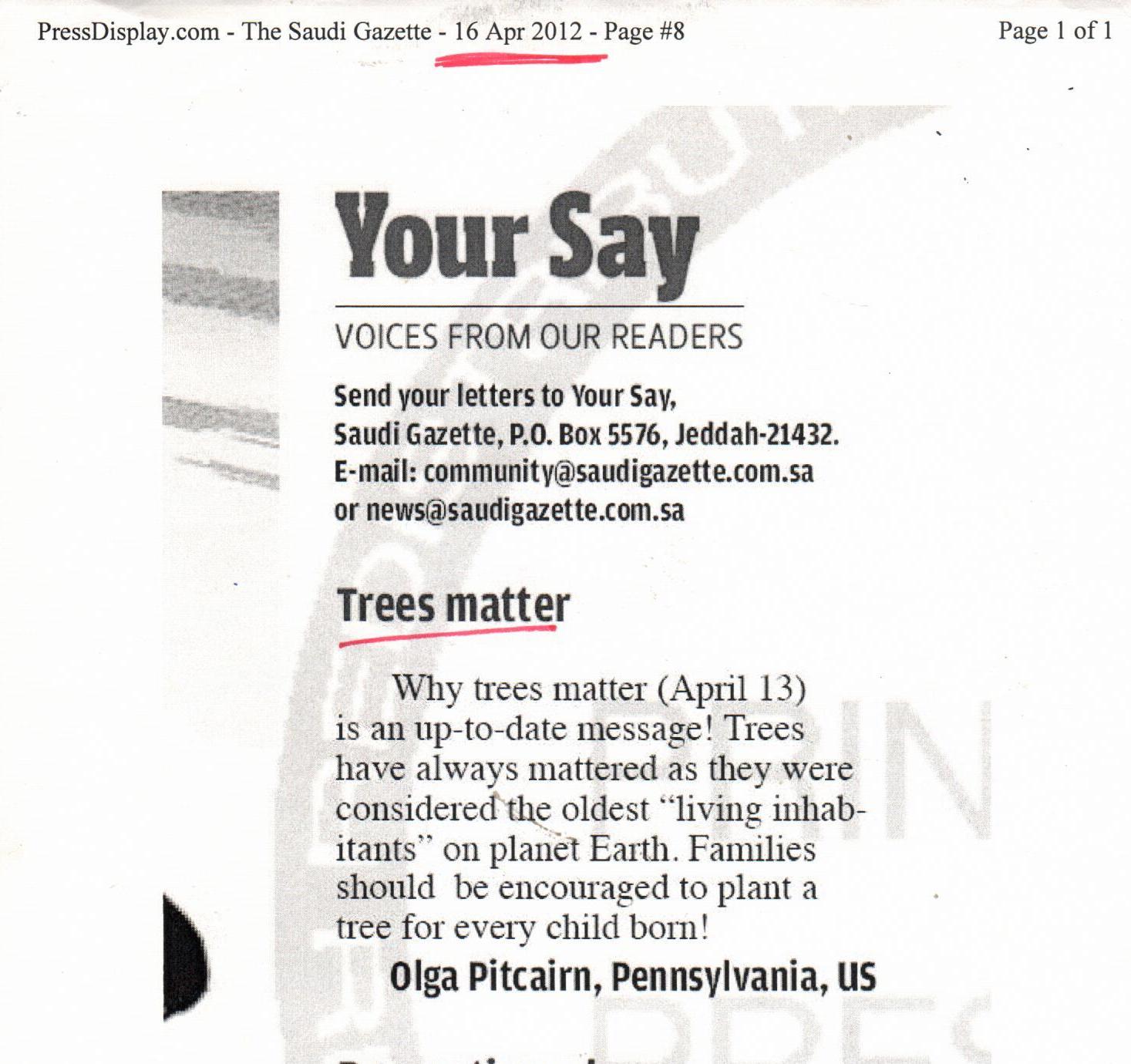January
2022—website
THE MYSTERY OF THE MISSING PORTRAIT
Continuation of 2021
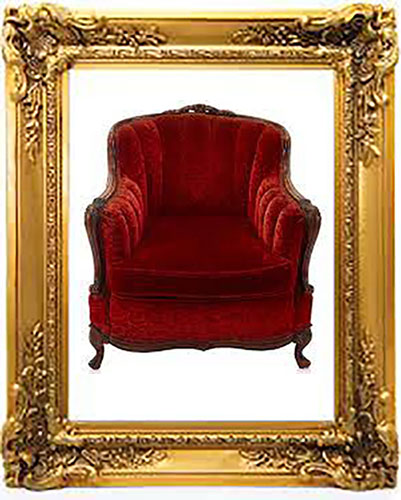
Amsterdam
December 1925
Gallery Ava Riss
It was the day before Sinterklaas that Phlip ushered Teddy Rockwell into the gallery where he would meet his angel on Earth: Mieke.
Dina and Mina had carefully chosen Mieke’s long-sleeved silk dress—soft foam-green with a white cloudlike print enhancing her hazel eyes. Her dark brown hair, parted in the middle, was pulled back into a chignon—showing off her oval face.
Mieke stood in front of the lit fireplace holding in both hands her white fan when the two men entered. Tony and Mina rushed up to welcome them. Poldie and Dina joined Mieke. Johan came with a tray, offering Mosel. They cheered Teddy’s “homecoming”. Tony told him how much he had enjoyed reading about angels and the afterlife.
Mina guided the party to the back room decorated with yellow-painted wooden shoes filled with hay and green apples. Phlip was showing Teddy a canal scene on the easel, Johan’s oeuvre, when, out of the blue, Kasper showed up with a red-and-gold-wrapped parcel.
“Mieke!” Kasper shouted. All smiles, he came and kissed her on both cheeks. “I have a present for you. Happy Sinterklaas!” and he gave her the parcel.
All eyes turned to the couple.
Phlip put his hand on Teddy’s arm and said, “Dina told me that Kasper comes often to Laren for a chat with Nico. He, also, has grown very fond of Mieke, Dina said. She hopes he’ll propose one day.”
Teddy looked at his watch. “I’ve a meeting with a Dutch art collector in fifteen minutes.” He waved at the party admiring Kasper’s gift. “I’m giving a dinner party tomorrow at my hotel. Phlip, please invite Mieke, her mother and uncle, so we can chat at leisure.”
Phlip stood at the window watching Teddy enter the hired automobile. Dina joined him.
“Your scheme worked like a charm,” Phlip said in a low voice. “Tomorrow we have dinner at hotel Amstel.”
“Wonderful,” Dina said as she squeezed his arm. “Kasper will be thrilled to get his dream fulfilled. I’ll sign the document before he says goodbye forever to our Mieke.”
“I agreed to help you, Dina,” Phlip said, “because Teddy and I have formed a deep friendship. And Mieke will cement the bond.”
“I need to be alone with Kasper and Mina.” Dina went to the back room. “Please Phlip, take Mieke, Tony and Johan to our café.”
At the office, Mina sat behind the desk on which was a handwritten document. To her left, Dina and Kasper smiled at each other—like parakeets ready to pair.
“Kasper,” Mina said, “I understand that you met Adam da Costa at law school in Leyden.”
Kasper nodded. “Adam is from a prominent family in Curacao. They run a law firm in Willemstad.” He took Dina’s hand. “Adam offered me a partnership. When I told Dina, she suggested I fulfill my dream.” He pointed at the document. “Adam was forthcoming. He told me that a down-payment of half the amount would be agreeable and the remaining sum to be paid in five year installments.”
“Yes,” Mina said, putting a finger on the document. “Dina, how were you able to sign over two hundred thousand guilders?”
“Phlip loaned me the money.” Dina smiled. “We have a private agreement how I’ll pay him back.” She looked Mina in the eyes. “I told you so when we discussed mother-in-law . . . benefits.”
Mina chuckled. Nodding, she rose, and said, “Dina, sit and sign.”
With a flourish, Dina signed. She rose, and waved at Kasper to sit and sign.
Mina came with a tray and served Moet & Chandon.
The women toasted, “Kasper . . . here is to your great future in our Dutch West Indies!”
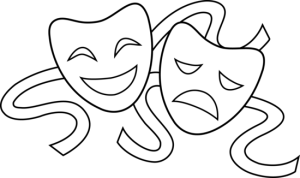
At Hotel Amstel
Poldie told Mieke, without blinking an eyelash, that Kasper’s gift had been a farewell token. Kasper was leaving for Curacao to practice law because Moeke had told him, point blank, that she would not let her eldest daughter leave home for married life in the West Indies.
Dina thought it prudent to prime Mieke—for her dinner debut—how to bewitch Teddy. He should be fascinated by her captivating smile. She should catch his eye and smile often; hoping he noticed that she resembled his mother.
Dressed in angelic white, Mieke sat to Teddy’s left and next to Phlip. Dina, in proper navy blue, sat between Teddy and Poldie. The dinner conversation started with the host graciously asking Dina to select the main course. Her eyes, glued to the page with “viandes,” lit up and, looking at Teddy, said that her favorite dish was Roast stuffed Rib of Veal and was listed as Carré de Veau a la Duxelles: specialty of the house.
As if yielding a baton, Dina voiced her charm telling stories of her youth—Teddy understood Dutch—making him laugh. Mieke, all smiles, occasionally put her hand on Teddy’s arm so he would pay attention to her. When the table was cleared, Teddy asked Mieke to choose their dessert.
Mieke turned to Phlip and asked him if he remembered the dessert his sister Eleanor had served the previous summer. Phlip smiled, saying that pious angel mousse was also his favorite. The maitre d’ said that the pastry chef daily made this mousse as his own wife craved it. Broadly smiling, he said, looking at Teddy, that this mousse was laced with rum and cognac. Teddy laughed loudly, saying his tipple was whisky; therefore this dessert would be his favorite as well. He turned to Mieke, asking if she’d like champagne with her angel dessert. The sommelier recommended Roederer Rosé.
Face flushed, Teddy asked Mieke how old she was when Phlip came into her life. Giggling, Mieke told him that she was five years old. She met him in a park in Paris where he was painting a flowering apple tree. She joined him and they started talking in Dutch! Her parents, she explained, had taken her and her brothers with them when they visited Paris.
Dina put her hand on Teddy’s arm and said that she and Nico had been celebrating their 7th wedding anniversary. She gave a vivid account that in 1910 traveling from Amsterdam to Paris with three small children had been an odyssey: packing diapers; baby food; toys, and the twin baby carriage; and so on.
Teddy stared at her; then he asked why the boys had to come along. Dina replied, folding her hands as if in prayer, that none of her siblings had offered to look after them. She nodded at Teddy when she said it was a promise Nico had made, because at the time of their marriage he couldn’t afford this trip.
Phlip put his arm around Mieke who had closed her eyes when her mother “relived” the family odyssey. When Teddy wanted to know where the boys were, he replied that the youngest had died of whooping cough; and the older boy was in a private home for handicapped children because he had fallen in a canal, hit his head on a boat, nearly drowned, but was rescued. The poor boy’s brain had been permanently damaged. Phlip wiped away a tear telling the sad story. Teddy was visibly moved and took Dina’s hand, squeezing it. Poldie then told a story about the time when Mieke and Nikolay were playing on the beach at Zandvoort . . .
When the party left the hotel, Teddy, in high spirits, embraced Mieke and kissed her on her cheek. He put his arms around matronly Dina and accepted her luncheon invitation to join them in Laren four days hence. Phlip and Poldie smiled.
As the men escorted mother and daughter to the gallery, where they were staying with Mina, they agreed that Dina had wrapped the American around her little finger. Phlip whispered in Mieke’s ear if she could imagine being married to Teddy. Then he told Poldie that he wouldn’t be surprised if Mieke would soon become Mrs Rockwell; to be shown off to gossipy Pittsburgh society. Poldie smirked when he said in a hushed voice that the jilted suitor returned with a 20-year-old, beautiful Dutch wife.
The following day early morning, Phlip and Poldie showed up at the gallery. Poldie took Dina for a stroll and told her it was necessary for Nico to return home immediately as Teddy might propose marriage. He suggested sending Nico a telegram that Phlip had told her: No Nico, no proposal. Mincing no words, Dina said that Gigi would cry her eyes out if Faty would not celebrate Christmas with her and mummy. Nana would need a “plaster”: benefits. Her dear brother should mention this to Nico, who should offer Nana two thousand guilders as a gift from Gigi’s sisters Mieke and Phina. Dina and Mieke returned to Laren.
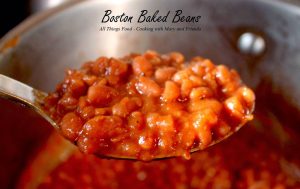
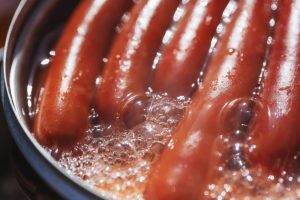
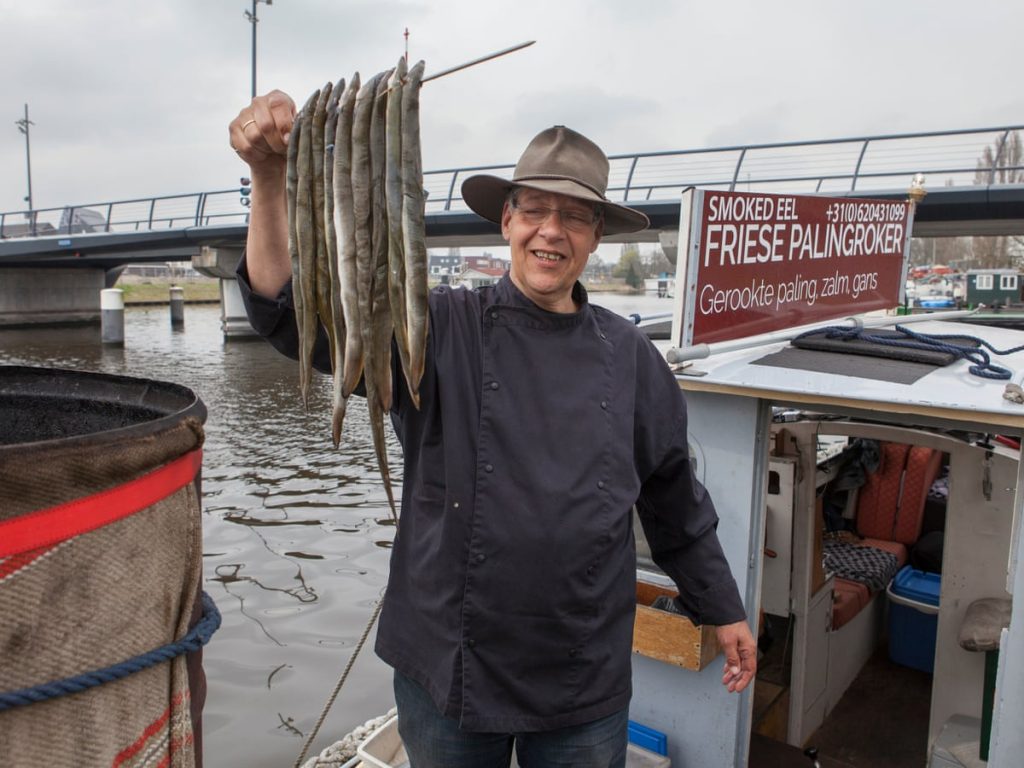
Laren
Dina had made the acquaintance of Eva Brughes, born in New York City of Dutch parentage, housekeeper at De Wilde Zwanen, some years ago. She knew that the American painter and his wife were celebrating the holidays in Boston. So Dina, wanting to surprise Teddy with a memorable luncheon, went to consult Eva about Yankee cuisine.
As the two women sat in the spacious kitchen of the Singer villa, Dina told Eva that she wanted to impress an American who had bought a portrait of her Mieke at Gallery Ava Riss, managed by her best friend Mina. She got up, and eyes shining, whispered in Eva’s ear that he might turn out to be a suitor. Eva chuckled and put a finger to her lips. She said that she once worked in the kitchen of a German restaurant in New York City: Luchow’s was a Yankee magnet. Typical Yankee cuisine would be Boston baked beans with frankfurters called hot dogs. New England fish chowder was also a favorite dish, especially in winter. Her employers liked roasted chicken with cranberry sauce. Eva suggested that Dina also prepare a Dutch dish like smoked eel. She offered to help her at the luncheon; saying she was eager to meet the American “bidder.”
When Dina left, Eva gave her not only recipes but also 4 cans of baked beans and a canister with dried cranberries.
The next day, Dina, Mieke and Phina went menu-shopping; returning home carrying baskets loaded with produce. In the afternoon, Mina arrived. Eva dropped by, enquiring if the ladies needed tips about how to prepare the fish chowder. Mina quizzed Eva about her employer; and when Eva told her that William Singer was from Pittsburgh, Mina, now worked up, told her that their guest of honor was also from Pittsburgh. Eva laughed and wondered if the men knew each other. She promised to come over after breakfast and keep an eye on the range while they were feasting.
When Dina closed the front door, thanking Eva for her kindness, she took Mina by the arm and they returned to the kitchen. “Mina,” she said in a low voice, “the widow was married to a Singer. I don’t want Teddy to hear that name. You understand?”
“But why did you ask her to help?” Mina crossed her arms.
“She offered,” Dina said, leaning against the door. “It would have been downright rude,”—her bosom heaved—“she would become suspicious, if I had told her to stay home; that she can’t come because,”—Dina swallowed—“because that name is banned in this house.”
Mina sat down, and pulled out the chair next to her. “Dina . . . let’s have a little talk.”

After breakfast, a cab pulled up at villa Uhrbach. Phina and her girlfriend Truusje, bundled up, ran outside, followed by Eva. They were going to attend a circus performance near Amsterdam; followed with a late lunch at a fancy restaurant recommended by Eva. She was promised to meet the “future husband” at their engagement.
Dina and Mina waved the party goodbye; then, laughing, they embraced. Shivering, Mieke stood at the front door watching them. When the two friends turned to enter the villa, Mieke wanted to know why Phina was sent away.
Mina took Mieke by the arm and went inside, saying that her little sister shouldn’t be exposed to silly conversations when men drank too much. As they entered the kitchen, Mina pointed at the bowl of home-made advocaat on the side-board. “More than ten years ago,” she said, “I attended a party where advocaat was served and my husband made a fool of himself.”
“Kokkie,” Dina said in a smooth voice. “It was the last time she made us dinner.”
“Peef-puff-poof omelet,” Mieke said with a laugh. “That’s when Faty and you met Father and Queenie.”
“Mieke,”—Dina took her hand—“remember that we met Phlip in Paris.” She winked at Mina.
“Mieke, let’s get dressed for this momentous occasion,” Mina said.
The wall clock in the hallway struck twelve. Mina was in the kitchen, looking out the window, when a dark gray automobile parked at the studio. “Dina,” she shouted, “our aspirant has arrived!”
Dina, in navy blue, opened the front door and waved at Teddy, Phlip and Poldie, who carried a potted plant. Poldie passed her and went straight into the dining room where he put the white cyclamen in the cache pot that stood in the center of the table with six place settings. Then he went into the kitchen.
In the meantime, Dina ushered Teddy and Phlip into the parlor where a fire crackled in the chimney. Phlip took Teddy by the arm and guided him to a set of armchairs near the windows. They set next to each other. Dina sat across from them and started her chit-chat.
The door opened and Mieke let Mina, in a black skirt and long-sleeved white blouse, enter. She was holding a tray with six goblets and was followed by Poldie with the bowl of advocaat. “Long live our Dutch potion!” the duo sing-songed in unison. Teddy rose and offered to help Mina. She blew him a kiss, and put the tray on the coffee table. Grinning, Poldie put the bowl next to the tray.
Dina rose, and joined Mieke; who wore a two-piece rose-colored dress. Holding her daughter by the arm, Dina steered her toward the blue velvet sofa in front of the chimney. Teddy stepped up. Smiling, he shook hands with Mieke, saying she looked angelic. Phlip put his arm around Mieke and whispered in her ear that she looked enchanting. She smiled at Teddy.
Then Phlip sat next to Mieke on the sofa. He touched the pink and fern-green bow of her ponytail, saying in a low voice that Mina had a seductive touch.
Poldie spooned advocaat in the goblets; and Mina passed them around. She held up hers, saying, “Welcome, Teddy! Let’s toast to a warm relationship.”
“Mina and Dina,” Teddy said as he raised his goblet, “here’s to our friendship.”
“I hope you’ll like our Dutch treat,” Dina said. She took the little spoon that was on the side of the goblet and started to eat.
“Outstanding!” Teddy said. “Has this treat a special name?”
“How about,” Mieke said, chuckling, “pious angel nectar?”
Everyone laughed.
Teddy held up his empty goblet, winking at Mina.
Poldie took the bowl and went around, filling up the goblets. Phlip returned to his seat next to Teddy. Poldie joined his niece on the sofa.
Like a contented cat licking its whiskers, Teddy looked at the tray with empty goblets.
Poldie took Mieke’s hand, rose, and pulling her up, said, looking at Dina, “It’s time to eat!”
Mina put a plate with peeled, sliced eel and thin slices of white bread in front of Teddy, saying that in Russia people started their meal with caviar but in Holland it was smoked eel. Poldie held two carafes and asked Teddy if he preferred Dutch eggnog or Mosel. Teddy pointed at the eggnog, saying it looked like nectar. Poldie put the carafe next to Dina, and served Mieke Mosel; she sat across from Teddy.
The fish chowder got high accolades; Teddy saying it was as good as at Bookbinder’s restaurant in Philadelphia.
Then Mina served him a plate with Boston baked beans and a hot dog, saying that he’d be at home with this Yankee dish. Teddy’s face lit up. He ate with gusto. Dina made sure to replenish his goblet with the milk diluted nectar that Poldie had infused with cognac.
Finally, Teddy put his hands on his stomach, saying to Dina that this was a memorable meal. She put his hand on his arm and told him that her husband would be home for Christmas and that he’d be more than welcome to join them for roasted chicken with cranberry sauce; another favorite Yankee dish.
Face flushed, Teddy put his arm around Dina and then . . . gave her a smacker on her mouth! Phlip and Poldie, looking at each other, winked, and Mieke, holding hands with them, was all smiles . . .
Mina had left and returned with a bottle of Roederer Rosé. “Let’s drink to a warm reunion at Christmas,” she said.
While Phlip got the champagne flutes, Poldie uncorked the bottle.
Dina, with one hand on Teddy’s arm squeezing him, raised her flute. “Tot ziens, Teddy,” she said, blowing him a kiss, “until we meet again on Christmas day!”
The gray automobile returned to Amsterdam with not only the three guests but with Mina as well. Dina had instructed her to get inside information regarding Teddy’s situation in The Hague. While she had been refilling his goblet with “eggnog”, he had revealed to her some intimate knowledge that had to be confirmed: it would involve plotting her Christmas dinner. Dina also gave Mina instructions what to do in case her hunch had been accurate. And then came the bomb-shell news that Poldie got “infatuated” with an American woman with a 3-year-old daughter; this American had once been married to a Dutchman. She had been looking for a smaller apartment; that’s how Poldie had met her.
So when Mina arrived at Gallery Ava Riss, she first had an “intimate” conversation with Tony. She told him that Phlip was moving to France; that he was worried about Johan being by himself, alone; that he had suggested to her that he, Tony, should take over; that it would benefit them both. Tony’s face lit up. They celebrated with a bottle of Roederer Rosé.
Next on Mina’s plate was inside information about Pastor Rose. She asked Tony for help. He went to visit Friso and Daniel in The Hague; he returned with some juicy news.
Her brown eyes glistening, Mina wrote Dina that her hunch had been well-founded. Tony, she wrote, would also help her getting additional news on Poldie’s “client.”
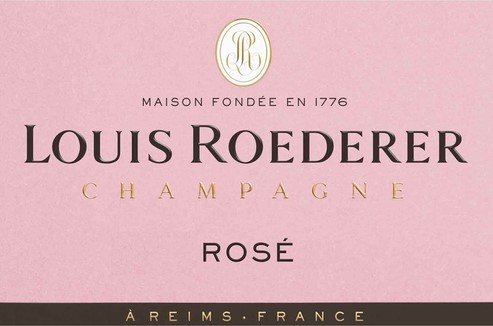
When Nico arrived at villa Uhrbach, he and Dina went for a stroll to discuss the “pre-nuptial” event. He suggested reserving a private dining room at hotel Hamdorff; and she should ask the chef to prepare the Yankee chicken from the recipe she would provide. With a sly smile, Dina suggested that dessert—pious angel mousse and pious angel nectar—be served at their home. Dina said she would reserve rooms at the hotel for Teddy and Pastor Rose. Nico should write a warm Christmas invitation and she’d post the letters the next day.
In the evening, while Nico wrote the invitations, Dina eyed Mina’s letter regarding the juicy news Tony got from Daniel.
The following day, Dina paid a visit to Eva Brughes at De Wilde Zwanen for advice; saying that the big day was approaching, and that Phina might spoil it; the little girl had a selfish streak, wanting to be the center of attention. Eva’s eyes lit up as she nodded. Dina then asked Eva if she would be so kind as to come up with a solution.
Dina danced in the living room when she read that Teddy and Pastor Rose accepted with great pleasure the invitation spending the Christmas holidays with them at Laren. She sent Poldie a telegram to come immediately for an important talk regarding his future. Without delay, Poldie arrived. Mieke and Phina were thrilled to see their uncle. Nico, remembering the free lodgings he had in Amsterdam during the war, welcomed Poldie with a hearty embrace.
Brother and sister went for a stroll so they could chat in private. Dina enquired after “Amelia.” Poldie raised his eyebrows and shrugged his shoulders. She presented him with an “idea” on how to improve his financial situation; painting a rosy picture of also moving to Fontainebleau; of setting up house with Amelia and Geena. Once Mieke was married, he could become the sole agent buying properties; and eventually manager of Rockwell Estates Worldwide.
After much give and take, Poldie was also good at bargaining, he agreed to come to Laren for the holidays by himself. He’d stay with Teddy and the pastor at the hotel instead of rooming with Phlip at his studio.

Laren
It was Wednesday, December 23, 1925
With fanfare, ringing the old-fashioned carriage bell, Hans parked the star-decorated landau at villa Uhrbach. Poldie dashed from the studio, and Mieke and Phina emerged from the villa, followed by Dina, Nico and Eva.
With a big grin on his face, Hans came down; they elbowed each other to greet him.
Hans opened the carriage door and a boy stepped out. “This is Jaap, my eldest son. He’s seven,” he said.
Phina shook the boy’s hand. “Jaap, I’m Phina. Thank you for inviting me on this trip. I can’t wait to see the stars at castle Bree.”
Hans patted Jaap’s head. “All he wanted for Sinterklaas was meeting his godfather, Count Jacques de Bree,” he said with a smile. “The count had been very generous to my family. I was honored that he would be godfather to my first born son.”
When Dina offered hot cocoa, served in the kitchen, he declined, saying he wanted to reach Belgium before it got dark. Nico gave him two small duffel bags. Phina and Eva joined Jaap.
And with much fanfare, and hand-waving, the landau, hood down, departed.
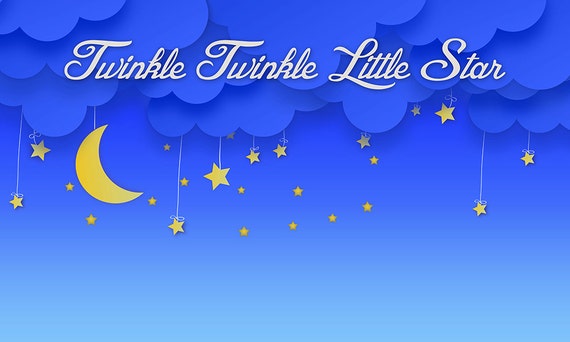
Dina held out her arms invitingly—Mieke and Mina linked.
“And now we have to concentrate on the arrival on Friday of our unconventional pastor, and most importantly . . . our candidate”—Dina nudged Mina as she chortled—“or aspirant.”
TO BE CONTINUED
February
SCRIBA SUM ERGO SCRIBO

Writing is thinking on paper
BOOK OF REVELATION—5:1
I saw upon the right hand of Him that sat on the throne A BOOK
Laren
At villa Uhrbach
Christmas Eve, 1925
In the center of the parlor stood the small evergreen tree topped with a gold star and decorated with red bells and silver tinsel.
Phlip and Mieke, the parakeets, were sitting on the blue sofa, Poldie and Mina settled down in the two armchairs fronting the windows and Nico and Dina were in chairs near the door to the vestibule—everyone eating advocaat.
“I’m glad,” Mina said, holding her spoon in the air, “that I advised Tony to console Johan.” She pointed the spoon at Nico. “I know that you are very fond of Johan,”—she nodded—“but in my opinion, he has become a liability”—she pointed the spoon at Dina—“to our future,”—she then pointed at Phlip—“especially Gallery Ava Riss, where I manage the sale of your paintings, Phlip.”
“Anton likes Johan,” Phlip said as he put his goblet on the side table.
Poldie looked at Phlip. “What if Anton tells Johan that you used his father’s canvas to paint Mieke’s portrait?” He looked at Nico. “We all know that Johan is a busybody. One day he’ll have a slip of the tongue . . .”
“And ruin Mieke’s future,” Dina said, pointing her spoon at Phlip.
“I shall miss Johan,” Mieke said as she held out her goblet so Dina could take it. “I remember the fun times at the apple orchard.” She elbowed Phlip. “You two had a competition sketching me.”
“I’ll take care of Johan,” Nico said, looking at Phlip. “I owe him much. He taught me how to paint a wheat field when you were at Boerenerf.”
Phlip nodded. “When Cees and Hendrick passed away of the flu, you became my torchbearer.”
Mina clapped. “That’s settled, then,” she said. She turned to Poldie. “Tomorrow you move to hotel Hamdorff and welcome our guests. Keep them full of zest, in great spirits, until we arrive for our Yankee dinner.”
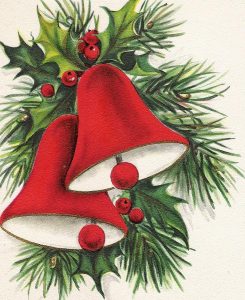
The first essential is to know who THE GOD of HEAVEN is since everything else depends upon that: On a right idea of God the whole body of theology hangs like a chain on its first link [Emanuel Swedenborg]
Nothing is so hostile to religion as other religions [Sarvepalli Radhakrishnan]

There will be no peace among nations without peace among religions and there will be no peace among religions without dialogue among religions
[Swiss priest and theologian Hans Kueng: [1928--2021]
THE CANDLES ARE MANY BUT THE LIGHT IS ONE [Rumi]
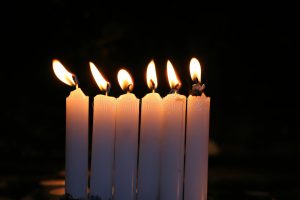
Friday, Christmas Day 1925
At hotel Hamdorff
Face flushed, holding a cocktail glass, Teddy Rockwell rose from his chair in the cocktail lounge when the Uhrbach party entered. Poldie rushed up to offer Mieke his arm; she wore her white silk dress.
Nico and Dina, the hosts, warmly welcomed Teddy and Andreas. Mina, on the arm of Phlip, gave them her brightest smile. When Mieke’s turn came, Teddy put his cocktail glass on the table and embraced her. Poldie nodded at Andreas.
As they sat down at the table for eight, Dina pointed at Teddy’s glass, saying, “Is that the Yankee whisky sour?”
Teddy took his glass, smiling from ear to ear. “Yes. It is my favorite cocktail!”
“Poldie,”—Nico pointed at the bar—“we’ll join Teddy. Let’s all have a whisky sour.”
Mieke clapped her hands as she said, “I like the exotic saucer glass. Look at that stem, so elegant!”
“It was designed so ladies think it’s all right to drink whisky in public,” Teddy said and raised the glass to his lips to finish his drink.
Poldie returned with a waiter carrying a tray with eight whisky sour cocktails.
“Ooh!” Mieke squealed. “I like the red cherry!”
Teddy laughed. “To make the ladies feel happy, and entice them to drink.” He took the cherry. “They’ll munch . . . so they can drink and drink.” He popped the cherry in his mouth, eyes twinkling.
“Cheers!” Nico said, raised his glass, and put the cherry in his mouth.
Laughing, they had a great time sipping the Yankee cocktail.
Grinning, Poldie left; he returned to announce that Christmas dinner was now served in their dining room.
When the party entered the “cozy family-style” dining room, Poldie laughed and pointed at the lit chandelier above the table: mistletoe around the crystal lights. “Pastor, after your dinner blessing, we should kiss each other. After all, Jesus said that greater love has no one than this, that he lay down his life for his friends.”
“Indeed,”—Phlip nodded—“Jesus said, This is my command: Love each other.”
Dina asked Teddy to sit on her right and Phlip on her left, next to the pastor, who sat next to Nico, the host; Mina was on his left, then Poldie; Mieke was enthroned between him and Teddy.
“On this day,” the pastor said, “we celebrate a special birth. The gospel of Matthew announces that a virgin will be with child and will give birth to a son to be given the name Jesus because he will save his people from their sins.” He looked around the circle.
“Let’s bow our heads.”
They bowed their heads as Pastor Andreas said his blessing. When he said: Amen, they looked at him. All smiles, the pastor said, “After dinner I shall wait at the door”—he nodded toward Poldie—“and everyone will receive from me the kiss of peace.”
Waiters entered with platters of roasted chicken, saucers with cranberry sauce, bowls with mashed potatoes, and Brussels sprouts. The sommelier served Roederer Rosé.
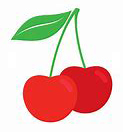
Two cabs brought the party to villa Uhrbach where they continued Christmas dinner. As they entered, Teddy rubbing his hands together, said, “Dina, I’m looking forward to eating your delicious pious angel mousse.”
“Then let’s go straight into the dining room,” she said, laughing heartily.
They shed their coats and hats.
Teddy took Mieke by the hand and went to the chair that he had occupied at the luncheon. He pulled out the chair next to him for Mieke and then sat down. While Dina and Poldie went into the kitchen, Nico, Andreas, Phlip, and Mina also sat down, their faces flushed.
Poldie came with a tray. “I made champagne cocktails,” he said, passing the goblets. “An American woman who lives here in town gave me the recipe.” He chortled. “Don’t forget the cherry and a slice of orange, she said.” He looked at Teddy. “Please taste it and tell me if it’s original Yankee.”
“Ooh!” Mieke pointed at the cherry. “They are delicious!”
Teddy laughed. “Open your mouth, Mieke,” he said, and slipped the cherry between her lips. He then took a sip, and nodded at Poldie. “You’ll make a fine bartender.”
Dina opened the door and waved at Mina to come. A minute later they returned with trays and everyone was served, in crystal compote dishes, a generous portion of the mousse.
Nico rose, raised his champagne goblet and said, “May we celebrate again together next year in good health. I wish you a very merry Christmas!”
“Merry Christmas!” they chimed.
In silence they savored the dessert.
Folding his hands, Teddy broke the silence, saying, “Dina, I’ll be back!”
They clapped their hands, shouting, “Yes!”
Nico rose. “Let’s chat in the parlor.” He offered Dina his arm.
The small Christmas tree had been moved to the corner between the blue sofa and the armchairs fronting the windows so that the round table occupied again its rightful space.
Nico and Dina went to the blue sofa and sat down. Phlip and Andreas occupied two of the three armless chairs against the wall near the door. Mina took Mieke by the hand and they sat in the two armchairs.
Teddy and Poldie stood at the door. Beaming, Teddy put his arm around Poldie’s shoulder and whispered, “Bartender, how about making me your famous Dutch eggnog?”
Poldie snickered. “Good idea,” he said in a low voice. “Mina will serve them coffee and you’ll get Dutch poison. I suggest you sit in the corner chair next to Mina.” He gave Teddy a soft push, and waved at Mina to join him.
Dina was chit-chatting with the pastor so Phlip joined Mieke, who was conversing with her father; he and Teddy talked about Paris.
Phlip returned to his seat when Mina and Poldie arrived with trays. Poldie, eyes twinkling, gave Teddy a large mug, snorting that he added cognac to the coffee so that everyone would feel “happy.” Teddy shook with laughter. Poldie went to sit in the free chair next to Phlip.
In the meantime Mina, having served coffee, told Mieke to sit in the chair next to Teddy so she could chat with her Faty.
They were sipping coffee and chit-chatting lightheartedly when Pastor Andreas piped up as he patted Phlip’s knee, “Is it difficult to sell paintings by unheard-of artists?”
Face flushed, Dina said, “Ask Mina,”—she nodded toward her friend—“she sells paintings every day!”
“Selling paintings is an art I learned from Tonya,” Mina said. She swallowed, whispering, “The flu took her.” She sipped cognac-laced coffee. “Of course, it’s easier to sell unknown oeuvres when someone finances his . . . success.” She beamed at Nico. “A Maecenas makes all the difference.”
“Every artist needs a torchbearer,” Dina said. She kissed her husband’s cheek. “Phlip is grateful that Nico believes that he’ll make his mark in the painters’ book of records.” She nodded at Phlip. “You’ll be a brilliant success!”
Teddy rose to put his mug on the coffee table, he stumbled—and fell on his knees in front of Mieke. They locked eyes. He folded his hands, holding them up. “Mieke”, he said in a low voice, “Mieke . . . will you marry me?”
All eyes were glued on the couple.
“Faty . . .”—Mieke looked at Nico.
Dina gave Nico a push; he rose and said, “You have my permission.” He went to Teddy, pulled him up, and embraced him.
Poldie, sitting next to Phlip, said, “Our flame of hope will be burning everlasting.” He nodded at Teddy and Mieke embracing. “The torch has passed to Teddy.”
“Mieke’s portrait,” Phlip said, “was Teddy’s first painting. She started his thirst for collecting.” He smiled at Poldie. “I perceived that he could use a guiding hand.”
Mina entered with two bottles of Roederer Rosé. They served Mieke’s favorite bubbles, toasting to the happiness of the couple’s future.

The next day, Teddy, Andreas and Phlip left for The Hague. Teddy was eager to select an engagement ring for his Mieke. They planned to return on Sunday for a festive party at hotel Hamdorff.
Sunday early morning it started to snow; by lunch time a white mantle covered the rooftops and evergreen trees. An employee of the hotel rang the doorbell at villa Uhrbach to inform them that Mr. Rockwell had telephoned that he postponed his return until the roads were cleared of snow.
It was early afternoon Tuesday the 29th, when the landau pulled up at villa Uhrbach; Hans ringing the carriage-bell. Poldie rushed out of the house and opened the carriage door. Screaming with laughter, Phina jumped out and ran inside, followed by a boisterous Jaap. Eva laughed as she took Poldie’s hand to get down, and walked toward Dina, Mieke, and Nico waiting at the front door. Hans told Poldie that he would take the carriage to the back yard so the horse could rest. Then he and Poldie went inside to join Dina, Nico, Mieke and Eva in the dining room. The children were in the kitchen where Mina was preparing hot cacao. Nico offered Mosel. Hans laughed when he said that the bottle reminded him of getting Mr. Jonkheer his beloved beverage from the vineyards in Germany.
When the doorbell rang, they looked at the vestibule.
“Teddy! Andreas! Phlip!” Poldie shouted as he opened the front door. “Mieke will be thrilled that you could make it!”
As the men were shedding their coats and hats, Dina whispered in Eva’s ear, “Teddy proposed. He went to The Hague to get Mieke an engagement ring.”
Mieke went to the vestibule to welcome Teddy. Hans vanished to the kitchen, taking his goblet with Mosel. Nico was introducing Eva to Teddy when Phina threw open the kitchen door, rushed up to Phlip and embraced him; babbling about her trip.
“Phina,” Dina said, taking her daughter’s hand, “Mieke is engaged to Teddy.”
Phina looked at Teddy. “No surprise,” she said with a giggle, “you fell for her portrait.”
Andreas gasped; Poldie elbowed Phlip.
“Phina, you are an enfant terrible!” Teddy shook his head as he put his arm around Mieke. “We’ll be celebrating our engagement this evening at hotel Hamdorff.”
Phina gave Teddy her biggest smile. “Can Eva also come to the celebration?” She took Eva’s hand. “We had such a wonderful time in Belgium at castle Bree.”
Nico nodded at Dina. “Teddy, Count de Bré spent the war years in Velp where Phlip met Hans. The count invited Hans and his son Jaap to spend Christmas with them.” He smiled at Phina. “And Jaap invited Phina to join him. And Eva,”—he took her elbow—“was Phina’s chaperone.”
Mina opened the door and said, “Hans and Jaap are waiting at the kitchen back door. They would like to say goodbye.”
They waved as the landau left for Velp; Hans cracking his whip, and shouting, “Au revoir!”
At villa Uhrbach
Nico, Dina, Mieke, Phina, Eva, Poldie, Mina and Phlip were in the parlor waiting for the cabs to take them for a late dinner at the hotel where Teddy would present Mieke with his engagement ring.
Sitting next to Nico, Phlip, cupping his hand, said in a low voice, “I forgot to tell you that Teddy is leaving in three weeks, visiting missions in South Africa.”
“What!”” Mina’s brown eyes widened. “He’s leaving his bride so soon!” She perched on her chair. “For how long will he be gone, Phlip?”
“Andreas told me for at least six months.” Phlip looked at Dina—sitting across the room talking with Poldie—and waved at her to join him.
“Dina,” Mina said, “Phlip just informed us that Teddy’s going to South Africa for six months. Did he tell Mieke?” The two friends locked eyes.
“Mieke!” Dina shouted at her talking with Eva and Phina.
“Yes Moeke?” Mieke stood.
“Do you know that Teddy is leaving for six months for South Africa?”
“Ooh,” Phina squealed. “I hope he’ll send me lots of postcards!”
“I wonder,” Poldie said, putting his hand on his sister’s shoulder, “can it be that he has kept this ace up his sleeve . . .”
“To surprise you,” Eva said with a chuckle. “That’s what Americans are good at.”
“It smells fishy to me,” Nico said aloud, his eyes skipping toward the vestibule.
“I know why,” Phina said with a big smile on her face. “He got on his knees first and now he’ll carry her away, and take her to South Africa for their honeymoon.” Giggling, she twirled around the parlor.
“This girl is as sharp as a needle.” Eva laughed. She turned to Dina and winked. “Our kidnaper is thin as a toothpick, and as we say in the country, a good rooster is never fat.”
Poldie broke out in laughter and pulled up Nico to embrace him.
Mieke took Phina in her arms and said, “Once Teddy has given me my ring, you can remind him about the honeymoon.”
All smiles, Dina and Mina clapped their hands.

Teddy and Andreas were pacing the foyer when the party of eight arrived at hotel Hamdorff.
Mieke entered on the arm of her father, Nico, followed by Dina and Poldie. Mina, Eva, and Phlip holding Phina by the hand jostled behind them.
Teddy and Mieke embraced and kissed each other on the cheek. After welcoming his guests, Teddy asked them to follow him to the reserved dining room. An employee took the coats and hats.
The rectangular table for ten was draped with an emerald-green damask cloth offsetting the gold-rimmed white china plates. Red linen napkins enhanced the festive holiday mood. The two crystal candelabra with white candles were lit.
Teddy asked Nico to sit at one end –with Mina to his right and Eva on the left. He pulled out Mieke’s chair next to his and then offered Dina the seat on his left. Phina and Phlip were between her and Mina; Andreas sat next to Mieke and Eva was wedged between him and Poldie. Before Teddy sat down he took a small navy blue satin box from his coat pocket and put it in front of him on the table.
A waiter served whisky sours. Phina was allowed to take a sip from her mother’s glass and eat the cherry. They were chit-chatting about the coming New Year and the festivity offered at the hotel when, face-flushed, Teddy asked the maitre d’ for another round of whisky sours.
Poldie snorted, saying in a low voice to Eva that the groom needed courage. She replied that what a sober man has on his mind, a drunken man has on his tongue—and chuckling, she elbowed Andreas. The pastor tittered and nudged Mieke, saying it was time to start dinner. She smiled and asked him to say the blessing.
As he looked around the table, Andreas said, “The family that prays together stays together. Let’s pray for the happiness of our couple.” The pastor bowed his head. “Oh Lord, grant them good health and that they may have the blessings of raising many children who will also worship you. Amen.”
Phina looked at Teddy. “I’m glad you are as thin as a toothpick,” she said, “because a good rooster is never fat.” She gave him a big smile.
“Really, Phina,”—Phlip put his arm around her—“you mustn’t eavesdrop and repeat what grown-ups say between themselves.” She grimaced when he pulled her ponytail.
Phina looked at Mieke and put the tip of her tongue between her lips. Mieke frowned, pressed her lips firmly, and shook her head slightly.
“What’s going on,” Teddy said, putting his hand on Mieke’s arm. “Is it a secret message?”
“I think you are going to kidnap my sister.” Phina rose and went to Teddy. She put an arm around his neck. “And then take Mieke for your honeymoon to South Africa.” Her mouth brushed against his cheek. “Please, Teddy, send me lots of postcards. My friends will be jealous.”
Silence hung in the air; everyone’s eyes were on Teddy and Phina.
Raising his eyebrows, Teddy looked at Pastor Andreas. The pastor folded his hands, held them up as a beggar would, and closed his eyes. Teddy nodded. Then he said with a smooth voice, “Phina,”—he pushed back his chair—“sit on my lap. I have a job for you.”
Face aglow, Phina sat on one of Teddy’s knees.
Teddy smiled at Mieke and took her hand. “I intended giving you my ring after we finished dinner.” He looked at the blue box. “But now that Phina has spilled the beans that I’m off for South Africa,”—he stroked the girl’s head—“she’ll do me the honor and present it to you.”
“When are you leaving, Teddy,” Nico said, “and when do you plan to return?”
Pastor Andreas addressed the question: “We are leaving in three weeks.” He smiled at Teddy; then he looked at Nico.” We’re going to set up a mission in Natal and intend to stay six months.”
Nico put his hand on Mina’s arm. Smiling, Mina nodded at Eva.
“Three weeks,” Eva said, nudging Pastor Andreas, “plenty of time to get married.” She nodded at Phina on Teddy’s knee. “Phina, you told me at castle Bree that you are a starlet. Do you want to be a flower girl at your sister’s wedding?”
Phina flung an arm around Teddy’s neck, and kissing him, squealed, “And later,”—she grinned at Mieke—“can I be godmother to your baby?”
Teddy laughed. “Not that fast,” he said as he reached for the blue box. “Get off my knee, girl.” He rose, holding up the box for everyone to see, and looked at Nico—who nodded.
Teddy kneeled, and opening the box, clarion-voiced, “Mieke will you marry me?”
“Ooh,” breathed Phina, standing behind Mieke, looking over her shoulder, “such pretty stones. What are they, Teddy?”
Nico rushed up and took his youngest daughter by the arm, but Phina shouted, “I want to know the name of the stones!” Grimacing, she slapped her father’s hands.
Dina came up and, putting both arms around Phina’s waist, dragged her away, passing the waiter, as she hissed, “Don’t you dare stage a tantrum!”
To Be Continued
March
2022—MARCH website

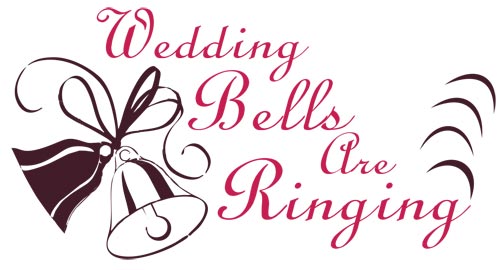

Map of Natal, South Africa
Laren
Wednesday, December 30, 1925
Hotel Hamdorff
Teddy Rockwell and Pastor Andreas Rose were having morning coffee in the main salon.
“Eva Brughes is a busybody,” the pastor said. “She insists that there’s time for the nuptials,”—he folded his hands—“so you and Mieke can go to Natal.” He grimaced. “That brat Phina more or less ordered you to go there for your honeymoon.” The pastor put his thumb down. “How will you manage without me regarding the school in Eshowe?”
“Who says you can’t join us?” Teddy said, a smile hovering on his lips. “Go ahead with my plans.” His eyes locked with the pastor. “We’ll go sightseeing; I’ll show Mieke around. And while she relaxes, we can continue discussing my project.”
“What if her parents object,” the pastor said, “with this arrangement?”
“Who pays?” Teddy reached for his coffee cup.
Pastor Andreas smiled from ear to ear. “Before the vows,” he said, “Mieke should be baptized by me. After all, as you are a theologian, your wife should be of your religion before your marriage.”
“I agree wholeheartedly,” Teddy said. “We’ll discuss this at lunch.” He looked at his watch; then he rose. “Let’s discuss this with Phlip. He was baptized in the States while painting portraits.”
The two men donned coats and hats.
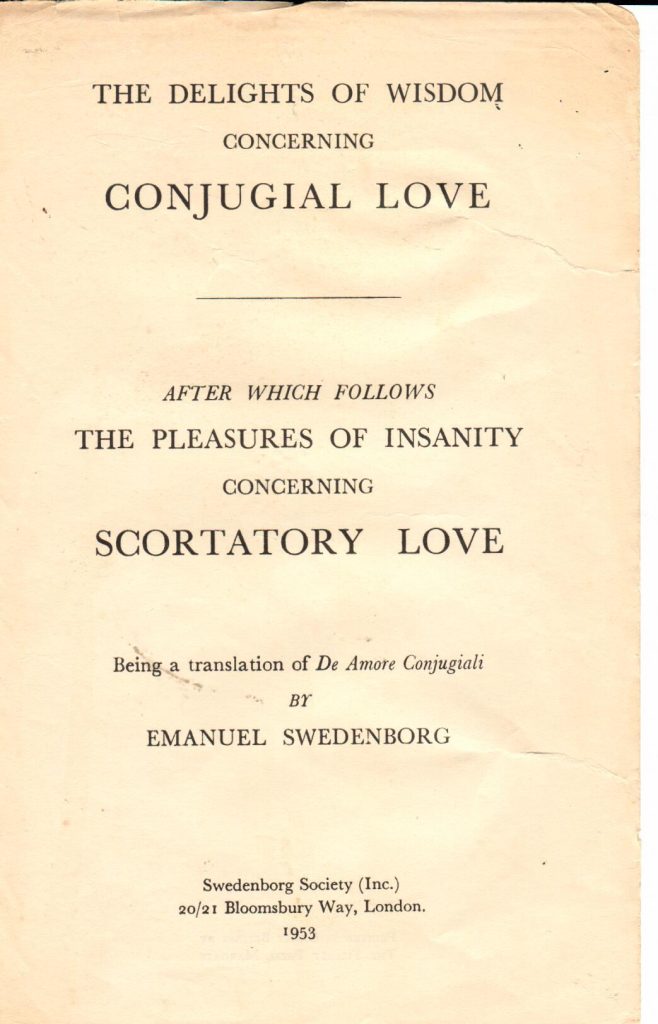
As they walked at leisure to the studio, the pastor said, “Teddy, you must think about conjugial love. According to number two hundred ninety six, you have committed yourself, and Mieke did the proper thing and consulted her parents, and they gave their consent in front of witnesses.”
“I’m glad you reminded me, Andreas,” Teddy said. “Every Christian has read Genesis two, where it says that a man must leave his parents and be united to his wife so they’ll become one flesh.” He put his hand on the pastor’s coat sleeve. “Emanuel wrote that in heaven a married pair is spoken of not as two angels . . . but as one angel.” He linked arms with Andreas. “Now, that’s love truly conjugial.” He squeezed the pastor’s arm. “One of our bishops reminded us that according to Emanuel heaven has no boundaries.” He sighed. “But the Christian world says this is an abomination . . .”
“Because if the universe is not finite, where would heaven and purgatory be located,” Pastor Andreas finished Teddy’s sentence. “Isaiah sixty six, verse one: Heaven is my throne and the earth is my footstool.”
They had reached the studio and Teddy knocked on the door.
Poldie shouted, “Phlip, we have visitors!” as they stepped inside.
They were shedding their coats and hats when Poldie said with a snort, “Who wants eggnog?”
“I need encouraging,” Teddy said and rubbed his hands. “We came to discuss with Phlip Mieke’s baptism.”
“And we believe,” Pastor Andreas said, “that you, Phlip, are the right person to explain to her about our religion.”
Phlip pulled up two chairs and with a wave of his hand invited them to sit down. He sat on the brown sofa across. Poldie passed goblets with eggnog; and then he sat next to Phlip.
“I was told that,” Phlip started to say, “people who think of three divine beings and then say aloud that these three are one . . . well . . . that they cannot be admitted into heaven because heaven, in its whole complex, resembles one man.” He took a sip. “Tony once informed me that this idea, of one man, is similar to the Jewish Kabala’s ten Sefirot.” He looked at Poldie. “Angels know this, Emanuel wrote, and call heaven the Grand and Divine Man.” Phlip took a deep breath. “You see, in Genesis God created man as an image and likeness of God Himself. And since God’s life is eternal . . . therefore all who receive that life are also eternal.”
Poldie elbowed Phlip. Pastor Andreas clapped. Teddy nodded.
Phlip continued: “A heaven from the human race . . . that was the divine purpose in creation.” He locked eyes with Poldie; who nodded. He then looked at Teddy. “And that without the human race, heaven would be like a house without a foundation, and that the human race apart from heaven would be like a chain without a hook.”
Teddy clapped his hands and the pastor smiled from ear to ear.
“I was asked if I believed in this teaching,” Phlip said, “and I replied that I did. And then I was baptized with water.” He took a sip of eggnog. “In those days, a fish stood for conversion to the Jewish faith. The priest was known as the fisher, and the candidate was the fish. That’s why the early Christians had a fish painted on their houses.”
Pastor Andreas smiled from ear to ear when he said, “According to the apostle Luke, Chapter five: The Calling of the First Disciples, Jesus said to Simon: From now on you will catch men.”
“Poldie,”—Phlip looked at him—“will Mieke grasp this idea about her conversion?”
“The way you explained it, she’ll have no problem understanding,” Poldie said as he grinned at the pastor.
Teddy raised his goblet. “Let’s toast to that, Phlip,” he said and took a sip. Then he rose. “Make sure Mieke knows,” he said with a nod at the pastor, “that heaven is closed to people who commit adultery.” He waved at Phlip. “Let’s go so you can evangelize,” he said, laughing. “And then we’ll have lunch and celebrate.”
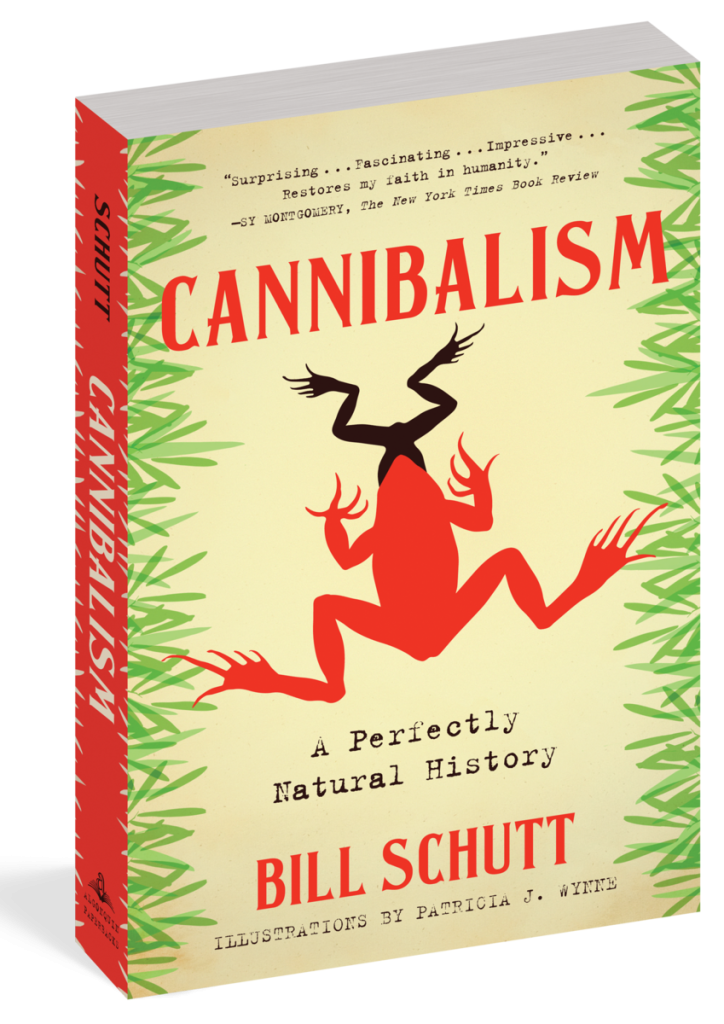
Nico, Dina, Mieke, Mina and Eva were in the dining room when the four men entered the villa. With much ado, they shed their coats and hats. Mieke linked arms with Teddy and they entered the parlor and sat on the blue sofa.
“Where’s Phina?” Teddy looked at Dina, who sat on the chair near the sofa.
“She’s staying with her best friend Truusje.” Dina crossed her arms.
“Phina got the family Bible and made her parents swear an oath,” Eva said, “that she’ll be the flower girl,”—she chortled—“and, Mieke, she suggested that I’ll be your maid of honor!”
Mina burst out in laughter.
“I approved,” Nico said.
“In that case, it’s a done deal,” Poldie said and sat next to his sister, squeezing her shoulder. “Mieke, you’ll have an old-fashioned home wedding with family as witnesses.”
“Eva, may I have the honor of you as my witness?” Teddy rose and bowed; then sat down.
Broadly smiling, Eva nodded. “I hope that our pastor,”—she turned to him sitting next to her—“can give me advice on the ceremony so I’m prepared as witness.” She locked eyes with him. “My parents are Jewish. I became an agnostic from necessity.”
Pastor Andreas’s Adam’s apple twitched. “You are a guest at the wedding,” he said in a low voice, “and all you need as a witness are . . . eyes and ears.”
“My parents said that we cannot eat meat that has its lifeblood in it,” Eva said. “What I want to know is . . . are you going to offer the couple the wine and waver at the ceremony?”
With a horrified look in his eyes, Pastor Andreas turned to Teddy.
“Mieke will receive the Eucharist at her baptism.” Teddy put his arm around her shoulders. “The apostle John wrote that Jesus said: I am the living bread that came down from heaven.” He looked at Eva. “Whoever eats my flesh and drinks my blood,”—his voice rose—“has eternal life!”
“Our rabbi called it cannibalistic,” Eva said. “He said your ceremony is a feast of the dead. On Friday, the day Jesus the Jew died, you eat fish, and on Sunday you eat ham. Jews cannot eat pork! Jesus was a circumcised Jew and so were his apostles.” She put her hand on the pastor’s knee. “God said to Adam: By the sweat of your brow you will eat your food until you return to the ground. For dust you are and to dust you will return. And Isaiah, the Jewish prophet, said about death that . . . maggots are our bed and worms are our blanket: we become food for creatures that live in darkness. To eat and be eaten is nature’s motto.” She stared at Teddy. “Do you still want me as your witness?”
Silence.
“Perhaps Mina?” Eva looked at her.
“No,” Teddy said loudly. “You are my witness.” He rose, and pulled up Mieke.
Dina,” Nico said and rose, “shall we go to the dining room?”

Thursday, December 31
Hotel Hamdorff
Teddy Rockwell and Eva Brughes were having morning coffee in the main salon.
“While we are having our talk,” Teddy said, “Mieke will be baptized by our pastor, guided by Phlip. He’ll also be her witness at our wedding.” He sipped coffee, staring at Eva; and then, nodding as he put his cup on the side table, said, “Mina is a close friend.” He stopped; and then continued: “Of my future mother-in-law. That’s why I prefer you, an outsider, as my witness.”
“Teddy, I’ll be honored.” Eva folded her hands as she said, “Especially as I’ll be Mieke’s maid-of-honor.” She smiled. “I was thinking of having the wedding at villa De Wilde Zwanen where I’m the housekeeper.” She took her cup and sipped coffee. “I’m sure that my employer will not object. They’ll be home January the ninth.” She put her cup on the side table. “They’ll be honored hosting a Yankee wedding.”
“What’s your employer’s name?” Teddy crossed his legs.
“William Singer. He’s a painter.” Eva gave him a wink. “Phlip hasn’t met him but I’m sure they’ll get along fine.”
Teddy uncrossed his legs. He leaned forward to look at Eva, saying, “Is Mister Singer from Pittsburgh?”
“Yes.” Eva smiled brightly. “He’s a member of a well-to-do family; I believe they are in the oil business.”
Teddy looked at his coffee cup. Then he summoned a waiter and ordered a whiskey sour cocktail for both of them.
“Eva,” Teddy said, “your offer has touched me, but I’m booked passage for South Africa on the twentieth; how about January sixth for our nuptial?”
Eva leaned forward and, looking Teddy in the eyes, whispered, “How about after the clock strikes twelve tonight?” She giggled and nodded when she said, “Pastor Andreas can say his blessings at the start of the year twenty six. I’ll have an overnight bag put in your room so you can start married life right away.”
Broadly smiling, Teddy raised his voice: “Waiter . . . please two more whiskey sours!”
When Eva left the hotel Teddy was all smiles. He arranged with Jan Hamdorff to have a small dining room turned into a chapel for his wedding past midnight. To serve as altar, there should be a pulpit with on it two crystal candlesticks with white candles and a silver vase with two white roses. Pastor Andreas Rose would provide their Bible. The party would consist of two witnesses, one flower girl, three family members, and one family friend. After the ceremony, the bride would spend the night in his room. Jan was delighted, saying he was honored.
On the way to villa Uhrbach, Eva met Pastor Andreas who told her that Mieke’s baptism had been very emotionally when Phlip presented her with a ceramic fish encased in a small net. The blue-and-yellow fish was a token of her conversion. The pastor was elated, telling Eva that he would suggest to his bishop that they may want to add this token to future baptisms.
Mina and Dina stood at the front door when Eva approached them. She blew them a kiss.
“Everything’s arranged with Teddy,” Eva said as she embraced them. “Let’s talk in the kitchen.”
“I asked Phlip to entertain Nico and Poldie in his studio,” Dina said. “We have the house to ourselves.”
“And Phina?” Eva rolled her eyes.
“She’s upstairs,” Dina said. “Mieke is showing her the fish Phlip gave her as a souvenir of her conversion.”
“Mieke must join us,” Eva said, “so she’ll know what to expect tonight.” She wiggled her bottom. “And you two as well.”
Mina laughed. “I’ll get her. And Dina . . . we’ll plot in the dining room. Get us the bubbles for exciting”—she wiggled her bottom—“news.”
Mina and Mieke joined Dina and Eva, Mina saying that Phina promised to stay upstairs if she could play with the fish.
Dina snorted, half-closing her eyes, as she said, “We know our little Phina . . . and her promises.”
“I’ll put a chair,” Eva said as she rose, “against the door to the vestibule so she can’t open it.”
“I’ll lock the kitchen door to the vestibule,” Mieke said with a throaty laugh, “and bring the bubbles, Moeke.”
Dina turned on the lamp on the chimney mantel and the lamp-stand in the corner near the window. Mina put four cut-crystal goblets on the table. They smiled at each other. Eva joined them.
Mina pointed at the chairs facing the kitchen door, saying, “Dina, you and Mieke sit there. Eva, you watch the blocked door.”
Eva snickered as she sat next to Mina.
Mieke entered with an opened bottle; and Dina poured the libation.
“Here is,” Dina said in a low voice, “to a wonderful future for us all.”
They clinked goblets and sipped in silence.
“This is what Teddy’s planning for tonight. It was his idea,” Eva said in a low voice. And she related that he would marry Mieke after midnight in a hotel room turned into a chapel; courtesy of the owner. When she said that it was Teddy’s idea that Mieke stay overnight with him, Mieke put her hands in front of her face and Dina and Mina made the sign of the cross.
When Dina said that Mieke didn’t own yet . . . an “appealing” nightgown, Mina laughed and elbowed Eva; suggesting that the bride wear only perfume. Eva looked at Mieke when she said that Teddy had requested that she, Eva, put an overnight bag with Mieke’s toothbrush and other necessities in his room before dinner in the main dining room. Red-faced, from laughter, Eva said that she’d pack a toothbrush, hairbrush, and a bottle of perfume.
Rising from her chair, Dina shouted that Mieke had no travel wardrobe for South Africa.
Then Eva delivered the bombshell that Teddy had engaged a limousine for the morning: He had planned a honeymoon in Paris where Mieke would get her tropical wardrobe made before embarking for Durban.
Mieke sat, hands folded, eyeing the kitchen door. She leaned over the table and whispered to Mina that “someone” was eavesdropping behind her. Mina jumped up, turned around, and flung the kitchen door open. Phina ran to the back door, ready to flee.
Dina rushed up and got hold of Phina’s ponytail and dragged her across the kitchen into the dining room. She put screaming Phina in Mina’s chair. The four women interrogated the girl; wanting to know what she had learned.
Dina made a drastic decision—telling Phina that if she’d stage one of her tantrums at the hotel, she’d never, yes never, would see her Gigi again. The four women put their hands on the table on top of each other as they swore to “this promise.”

IT WAS THE YEAR 1926
Friday, January first
Hotel Hamdorff
The wedding party assembled at noon in the lobby ready to wave the bride and groom goodbye; they were departing for Paris in their limousine. Mieke wore her two-piece rose-colored dress and Teddy a tailored gray tweed suit when they came down the stairway, followed by a bell-boy carrying their small valises and on his heels Pastor Andreas with his traveling bag.
They clapped in unison, shouting long live the couple. Dina embraced the bride, kissing her on both cheeks, and Nico shook hands with the groom. With much kissing and laughter the couple finally stepped outside. Eva stood with Phina, who was holding a pink basket with rose petals, next to the honeymoon limousine. Mieke blew her little sister a kiss and without delay Phina threw her petals, reminding her big sister to send her lots of postcards. Mina dipped her hand inside a paper bag and threw confetti when the couple entered the car. Then they all dipped into the bag, covering the roof with confetti. With lots of waving, the honeymooners departed. Then Pastor Andreas Rose’s limousine arrived, and they waved him goodbye.
The Uhrbach party returned to the lobby; they would have lunch later. Mina whispered to Eva that the bride looked “worn out” from the night’s action; whereupon Eva chortled, saying that the groom was a good rooster and that Phina would have lots of nieces and nephews.
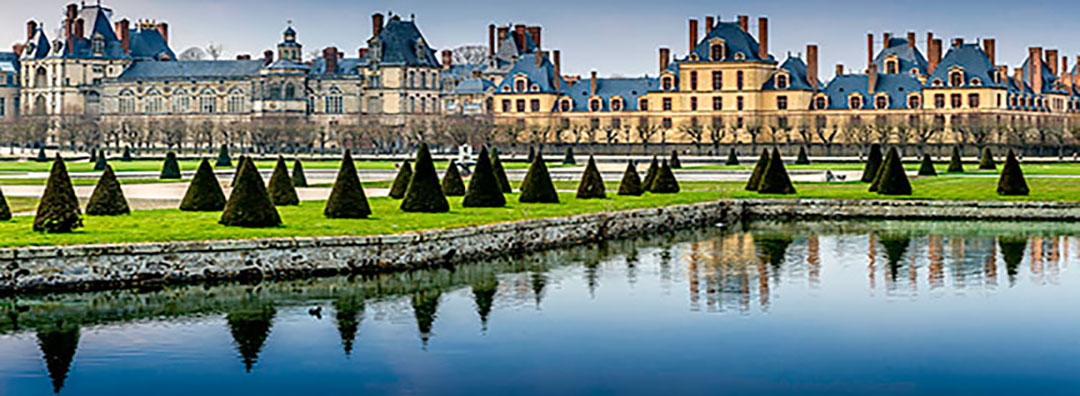
FONTAINEBLEAU – FRANCE
The CULTURE of COVER-UP
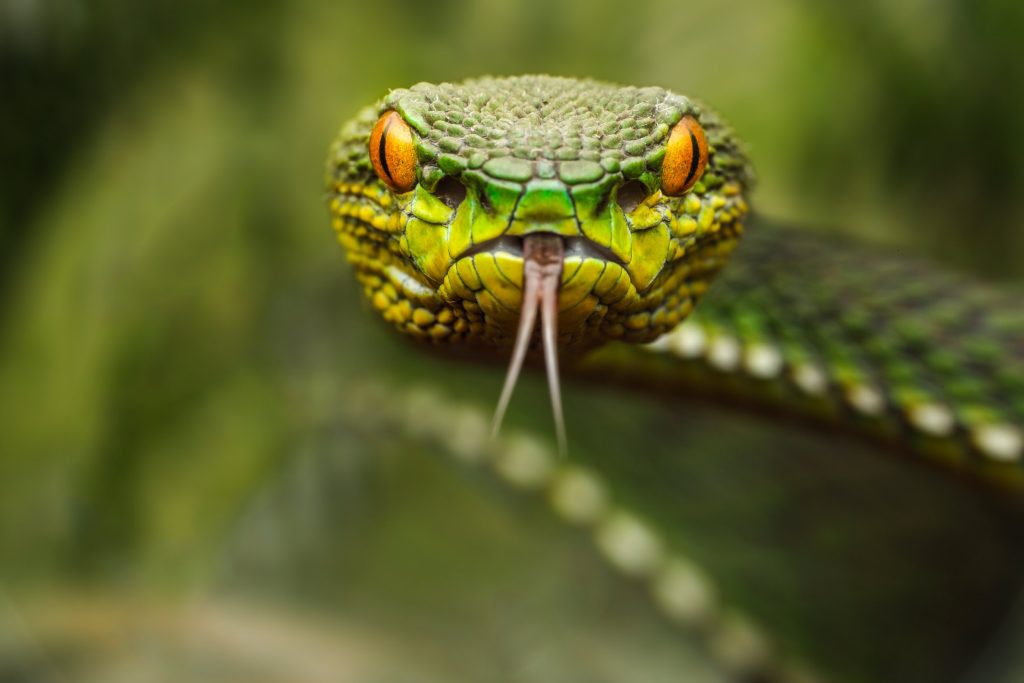
Snakes have a forked tongue and do not have ear openings
THE TONGUE HAS THE POWER OF LIFE AND DEATH
Jeremiah 9:30—They make ready their tongue like a bow to shoot lies
Fontainebleau
March 1926
Poldie wrote Mina that he had rented a furnished villa in a suburb of Fontainebleau. He would return to Amsterdam the end of March; marry his Amelia and move, including her little daughter Geena, in May. Phlip and Dina were in Paris visiting his family. Phina was in her element living with her beloved Gigi, father Nico, and godmother Nana. Every time a postcard arrived from South Africa she’d show it to her French friends who were, needless to say, jealous.
In April, Mina wrote Phlip that she met Anton who was Poldie’s best man at his marriage to Amelia. She, Johan and Tony also attended the ceremony. Afterwards they al had lunch at hotel Amstel. She asked Phlip to send her three oeuvres. Spring was in the air and tourists were strolling around the city buying mementoes.
Dina wrote Mina that she and Phlip were coming to Amsterdam the end of the month and take along four paintings. They would go to Laren, staying with Eva at De Wilde Zwanen. They would pack up their personal belongings and have them sent to France. Poldie would take care of the furniture: to be sold. They intended to return to Fontainebleau in May together with Poldie and his new family.
In October, Dina received a long letter from Mieke in South Africa with the news that she was pregnant. She and Teddy were returning to America where late April she would give birth to her baby. She asked her mother to join her as soon as she could.
TO BE CONTINUEDFONTAINEBLEAU – FRANCE
The CULTURE of COVER-UP
April
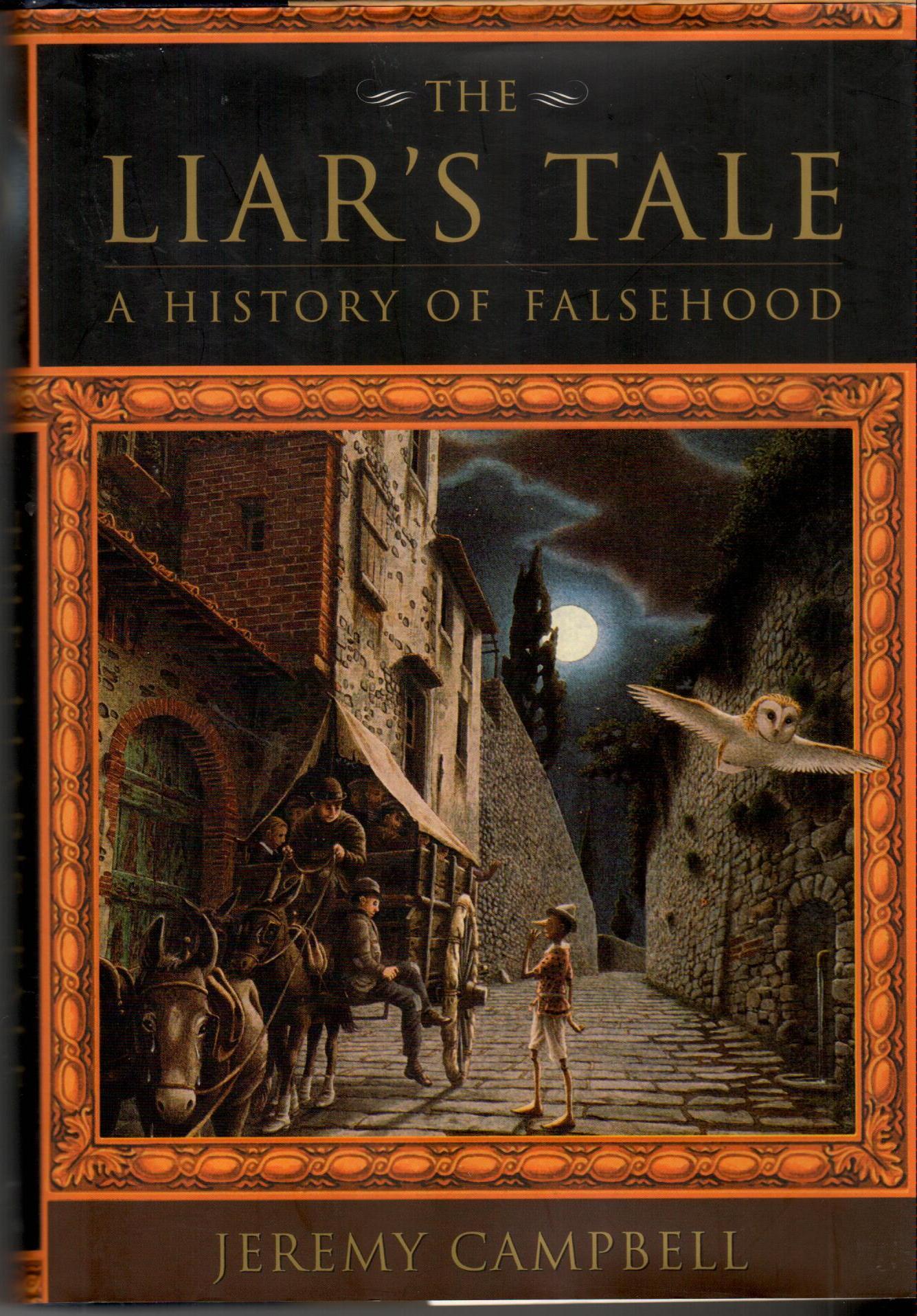
A HISTORY OF FALSEHOOD
Is LYING a necessity of life?
IT WAS THE YEAR 1927
Fontainebleau
February
Dina left for America by steamer. Early May she sent a telegram to Nico that they were grandparents of a baby girl named Leah Dinah; two biblical names. She sent a letter to Phina from Mieke, announcing that she and the baby were coming to France in the summer so Phina could hold her little niece in her arms.
Dina wrote Poldie that Teddy had promised Mieke that after their firstborn they would settle in France and live with her extended family. Poldie was given the task of looking for a suitable chateau with many bedrooms.
It was September 1927, on Mieke’s twenty-second birthday, that the Rockwell family moved into chateau Mon Plaisir—a stone’s throw from Mon Bijou, Phlip’s romantic chateau.
Teddy bought a large family automobile and the chauffeur was kept busy driving the families visiting each other.
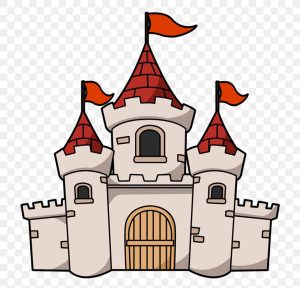
Mon Plaisir
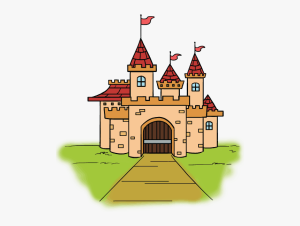
Mon Bijou
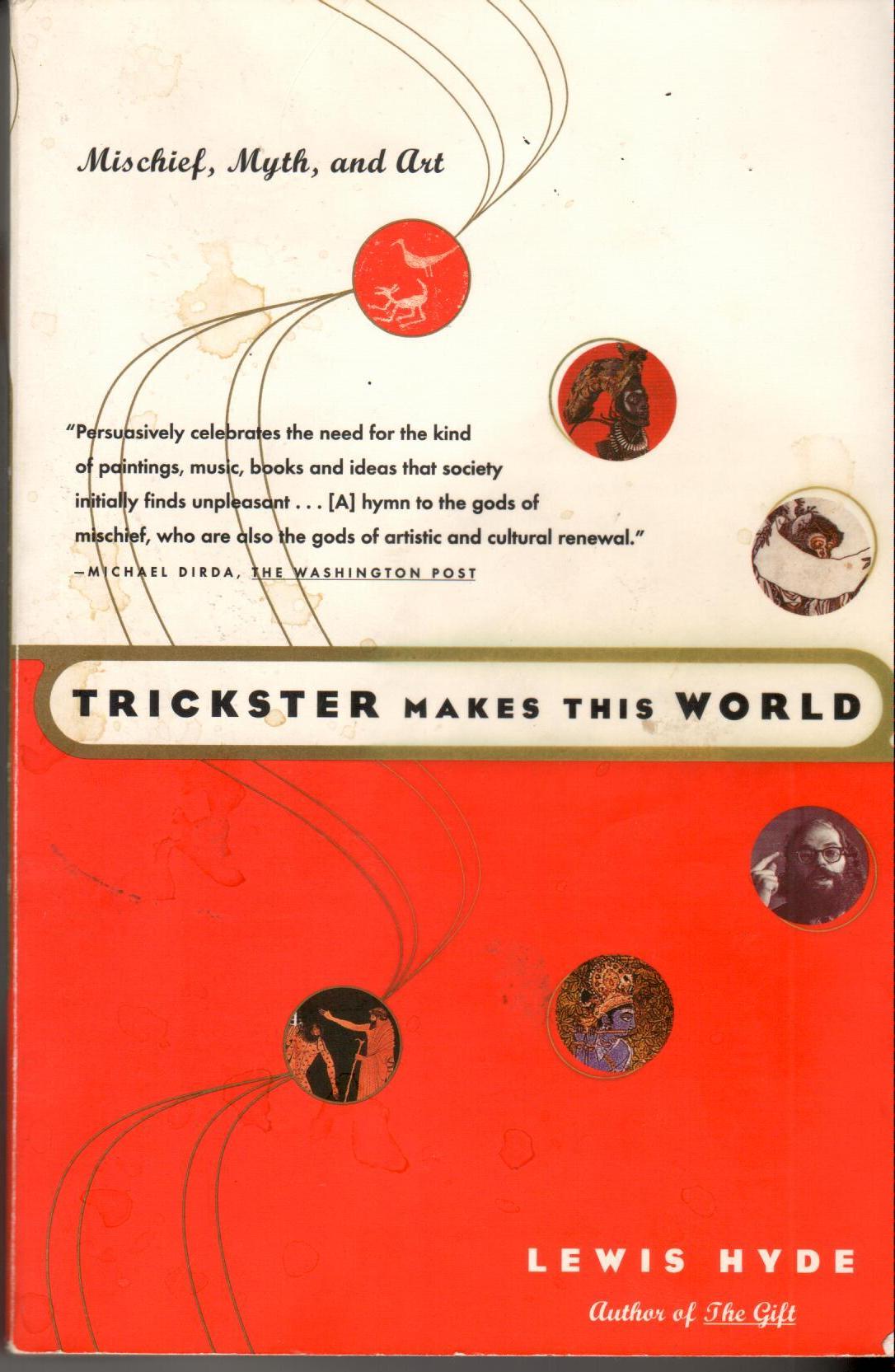
TRICKSTER MAKES THIS WORLD
IT WAS THE YEAR 1928
Fontainebleau
January
Dina wrote Mina that Mieke would give birth to her second child in July. She wanted Mina to join them for this occasion to meet little Leah and the newborn. Johan and Tony should manage the gallery in her absence. Dina also wrote Eva, inviting her to join Mina. She wrote Anton to please escort the ladies to France. Nico had suggested that he should get the gift of being godfather to the newborn as the Uhrbach family owed his father gratitude.
It was July the fourteenth
Poldie and his family, and Nico, Nana, Gigi and Phina were established in Fontainebleau. The Dutch contingent—Mina, Eva, Anton—was staying with Dina and Phlip at Mon Bijou.
At their chateau, festively decorated with French flags for Bastille Day, the Rockwells gave a party attended by the extended family. All smiles, Mieke patted her abdomen. Dina said with a nod at Teddy that he would soon hold a son in his arms. Laughing, they made bets on the baby’s gender.
The next morning a telegram arrived for Teddy—informing him to rush to London as his beloved Bishop Lucius Doyle was hospitalized. The bishop, Teddy explained, had been his spiritual mentor since he was a teenager: a father figure. Dina packed his valise.
Two days later a telegram from Zandvoort announced that Nicolay Uhrbach had died. Mieke shed tears, remembering her little brother clinging to her in their bed at night; he was prone to nightmares.
The next day, July 18, Mieke gave birth to a baby boy. Nico and Phlip went to the post office and sent Teddy a congratulatory telegram that Jacob Joseph Rockwell was born. The clerk handed them a telegram just arrived from London. Teddy informed them that the bishop’s funeral was on the 25th, and he would be returning shortly thereafter.
At Mon Plaisir, Dina and Poldie were in the nursery watching Mieke feeding Jacob.
Poldie nudged his sister, whispering, “I’m worried, Dina. That little guy doesn’t scream.”
Dina stared at mother and child. She nodded. “I’m very worried, because . . .” her voice cracked.
Poldie put an arm around her. “Because of Charlotte?” he murmured, squeezing her. “Ít’s now Russian roulette?”
“Nico.” Dina’s bosom heaved. “He’ll notice. And then what?”
Poldie put his lips near Dina’s ear. ” Dear sister, all hell will break loose.” He nibbled at her earlobe. “We must trick not only Nico but also Teddy.”
Dina freed herself from Poldie’s embrace. “Let’s talk in the garden.” She waved at Mieke, who broke out in a huge smile.
They were strolling, arms linked, when Dina said visibly agitated, “The time for action has arrived, Poldie. Nico will demand a divorce and you know what that means for Phlip and me. We’ll be ostracized.”
“I asked Pastor Andreas where this idea, that heaven is closed to adulterers, came from,” Poldie said with a chuckle. “And he said that Prophet Malachi had said that the Lord God of Israel hates divorce. We know that Phlip can’t handle the truth so we must start the gravy-train.”
“But,” Dina said, with a wink and a smile, “we mustn’t talk scandal.”
Poldie made a face. “If we play our cards right,” he said, “we can pretend and conceal.”
Dina sighed. “Poldie,” she said, the smile left her face, “Nana is my biggest problem . . . how to convince her to overlook that Jacob’s future is bleak?” She squeezed his arm. “Nana will insist that the whole wide world will be notified that Nico is innocent; that the problem is our family.” Dina’s eyes brimmed with tears and she withdrew her arm to wipe her eyes. “How,” she blurted out, “to tell Teddy!”
Poldie’s face lit up. “Just like you told Nico,” he said. “that the problem may be his background.” He grinned. “Ask Teddy if . . . they have a black sheep hidden somewhere in their past. Put that idea in his mind.” He took Dina’s hand. “It will be easy to bribe Nico with money because Nana will be thinking of Gigi’s future. And that means plenty of money.”
Dina nodded. “Bribery will be easy.” She paused. “And how about Anton?”
“I’ll take care of Anton.” Poldie laughed. “His divorce will cost him money and he, also, will need extra income.” He squeezed her hand. “Teddy will never have to know.”
Dina smiled when she said,” I’ll instruct Mieke what to say.”
Poldie said with a nod, “The truth is no match for lies.”
The next day, Dina and Phlip holding a wrapped painting arrived at Mon Plaisir before lunch.
Phlip went straight for the library.
Dina went to Mieke’s bedroom. Mother and daughter embraced. Then Dina took the baby from his bassinette.
“Do you remember Claudius as a baby?” Dina sat in the chair near the bed.
“He was angelic.” Mieke held out her arms.
Smiling, Dina rose, and gave her Jacob saying, “Never cried.”
Stroking her baby’s head, Mieke said, “Never cried!”
“Mieke,—Dina sat on the edge of the bed—“Jacob is like Claudius.”
Wide-eyed, Mieke looked at her mother.
”Jacob and Claudius do not cry.” Dina swallowed hard. “Do you remember Phina crying as a baby?”
Mieke nodded, whispering, “Always hungry.”
Dina inched closer as she murmured, “You loved Nicolay and Claudius.” She stroked the infant’s head “We all love Jacob.”
“Moeke?”
“Yes Mieke.” Dina put an arm around her daughter’s shoulder.
“Teddy.”
“I’ll tell him everything he needs to know.”
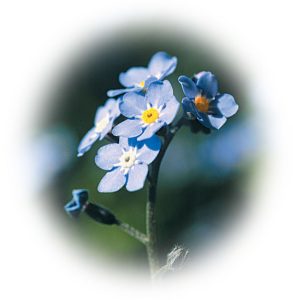
Wiping her eyes dry with a handkerchief, Dina went to the library. “I told her.” She nodded at Phlip. “Now it’s your turn.”
Phlip took the painting and went to the bedroom. Jacob was in the bassinette. He looked at the sleeping infant; then at his mother. “We love him, Mieke, and we love you. Teddy will love his son.”
Phlip went to Mieke and kissed her. “Do you remember the day when I was going to paint your fan portrait?”
Mieke nodded.
Phlip unwrapped the painting and held it up. “You promised not to tell a soul that I used Father’s portrait. Remember?”
Mieke nodded.
“I painted this vase with flowers so you’ll never forget your promise.” All smiles, he gave her the painting.
Mieke stared; then a smile lit up her face and she shouted, “Forget-me-nots!”
“And the red ones are wallflowers.” Phlip pointed. “I want you to remember that at sixteen you were a wallflower and that the fan portrait in the salon became a holiday ticket to France.” He took the painting. “I want you to put it up where you’ll see it every day”—he put the painting on the chair—“to remind you of your promise.”
Mieke held out her arms and they embraced, Mieke saying, “Yes Phlip! It’s our secret!”

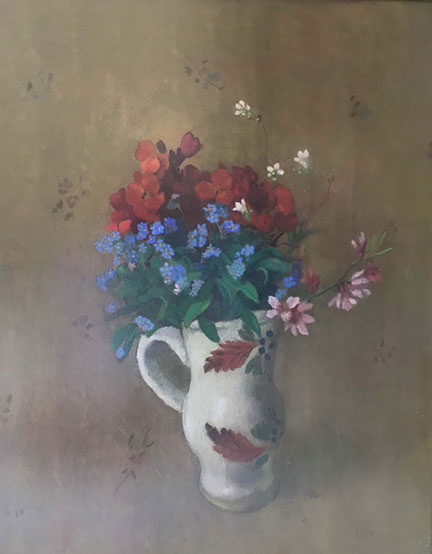
PS363
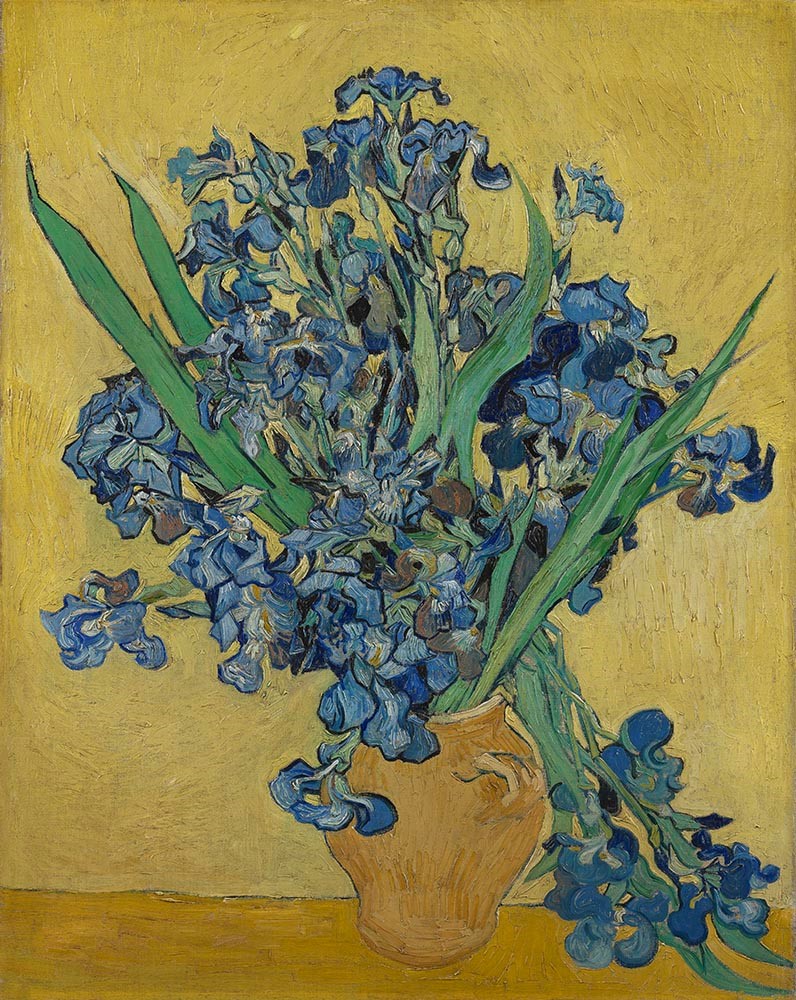
VAN GOGH ‘IRISES’
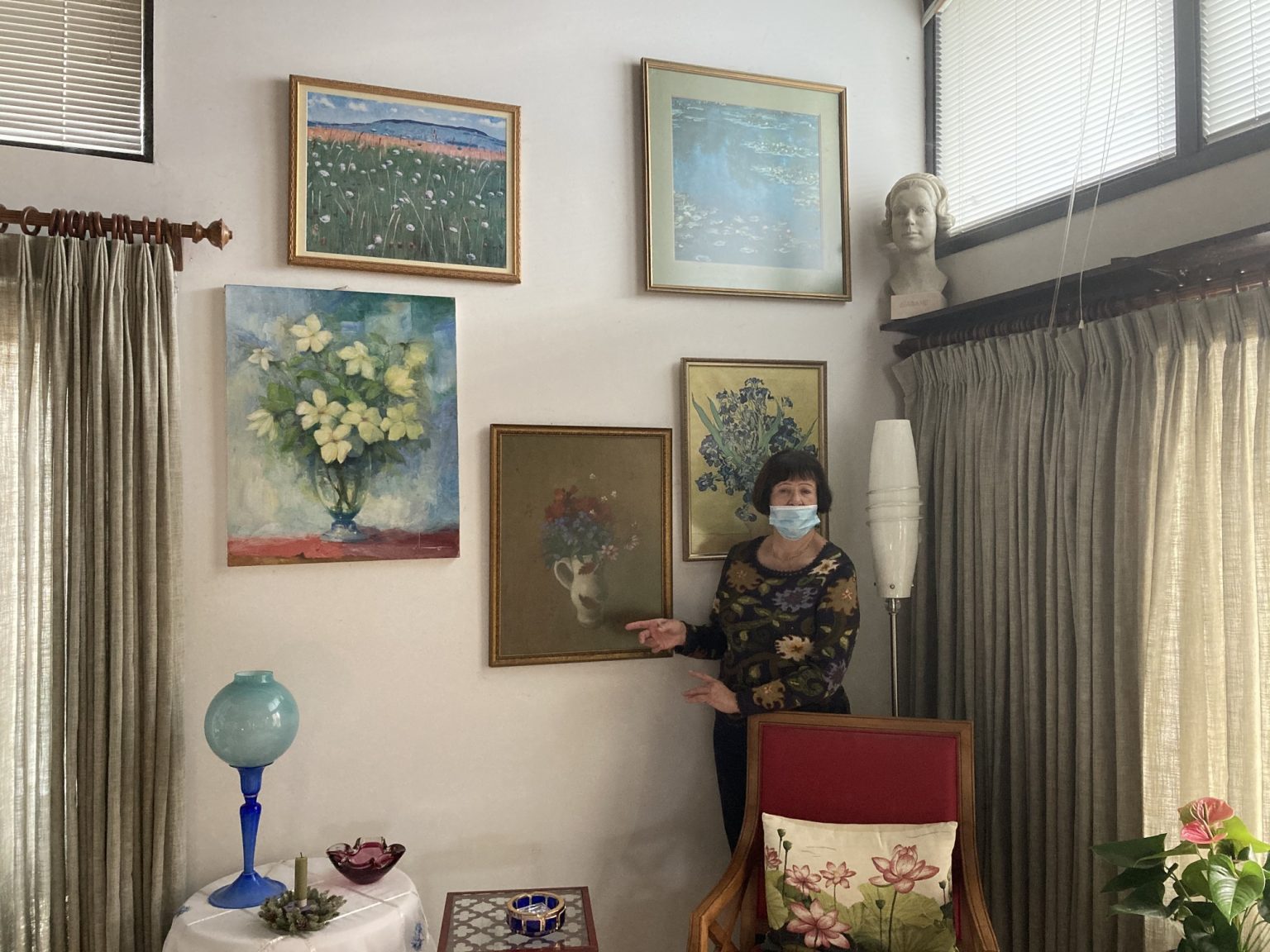
LOOK and SEE . . .
A picture-painting is a voiceless poem
PHRA ACHARN CHAH:
Watch your thoughts, for they become words
Watch your words, for they become actions
Watch your actions, for they become habits
Watch your habits, for they become character
Watch your character for it becomes your DESTINY
A FICTICIOUS STORY
MAY ONE DAY
BECOME A REALITY
WHEN MADE
INTO A MOVIE WITH
FLESH AND BLOOD “CHARACTERS”
WE LIVE IN A UNIVERSE WHERE REALITY IS
WHAT WE CONSTRUCT IN WORDS [Wittgenstein]
COMING UP:
THE GREAT DEBATE
ON
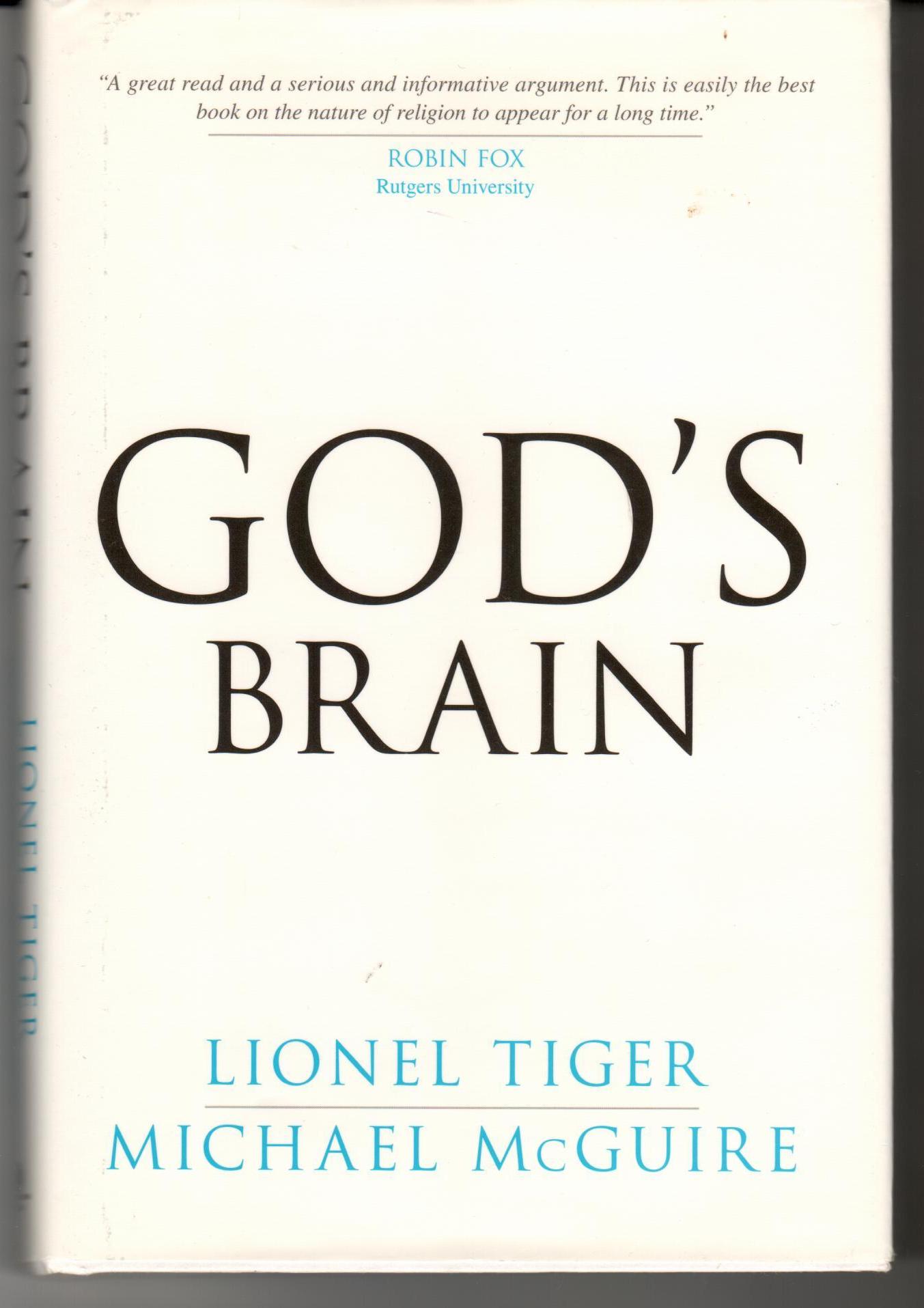
GOD’S BRAIN
May
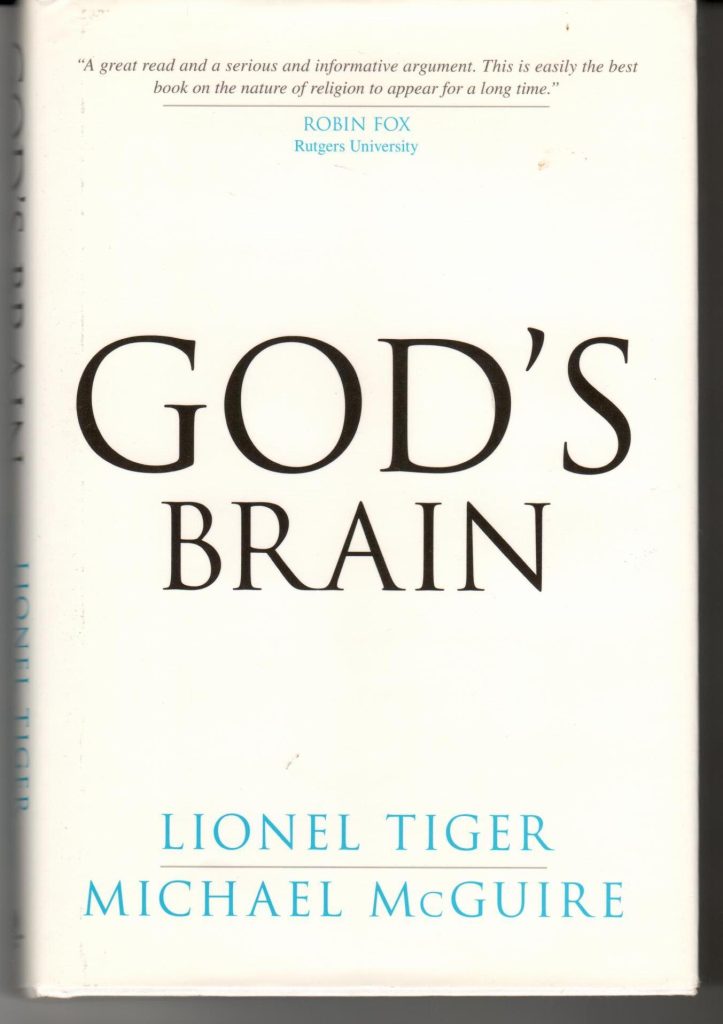
He was a wise man who invented God
[PLATO]
The authors gave us their “field of view”: positions.
Anthropologist Lionel Tiger suggests that when villages became town/cities a hierarchy developed: Deity—King/Priest . . . in the Middle East/Levant—land of wheat/barley. The king’s duty was to defend their territory: the soldier became a necessity. The priest established rules and rites [RELIGION] given to him by the city deity: the ultimate ruler. The priest needed a retinue to feed the deity at his/her abode: the TEMPLE.
The civilizations [maize/corn and potatoes] of the Americas developed [more or less] on a similar pattern as did the civilizations [rice] of Asia.
Neuroscientist Michael McGuire thinks that “from the beginning” homo sapiens/people had to cope daily for survival under STRESS. The BRAIN selected happy/tasty foods [chemicals/ serotonin] to “sooth” brain feelings. [Biblical Noah sipped wine] In the past, congregations [religious establishments] provided brain-soothing [hope] feelings. In this century, mega music festivals and sport events [the Olympics; Qatar: soccer; Wimbledon: tennis] are our valves.
Attitude is everything: Get a grip on your mind [Buddha]. YOGA is “in”.
I have been repeatedly implored by a FAN to be the moderator for God’s Brain.
Herewith MY input.
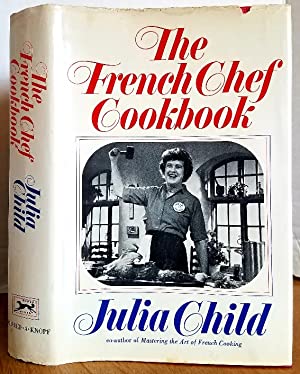
So—to begin with—I thank JULIA CHILD who showed us on television how to cook “haute cuisine”.
I had to write an archaeology essay and I thought of FOOD: WHEN DID WE BEGIN TO COOK? I started [this was 1968] with the beginning and on to the Neolithic period better known as The Stone Age. And I asked a Dutch artist friend to design a book cover because I had a “hunch” it might become a “tome”. [Just as Julia’s published cook books!]
Twenty years later [returning to Philadelphia], I asked Bernard Wales, my professor, if someone had already written on this subject. I got the green light!
That’s when my odyssey began—having decided by then to concentrate on what I called the “belly-foods” [staff of life]: wheat, barley, and oats—rice—maize/corn—potatoes.
Alas, I realized that I had too much on my plate! Science is a never-ending quest: especially about T I M I N G and thanks to technology to more information.
However, I’m determined to finish/recreate—NEOLITHIC CULINARY DELIGHTS—before I turn 90!
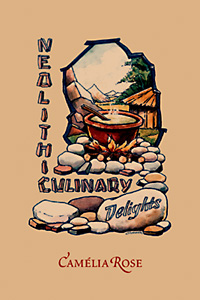
THE HUMAN JOURNEY
HUNGER IS THE BEST CHEF
In the beginning there was the TONGUE
And the tongue lapped water
And the tongue licked eatables
Foraging—fingering edibles
Cupping hands—sipping; scooping seeds
Lips and tongue—mouth munchin
A toddler licks his plate clean
A child whets her finger to pick up a cookie crumb
Cocktail party: finger-foods
TWO STEADY FEET
The vehicle to FIND FOOD
Propelling—MOVING FOREVER
WANDERLUST
TWO MAGIC HANDS
For a group looking for FOOD [the fossil fuel of human energy]
TONGUE and HANDS became TOOLS for COMMUNICATION
to FEED the hungry BRAIN;
entrance to the MIND
WITHOUT OUR MEMORIES—MIND—WHO WOULD WE BE
In Eden a nightingale in a rose bush sang her heart out!
Cradling her infant, Eve trilled her tongue: tra-la-la my love!
Beetles were chirping in full force
as a kneeling Adam voiced: I hold your hand!
What is your mother tongue?
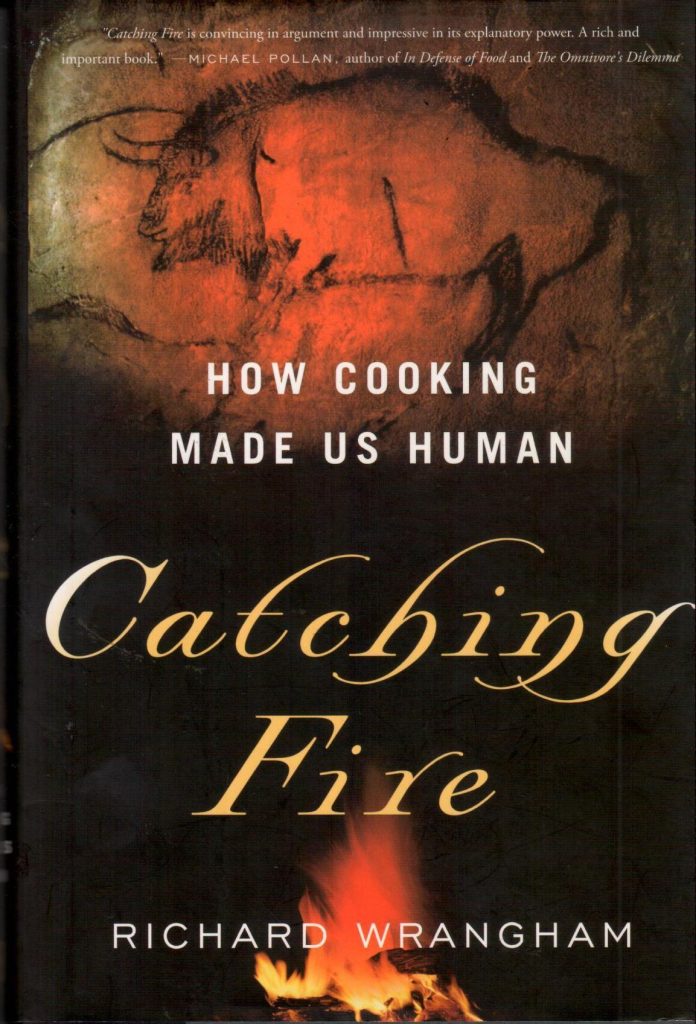
THE TOOLMAKERS and INVENTORS
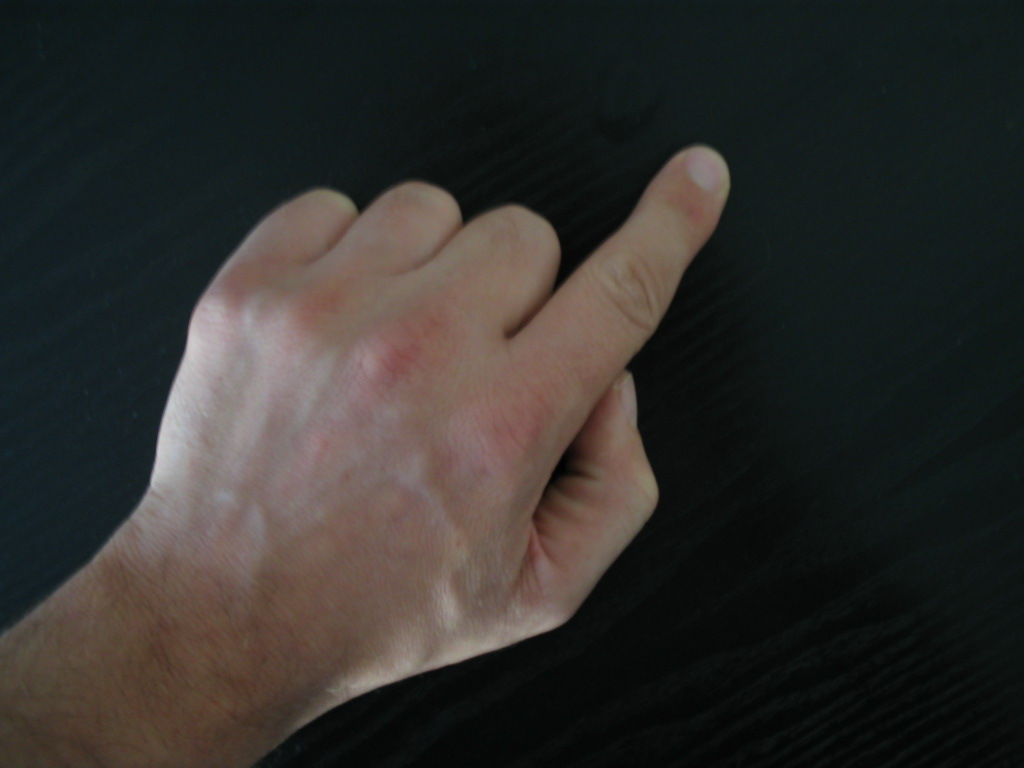
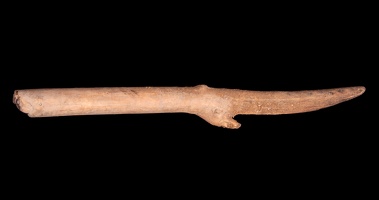
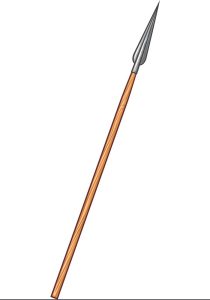
In the beginning . . . there was the finger digging for edibles.
Hungry, she looked around for a longer finger!
And then one of them smiled . . . and added at the end a flint!
Voila: The spear!
Dig up an idea
When we became flesh-eaters
the concept/idea of the FORE-ARM as a TOOL
became the “HANDLE of the AX”
FOR CUTTING UP-------MEAT

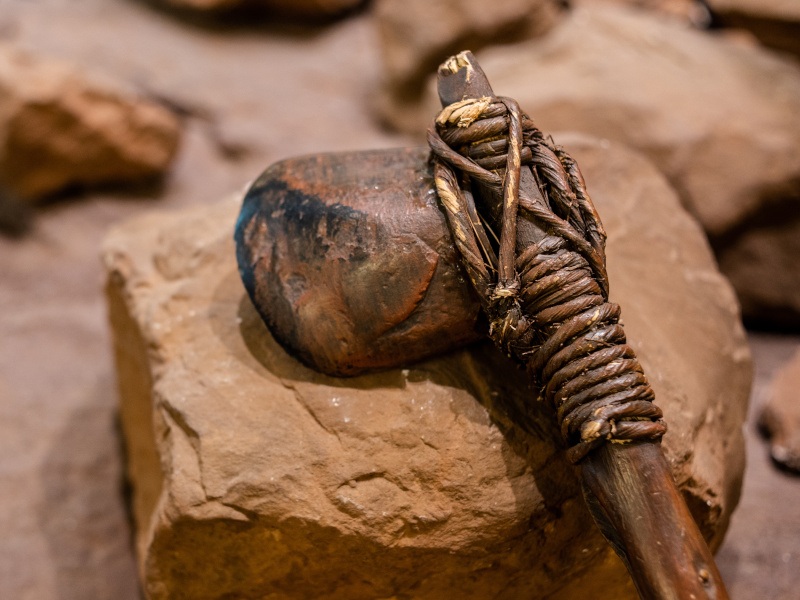
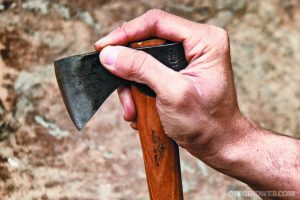
So David triumphed
over the Philistines
with a sling and a stone
[1 Sam 17:50]
In the Levant: stone throwing was still practiced in the 20th century.
THE HUMAN STORY
ACCORDING TO OLGA
The story of “WANDERLUST” is the story of “HUNGER” : of humans staying alive and adapting to their environment—OUT OF AFRICA into the WORLD: the Mediterranean basin and the Middle/Far East.
EVENTUALLY . . . human groups encountered each other. When they weren’t hungry, they’d sit around the campfire. Small children, laughing, chased each other; the older children pranced around, clapping their hands. The adults communicated using hands, mouths, and uttering sounds. When the groups parted, the small children embraced and the older ones touched each other’s mouths, making kissing sounds. The adults were all smiles; the men waving their spears and the women their digging sticks.
EVENTUALLY . . . each group had to face the sad moment when a mother could no longer walk because of a foot infection. It was then that her sturdy son carried her on his back: day after day. Around the campfire the males had to make a grim decision: abandon her so that the group could stay alive—walking to satisfy their hunger. The women and children huddled around the lame mother; who knew her destiny. But then the son approached them and proposed to stay with his mother if two women, he pointed at them, would also stay and help her getting well. The children cheered, pointing at the mother and then at themselves: They were going to keep her company. And so it was decided that two adult males would also stay and keep them safe from beasts of prey.
EVENTUALLY . . . it was the bonding of mothers and their children that started the “revolution” of growing FOOD and building shelters in their chosen territory/region that became the foundation/basis of ALL subsequent inventions: tools for survival.
Necessity is the mother of invention
THE HISTORY OF HUMANS
IS
THE HISTORY OF LANGUAGE
In the beginning . . . there was the tongue
CAMPFIRE TALK :
FOOD FOR THOUGHT
From campfire talk to
mass speech on the Internet

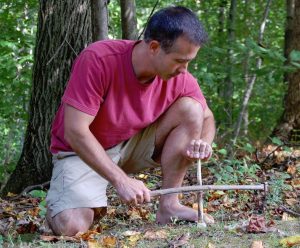

Benjamin Franklin invented
the lightning ROD; then the light bulb
was invented:
LIGHT WITHOUT FIRE
IMAGINATION is the BEGINNING
of all magical operations
I can dream up anything:
Frankenstein!
WITTGENSTEIN
Imagination depends on perception: the echo of a THOUGHT
[A thought—an inward/silent picture becoming an outward/sound expression]

AS FREE AS A BIRD
So . . . human groups became “tillers of the soil”, creating oasises—little Edens—near water, sharing this precious commodity with other animals. Observing the beavers, they learned how to make “bricks from clay” to erect shelters for themselves; and irrigation channels to cultivate FOOD in protected plots.
The small children paid attention to their mothers who showed them how to grow their food. The older boys occupied themselves by making objects, and ushered into the world the reed flute and the drum.The older girls watched the men forming bricks, and one of them had a creative idea [a light bulb moment] and with her magic hands gave birth to a vessel—for cooking food in water—that she then set in the campfire: pottery became a cultural identity.
Wedgewood china
When their hands were idle, humans gathered and they began to wonder about: who made the trees, the animals on the ground, the water creatures and the birds in the sky? One late afternoon as they sat in the cooling shade of a cluster of flowering trees a small bird opened her beak and caroled for her audience about divine beings living on the stars.
LET THERE BE CHANGE
And so . . . humans made images of divine beings whom they idealized because those magic hands had made the plants and trees: their FOOD. When the full moon shone on their dwellings, women played the flute and the older boys thumped drums. The children swayed their arms and stomped their feet on the ground as they voiced their excitement.
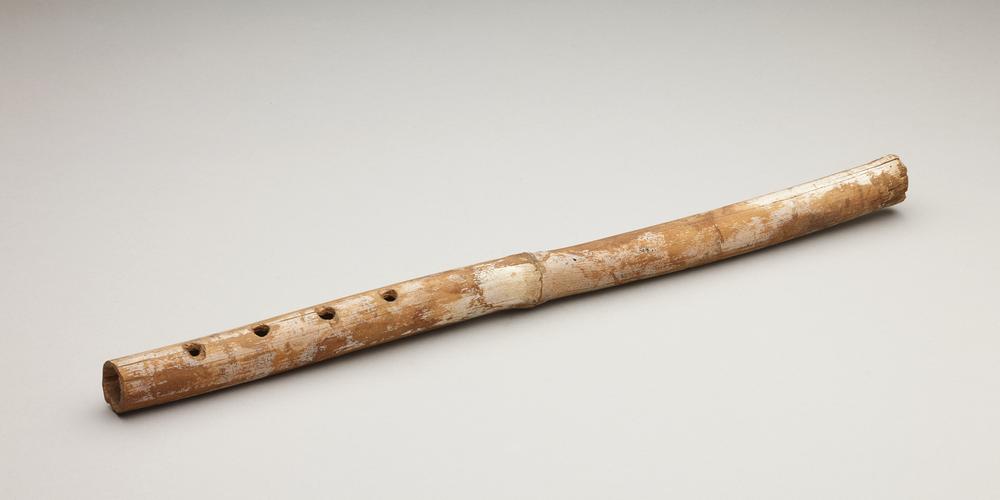

Then two leaders proclaimed that the divine beings should live amongst them and paid homage to. They instructed the populace to build a sanctuary that would unite heaven and earth—a holy house—:THE TEMPLE
The official pecking order—the hierarchy—was established
TO BE CONTINUED
June

THE DIVINE LANDLORD
One leader was the guardian of their territory and ruled as king. His land was tilled “for free” by the populace. The second leader, his title was priest, became the deity’s mouthpiece and ordained custodian of the god’s rules and regulations: THE COMMANDMENTS. One of the duties of the priest was to manage the divine landlord’s food tributes. Collected from the populace, surplus grains were stored at the temple. The king’s soldiers protected the temple granary.
To become a landowner, every female with children had to single out a male to be their father because—every household/family was allotted a plot of land/private property for growing food. Thus, for agricultural purposes, was established—as the core of the emerging communities—the family. Land was passed on: inherited.
Property—with boundaries—became the prime mover
for “land-grabbing”. [still practiced: Putin/Ukraine]

MEMORY—stored information—was a TOOL fundamental for living and learning.
Memory—to remember/recollect/commit/have—a notion or idea coming into the mind again as previously perceived known or felt; keep the memory alive; enshrine in the memory; that inward eye; cast the eye back; calling forth a memory run in the head.
Nat King Cole song: Unforgettable
Poetry: the art of arranging WORDS to a pattern of sounds and rhythm—its role: a means of access to the collective memory of a song and dance culture

At the temple, people worshipped their food provider by chanting and dancing at the sounds of drums and flutes—adding to the merry-making, girls waved rattles. Next to the divine dining room was a plateau where the deity’s statue lorded and where the priest hummed his hymn as he played the lyre.
The drum became the mother of percussion instruments
The flute became the mother of wind instruments
The lyre became the mother of string instruments
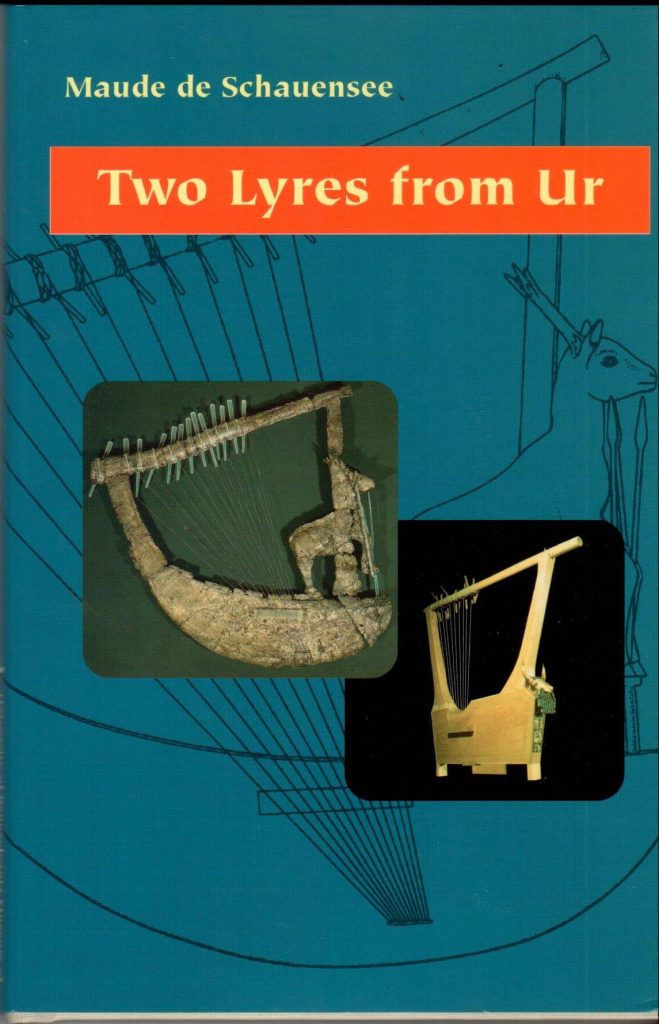
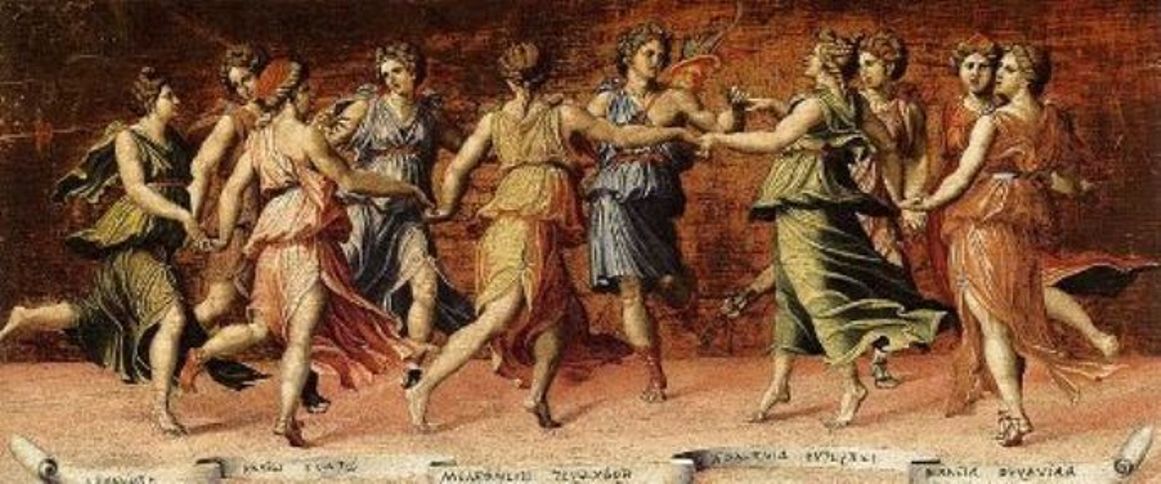

A NEUROSCIENTIST is a person
who “studies/decodes/unlocks” the neuron circuit/networking of the brain.
WITHOUT OUR MEMORIES—WHO WOULD WE BE?
Dementia: gradual death of neurons
DEATH DESTROYS MEMORY

THE BRAIN
IS
the organ of adaptive behavior
and
is nourished by the FOOD we eat
obtained
from the intestines/guts
the micro-biome
Gut “feelings”
WE ARE WHAT WE EAT
Our varied FOOD intake—plants, fruits, flesh: our fossil fuel—resulted in the expansion of brain size and cortical activity that in turn: added information—fed ideas—to new perceptions in the MIND. I CHANGED MY MIND . . .


MURDER, MAGIC, AND MEDICINE
Oxford University Press, 1992
This is an account of modern medicine from its ROOTS in folk medicine. The book explains the chemical basis of modern pharmacology: On how the use and abuse of natural products in various countries throughout the ages has led to the development of many of the drugs we now take for granted.
WITTGENSTEIN:
What is troubling us IS the tendency to believe that the MIND is like a “little man within”
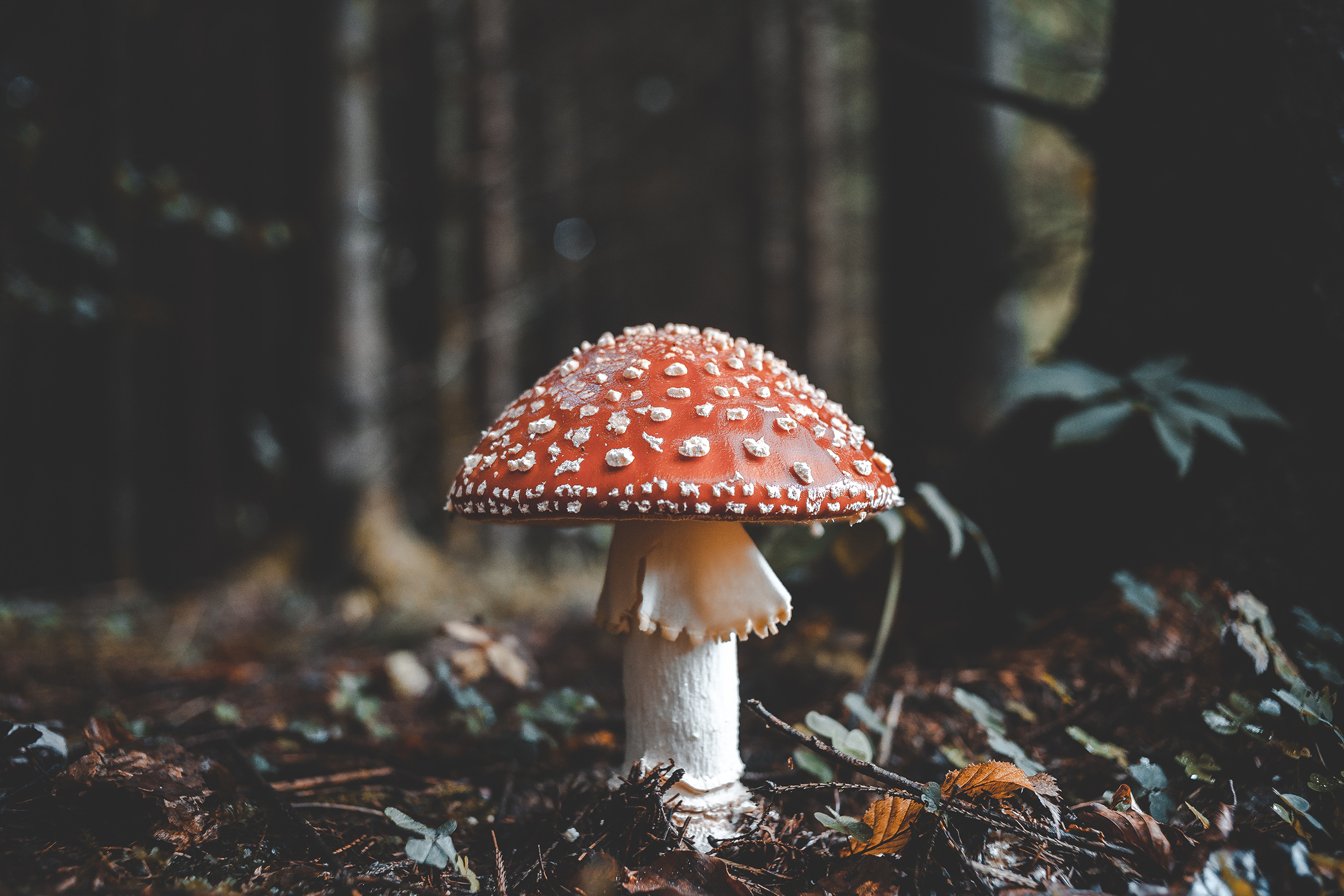
Known as: God’s flesh
The Age of Bacteria: Yeasts are fungi. Humans and yeast have many genes in common. Many generative diseases are due to mutated genes that cause the buildup of misshapen proteins inside cells. Why is it that nerve cells begin to die? [Bubbles, bread and beer: by Olivia Judson; IHT June 30, 2010, page 7]

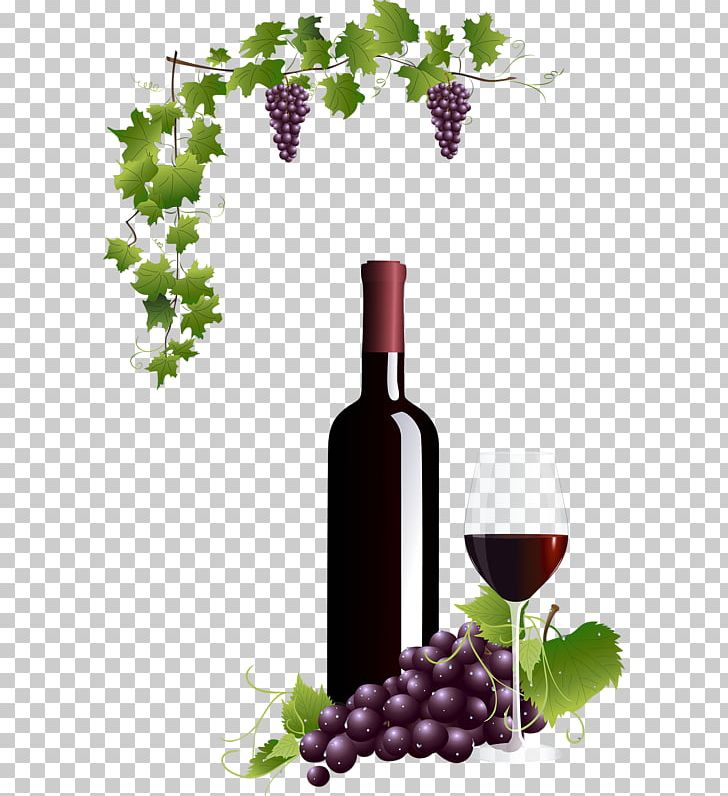
Grain: BARLEY “In vino veritas”
Fermented grains and fruits gave us CIVILIZATION: A feasting culture developed.
To relax: Speaking their minds while “toasting”.
The IDEA of god served the human brain—managing anxieties—by reducing STRESS.
Prophet Isaiah—14:11—Maggots are your bed and worms are your blanket.
What’s wrong with believing in an afterlife?
Illusion is the first of all pleasures: self-deception is like a DRUG
THE POWER OF MIND is infinite;
religions acknowledge that GOD IS INFINITE
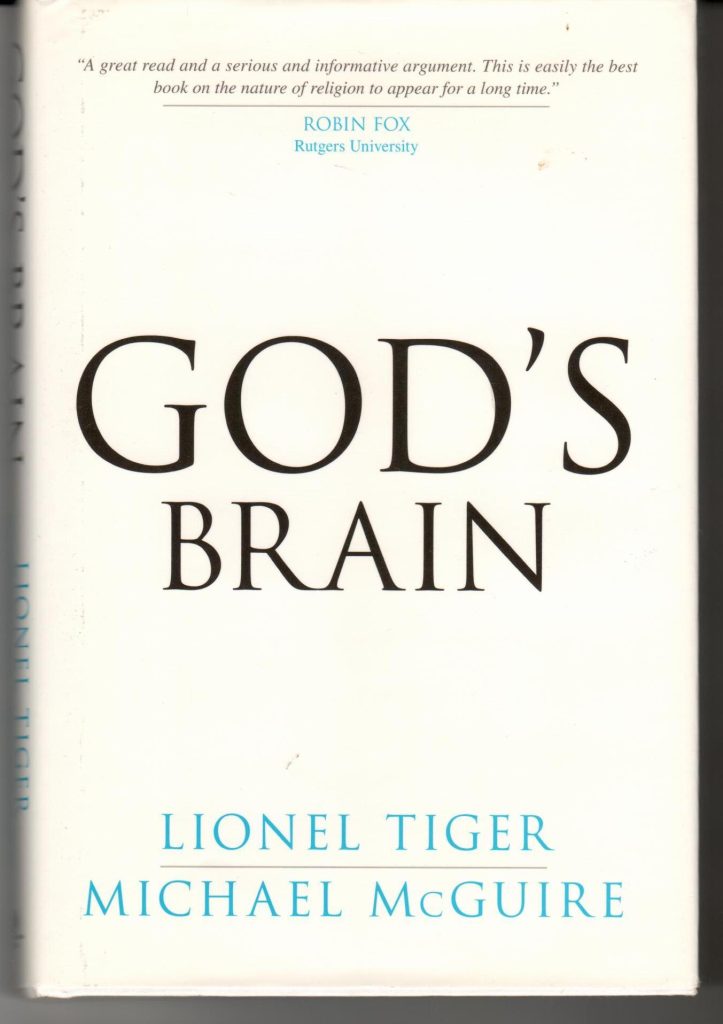
Neural activity—feelings and emotions—turned into thought:
As our thoughts and thinking—so is our MIND: circulation of IDEAS
Her nerves are on edge; a bundle of nerves
Nerves of steel; touching a nerve
Heartfelt condolences
His mood-swings are unpredictable
Mental strain; a crack up
Get a grip on your mind
Bible: Old Testament—EXODUS 20:15: I, the Lord your God, am a jealous God.
The green-eyed monster JEALOUSY: unyielding as the grave, it burns like a blazing FIRE, like a mighty FLAME

Long before people TOLD STORIES of being abducted by aliens, and seeing UFO’s,
tales of sorcerers, and science fiction characters,
ancient people TOLD STORIES of being visited by angels, or gods, or demons.
CHRISTOPHER HITCHENS [1949—2011]
Religion is part of our cultural and intellectual history. It was our first attempt at literature, at cosmology, making sense of where we are in the universe, our first attempt at healthcare, believing in faith healing, and at philosophy.
BLAISE PASCAL [June 19,1623]
Men never do evil so completely and cheerfully as when they do it from religious convictions.
WITTGENSTEIN\
We live in a linguistic universe where reality is what we construct in WORDS.
Shark Tank show on television
Finding our “ROOTS”
has become very popular since the discovery of DNA
I HIGHLY RECOMMEND READING:
[www.oup,com]
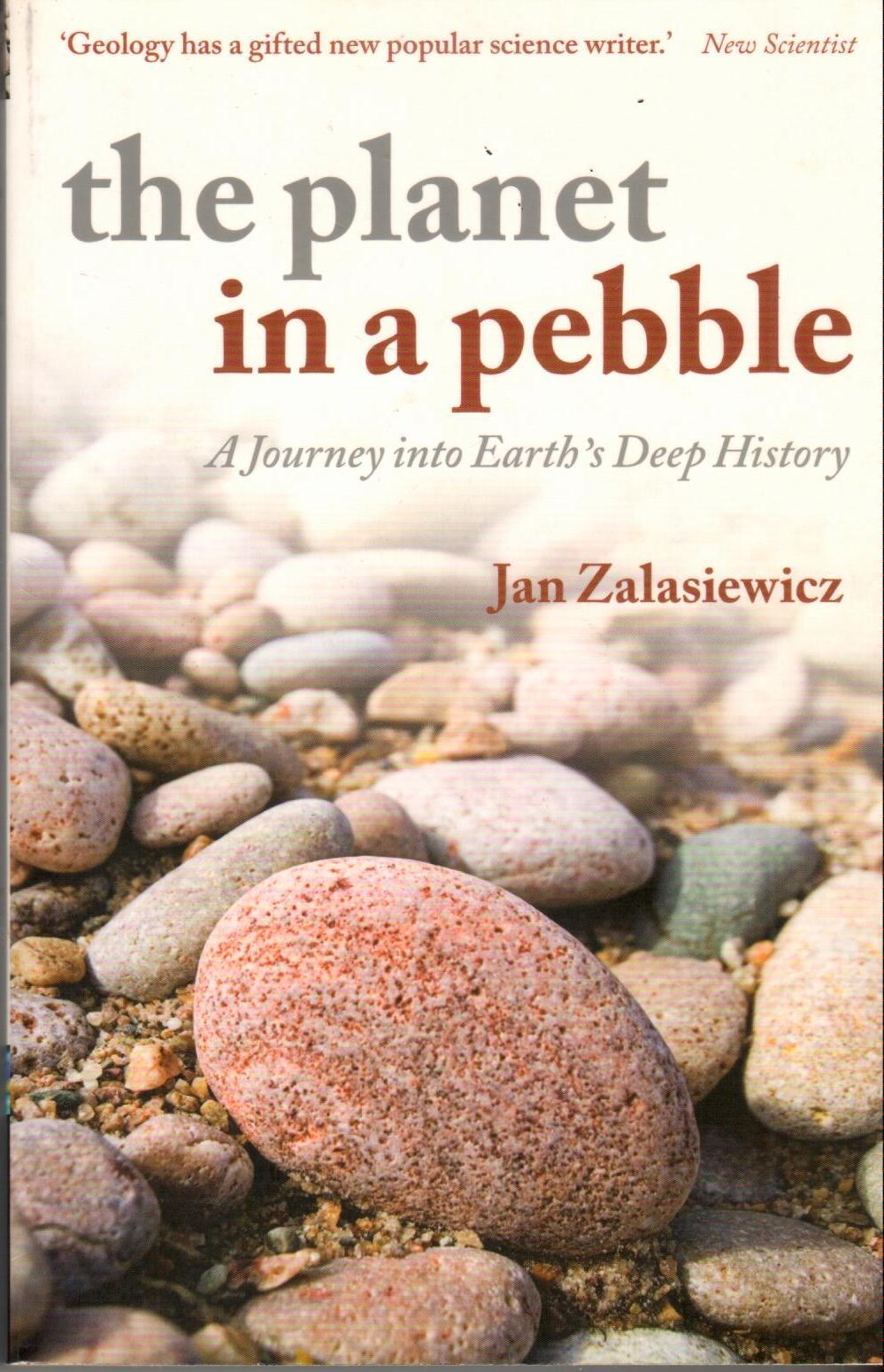
THE PLANET IN A PEBBLE
[this is]
[DEEP HISTORY]
I had tears in my eyes when I finished reading this book,
wishing I could embrance the author for opening my eyes.
In the BEGINNING . . . : the atoms of a pebble—a metal factory
[includes “lithium”]
THAT’S
HOW LIFE “HAPPENED” ON OUR EARTH
Computers and mobile phones depend on lithium
CALCULUS is the language of the creator of the universe
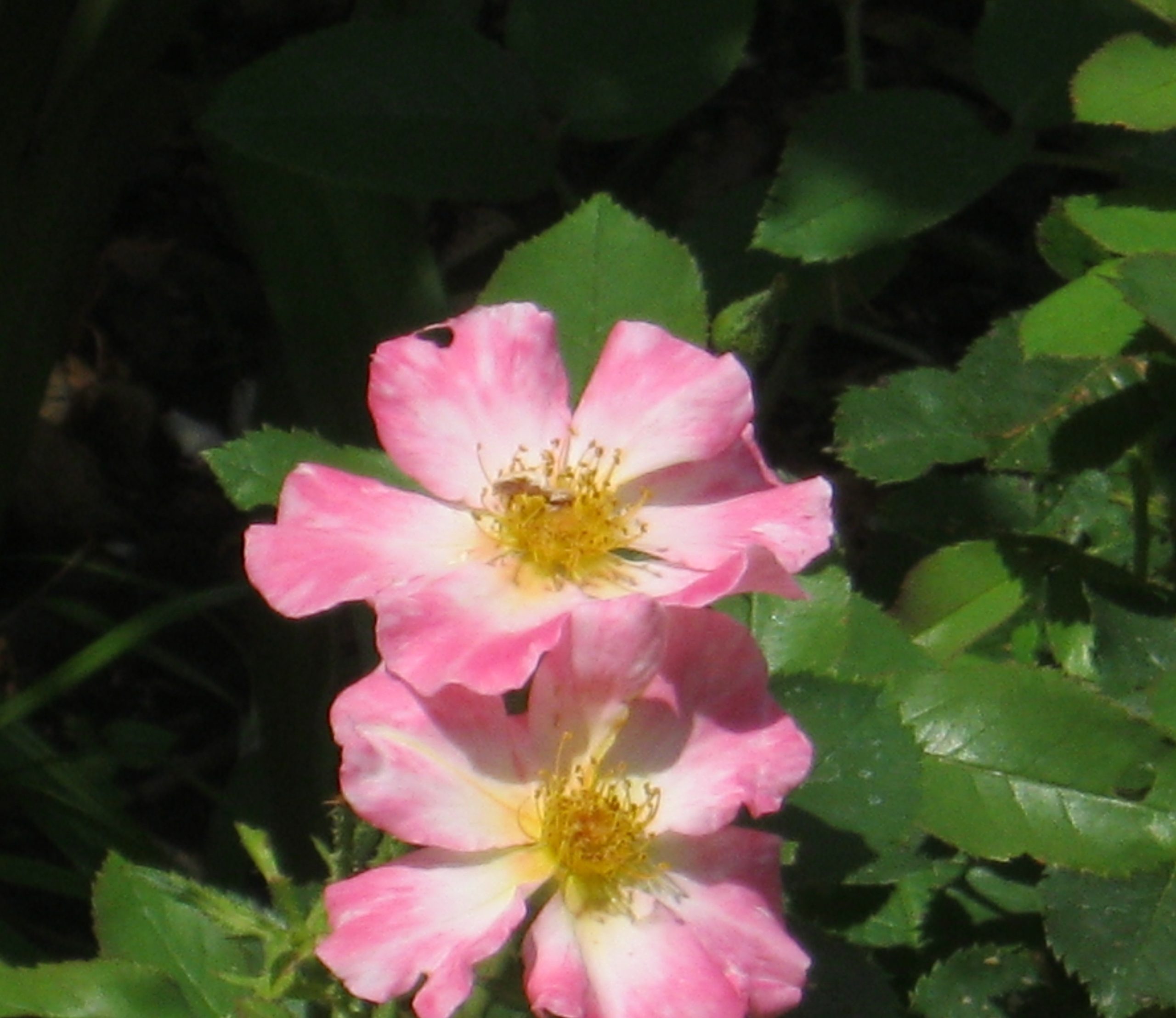
Every IDEA, no matter how outdated, was once modern, exciting and new.
Future discoveries can overthrow what was once SEEN as the truth: The power of science to
move on [action].
INFERNO by Dan Brown—published 2013.
The novel’s final main issue is about OVER-POPULATION and the consequences. It predicts a pandemic [COVID ?] to “cull the herd”. Is this author our modern-day Nostradamus?
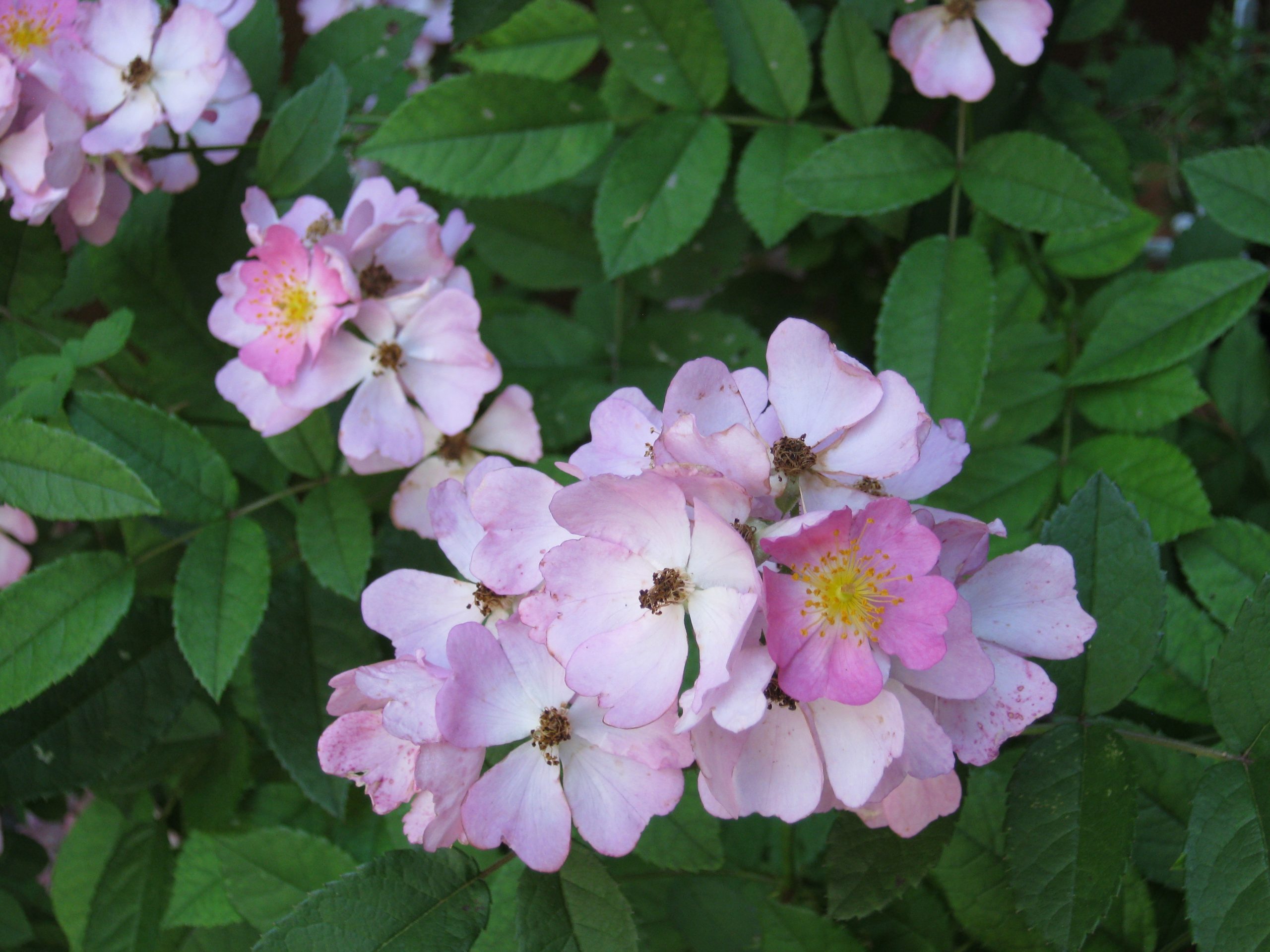
COMING UP:
I have been asked to moderate on FREE SPEECH
THE KINGDOM OF SPEECH
Published 2016—author: Tom Wolfe
July
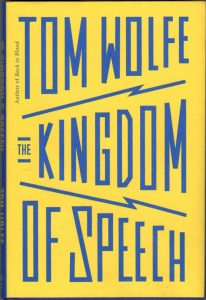
According to the author:
Man couldn’t create artifacts until he could speak [“had speech”].
Handbook of Amazonian Languages by David L. Everett—herewith quotes regarding the Piraha tribes in Brazil: This tribe was the most basic prototype of Homo sapiens. They spoke only in the present tense; past and future were “other day”; they made no artifacts except for the bow and arrow; no dance and music “representation”.
[It seems to me that they lacked CURIOSITY; that started with (Old Testament) Genesis, Eve listening to the serpent telling her to eat the fruit from the Tree of Knowledge. When the couple ate the fruit the penalty for KNOWING about “space and time” was the knowledge of DEATH. That’s why the saying goes: Curiosity killed the cat.
Mr. Everett wrote that speech is man-made—it is an artifact—man’s power over all other creatures in a way EVOLUTION couldn’t begin with.
If there would be no LANGUAGE, there would be no LOGIC. [Wittgenstein]

About 3000 BCE—WRITING was invented at the Temple by priests/scribes primarily for recording deposits of grains as well as for exchange of goods between parties.
WRITING WAS PERMANENT MEMORY/SPEECH: storage of IDEAS on stone, clay, animal skins, papyrus, and lately computer chips.
WRITING is the graphic expression of ACTUAL SPEECH

FOOD FOR THOUGHT
Marcus Aurelius:
You have power over your mind—not outside events.
Realize this, and you will find strength.
Very little is needed to make a happy life;
it is all within yourself,
in your WAY of THINKING.
The PEN is the TONGUE of the MIND [Horace]
Memory is the mother of the nine “muses”—
cultural representations, fundamental for living and learning.
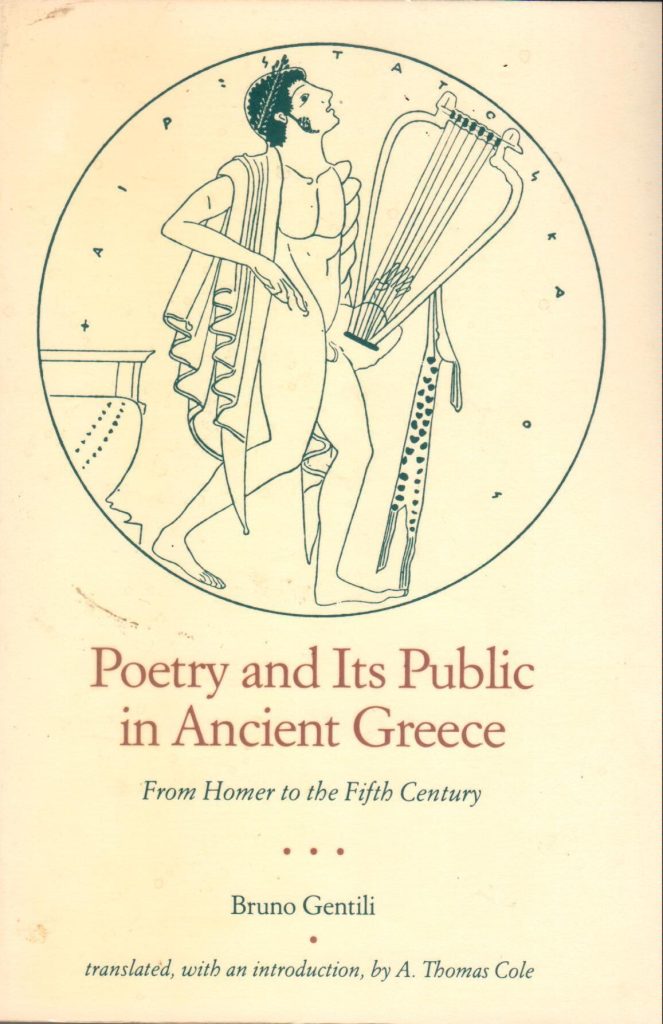
The art of memory
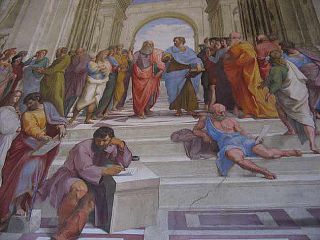
Plato and Aristotle at the agora; painted by Raphael
They were discussing “mnemonics”. Mnemom means mindful. Memorize: using a memory aid.
SPEECH is a mnemonic system comprising of WORDS.
In ancient ATHENS [Greece] the AGORA was the meeting place for DEBATE [SPEECH].

THE GLOBAL AGORA:
THE INTERNET
21st CENTURY:
Universities should be marketplaces of competing IDEAS
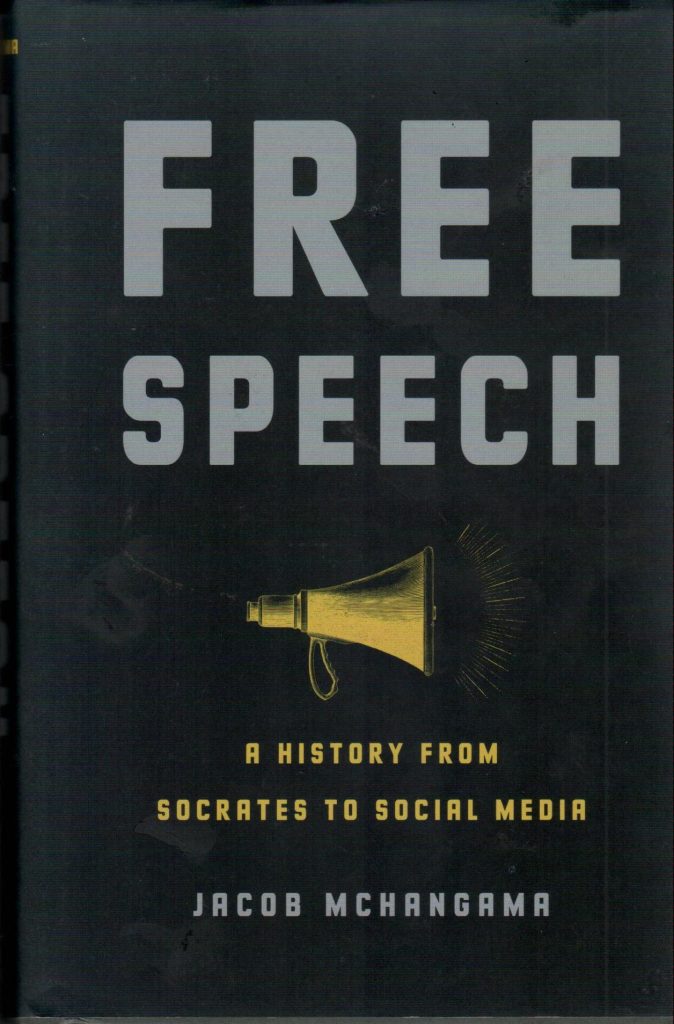
IS FREE SPEECH
A WEAPON OF MASS DESTRUCTION ?
TWITTER: Everyone has a voice
FACEBOOK: The soapbox
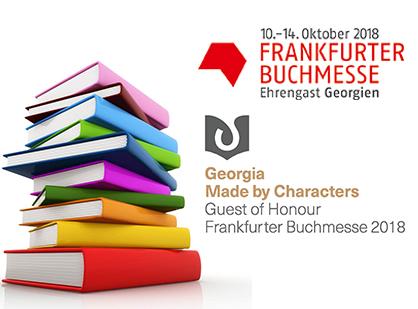
THE FRANKFURT BOOK FAIR
Freedom of the WORD is not negotiable.
The fair is a place for DIALOGUE.
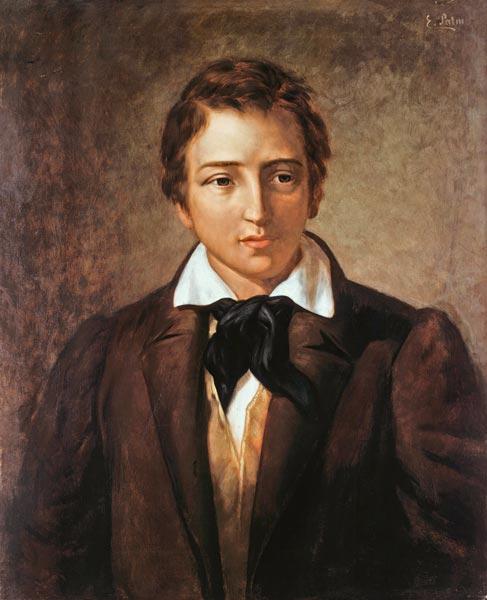
Heinrich Heine, German poet, essayist [1797-1856]
WHERE THEY BURN BOOKS,
THEY WILL ULTIMATELY ALSO BURN PEOPLE.

JEREMIAH 9:3
They make ready their TONGUE like a bow to shoot lies.
TENNYSON;
A lie which is a lie may be met and fought with outright; but a lie which is part truth is harder to fight.

YOU MAY RIDICULE, INSULT AND OFFEND:
BUT YOU MAY NOT LIE
Mark A. SAMMUT, author on philosophy of Law. The Times of Malta, Oct. 19, 2010, On:
THE RIGHT TO RIDICULE
Mr. Sammut quoted the law philosopher Ronald Dworkin: Ridicule is a distinct kind of expression; its substance cannot be repackaged in a less offensive rhetorical form without expressing something very different from what was intended [cartoons]. So, in a democracy, no one, however powerful or impotent, can have a right NOT TO BE INSULTED OR OFFENDED. Mr. Sammut also quoted the Belgian law philosopher Frank van Dun: Telling a lie, as distinct from uttering a mistaken opinion or believing what, in fact, is a lie and passing it on as the truth one believes it is, is unlawful.
There is NO RIGHT TO LIE:
YOU MAY NOT LIE.

Debating FREE SPEECH with the Supreme Court: WHAT IS HATE SPEECH? It’s SPEECH we HATE. [George Jonas, journalist; Canada National Post, March 2, 2013]
FREE SPEECH: what is left over when a community has determined in advance what it does not want to HEAR. [censorship]
Better a thousand fold abuse of FREE SPEECH than denial of FREE SPEECH. [Charles Bradlaugh, 19th century British Parliamentarian]
If liberty means anything at all, it means the right to TELL people what they do not want to HEAR. [George Orwell, author]
The truth you believe and cling to makes you unavailable to HEAR anything new. [Pema Chodron, Zen teacher]
The essence of freedom of expression is the freedom to EXPRESS IDEAS which offend, shock or disturb. [Owen Bonnici, Parliamentarian; the Times of Malta, Feb. 26, 2009: CENSOR CENSORSHIP NOW.]
On what is freedom of expression: ‘Without the freedom to offend, it ceases to exist’. [Salman Rushdie, author]
FREE SPEECH by definition is for the STUFF you don’t approve. [Mark Steyn, Canadian journalist; author of AMERICA ALONE. The book is considered politically incorrect because the author wrote that the West’s acceptance of “multiculturalism” is a real suicide bomb]
In the US it is legally OK to SAY offensive things about a religion and thus provoke hurt or anger. If some want it “criminalized”, then we no longer are supporters of FREE SPEECH.

On religious freedom of expression
Until writing developed, the oral-tradition of “telling a story”—like well-known mythical figure Gilgamesh—had to be someone who was capable of inventing it, and not just for entertainment but as an explanation of humankind’s existence.
The mythmakers/founders of divine beliefs were regarded as the God’s “associate” [prophet]: his mouthpiece.
HEAVEN IS MY THRONE AND THE EARTH IS MY FOOTSTOOL
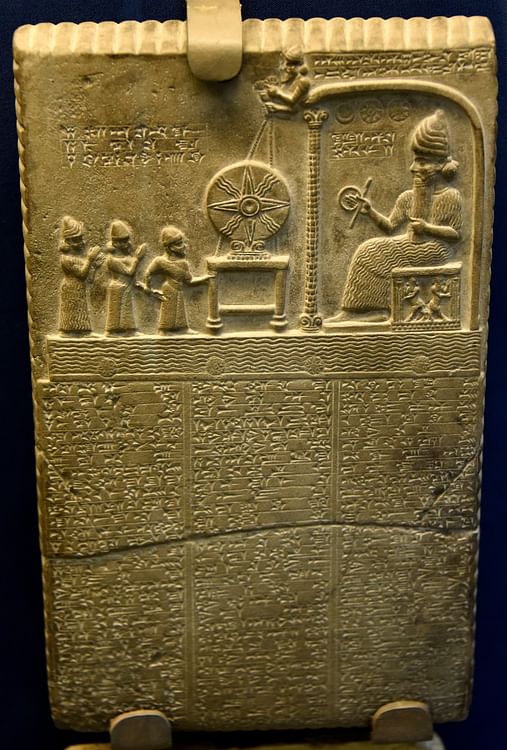
The Sumerian sun-god Shamash represented Heaven and Earth the stool on which the god rested.
Blaise Pascal
Men never do evil so completely and cheerfully as when they do it from religious convictions.
The Medieval Inquisition
In 1199 Pope Innocent III declared “heresy”—Greek for choice: to believe in unsanctioned dogma—a crime that would bring God’s furor down upon Christendom as he was known to be a jealous God [Exodus 20:15]. Thus, an individual who invented a new sect, or followed one, was proclaimed a heretic.
HERETICS HAD TO BE PERSECUTED
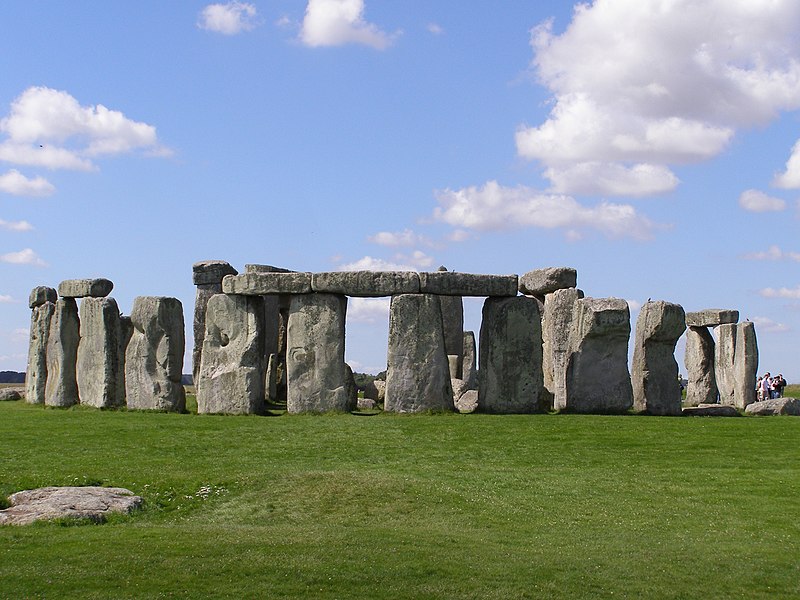
Pagans, those worshipping the SUN-TRIAD—the rising sun, the noon sun, and the setting sun—had to be wiped out.
In 1310 Marguerite Porete was burned at the stake for “believing” that, when spiritually united with God, one had no need for the laws and sacraments of the Church.
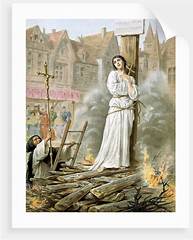
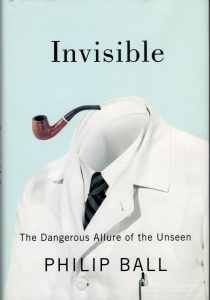
Erasmus of Rotterdam wrote that religion is the cult of the “invisible”.

When the Jews had their sacred scripture [the Old Testament Bible] translated into Greek circa 300 BCE, MOSES became a famous prophet. Supposedly, he wrote the original teachings [the Pentateuch] in Hebrew. Moses related conversations with his God and instructions given, as well as adventures for conquering the land God had promised to him and his people. According to later prophets, one day a baby boy would be born in Bethlehem with the name Jesus whose parents were Mary and Joseph. And so it came to pass. Then, in Jerusalem, Jesus was hung on the cross with initials INRI. His disciples left to preach the teachings of Jesus the Christ, Son of God. Paul of Tarsus, upon reflections on the road to Damascus to persecute Christians, had a revelation and became a flag-bearer for Christianity. His letters are most revealing. [read about St. Paul in my Chapter 9].
The Four Gospels are the teachings of the Christian New Testament: with the fundamental doctrine of the TRINITY—Father, Son and Holy Spirit.

Thomas Paine was prosecuted for blasphemy in England for writing and publishing Age of Reason where he questioned the New Testament teaching us to believe that the Almighty had impregnated a woman engaged to be married. [Matthew 1:18]
CAN RELIGION BE SUBJECT TO “ENGINEERING”?
CAN ONE “ANALYZE” GOD?

TO BE CONTINUED
August
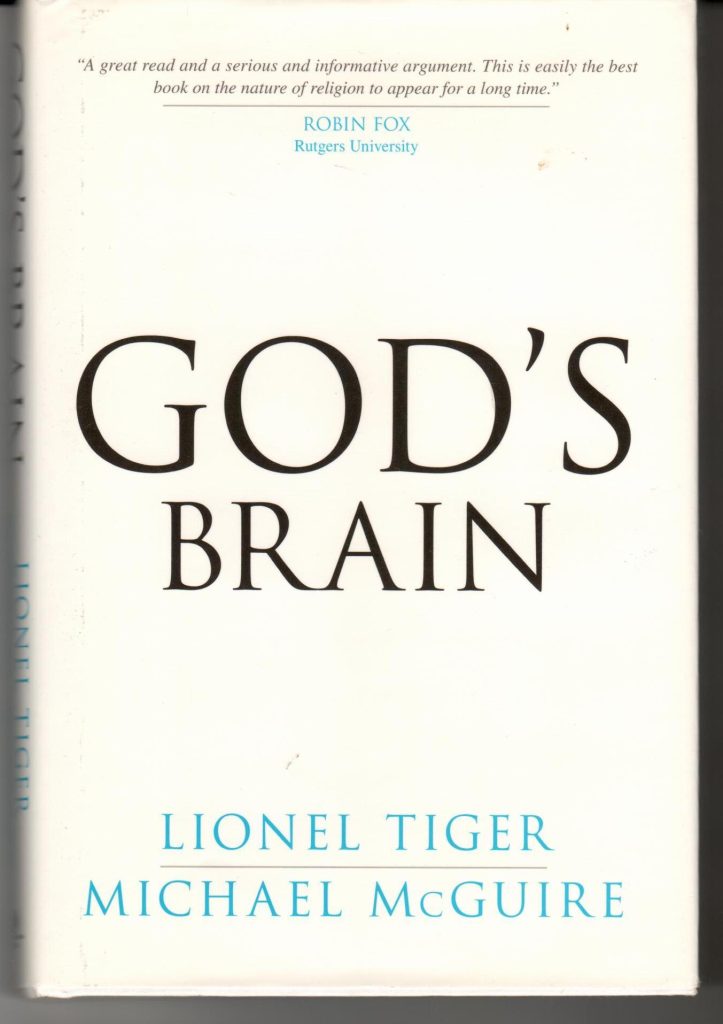
THE SACRED GENERATOR
I AM THE LIGHT OF THE WORLD
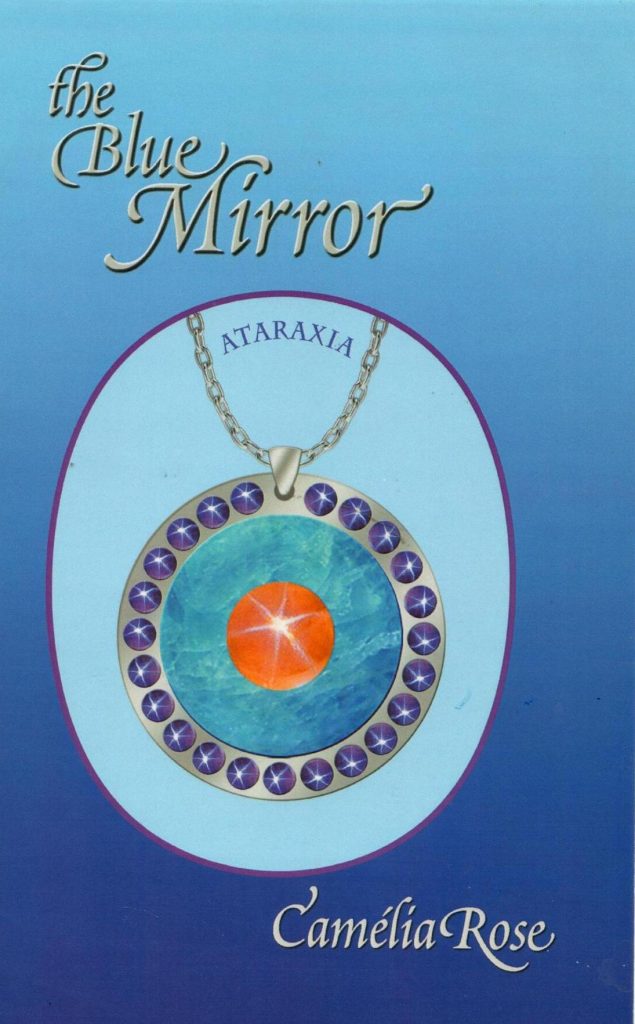
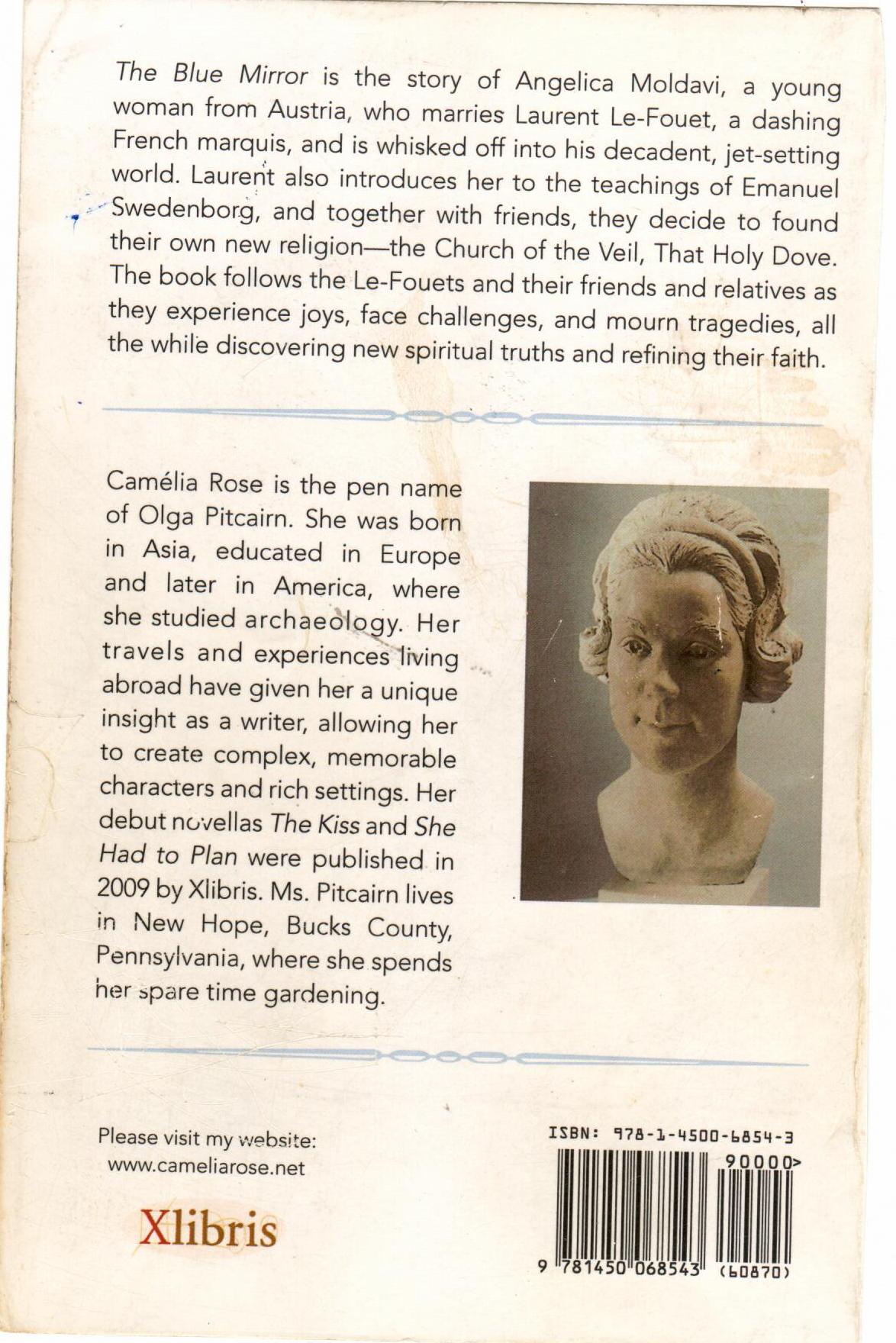
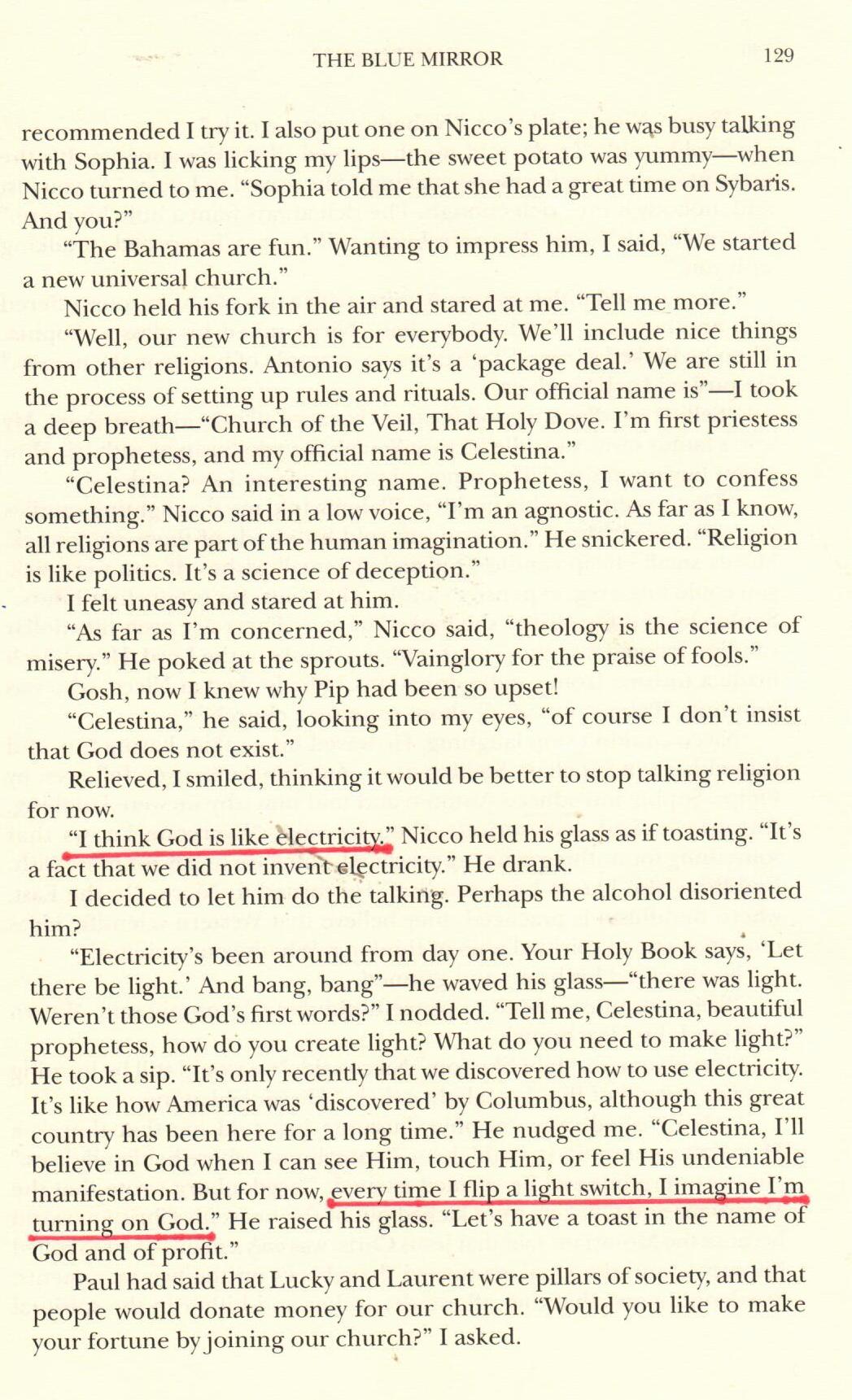
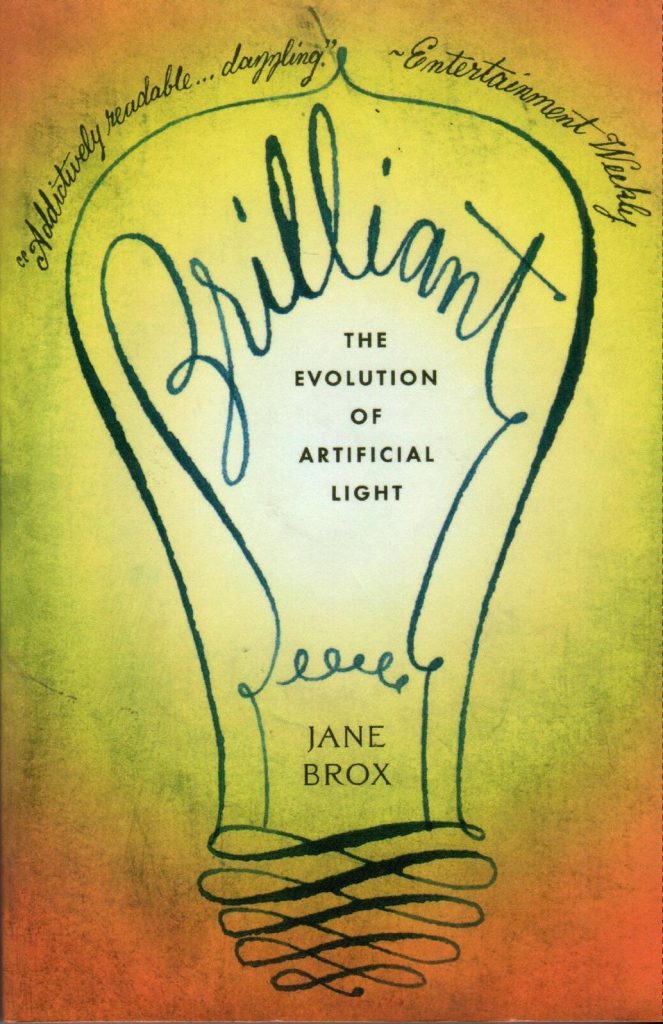
Imagine life without ECO=Electric Company.
Back to making candles?
The deity of the Hebrew Bible [Old Testament] is MALE.
The deity of the Christian Bible [New Testament] is MALE.
The deity of the Koran is MALE.
The deity of the Grantha [India: Sikhism] has NO gender.
The COW, symbol of mother Earth, is sacred to Hindu India; Hindus worship numerous deities.
Buddhism has no deity.
The deity of Japan, the land of the rising sun: Shinto sun goddess Amaterasu is FEMALE.
The deity of ancient Sumer was sun god Shamash: a MALE.
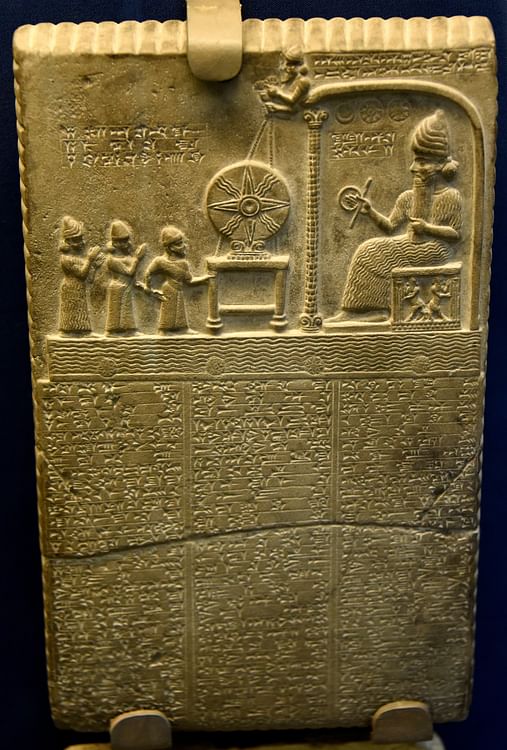
HEAVEN IS MY THRONE AND EARTH IS MY FOOTSTOOL
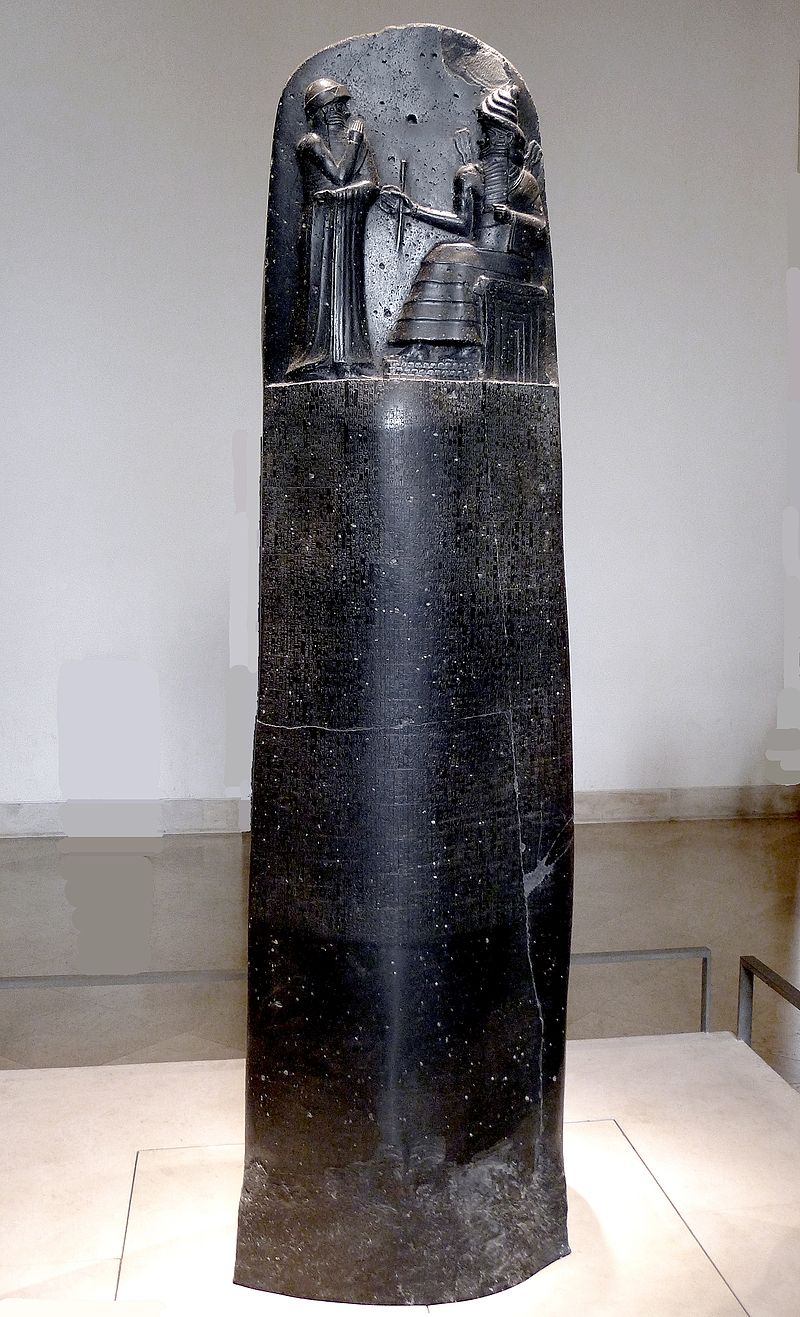
Stele of King Hammurabi [circa 1750 BCE] with his Code of Laws:
JUSTICE FOR ALL
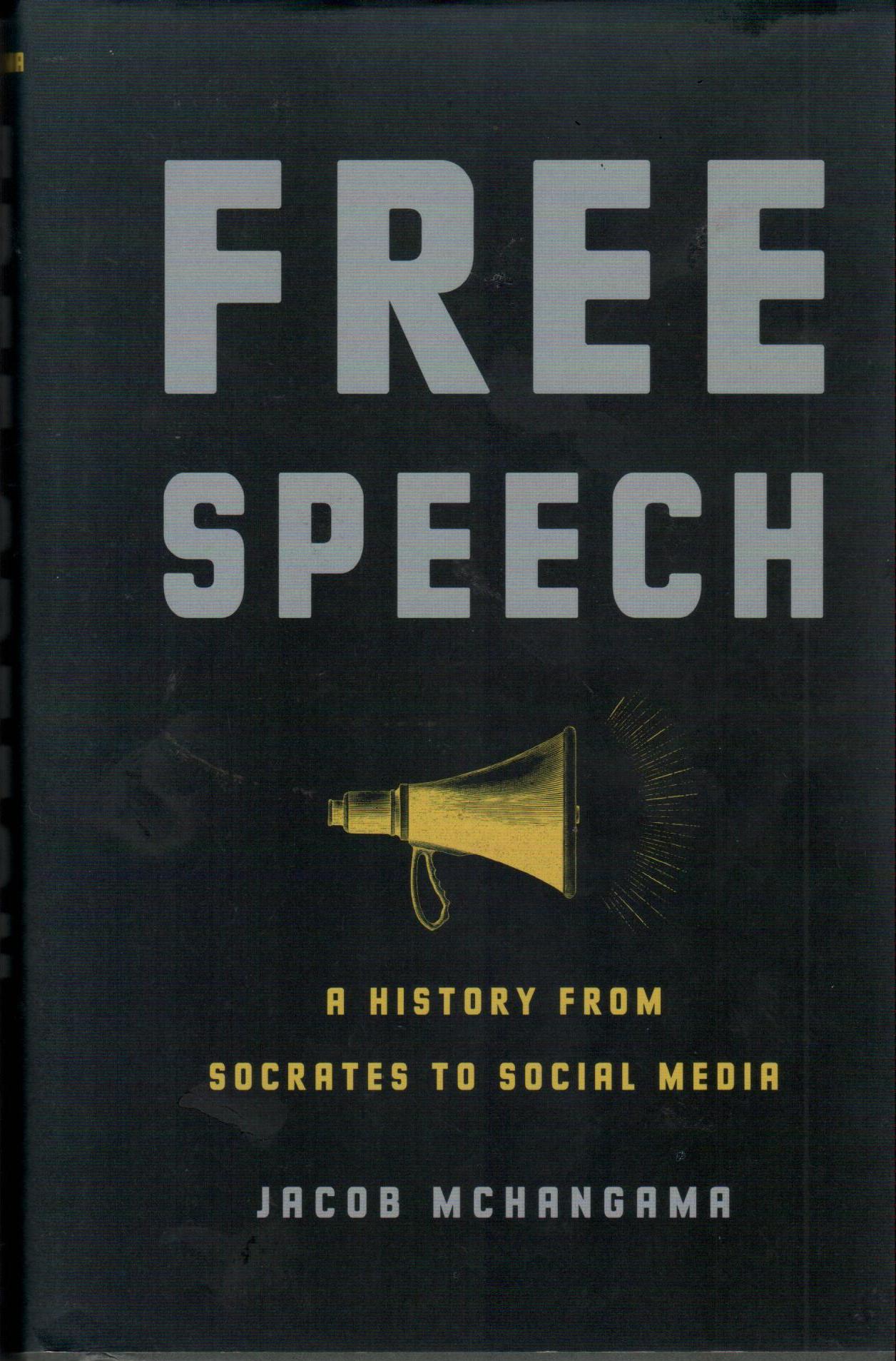
FREEDOM OF SPEECH AND RELIGION
According to this book the Roman senator Cato the younger [95-46 BCE] was “martyred” for championing FREE SPEECH. In the early 18th century a series of letters [Cato’s Letters] were published in the London Journal. Letter 15: THE GREAT BULWARK (guardianship) OF LIBERTY—metaphor for free speech—was about freedom of thought and liberty and caused a tsunami of uproar.
Alexis de Tocqueville [1805-1859] wrote DEMOCRACY IN AMERICA. The dominance of majority opinion carries its own set of dangers since “it” represses not only all contest, but all controversy. “Those who believe it is their right to impose their beliefs on others their different values and views do not believe in democratic policies.”

National Post Canada:
The Greatest Pain In Dying Is Not Physical, letters to the editor, April 23, 2010.
The letters opposing Bill C-384 completely miss the point of a citizen’s right to self-determined euthanasia. Why do they think it is their right to decide how much pain, physical and/or emotional, I will be forced to endure? It is my life, not theirs, to determine what I want to do with it. Their values are not my values and their views should not rule over my personal decisions. This is my decision to make. We can decide whether we live or die. That is for me to determine as a free citizen. Those who believe it is their right to impose their beliefs on another person should either see a psychiatrist or attend courses in democratic policy.

1643—John Milton of England wrote [AREOPAGITICA]—a plea for press freedom. “Give me the liberty to know, to utter and to argue freely according to conscience, above all liberties.”
1680—Huegenot Pierre Bayle fled to the Dutch Republic when he wrote FREEDOM OF CONSCIENCE: Philosophical Commentary—that reason and philosophy, not theology and religious doctrine were the proper instruments to determine questions of conscience and tolerance. In his HISTORICAL AND CRITICAL DICTIONARY published in 1697 he declared that liberty is what reigns in the Republic of Letters. The only empire is that of truth and reason.
1747—MAN A MACHINE by Julien Offray de la Mettrie was published by Elie Luzac. Across Europe and the Dutch Republic all hell broke loose. The book was banned and burned. Luzac’s defense [attributed to Voltaire] of free speech was the right to publish a book containing IDEAS widely deemed utterly loathsome—even by himself!
COLONIAL AMERICA
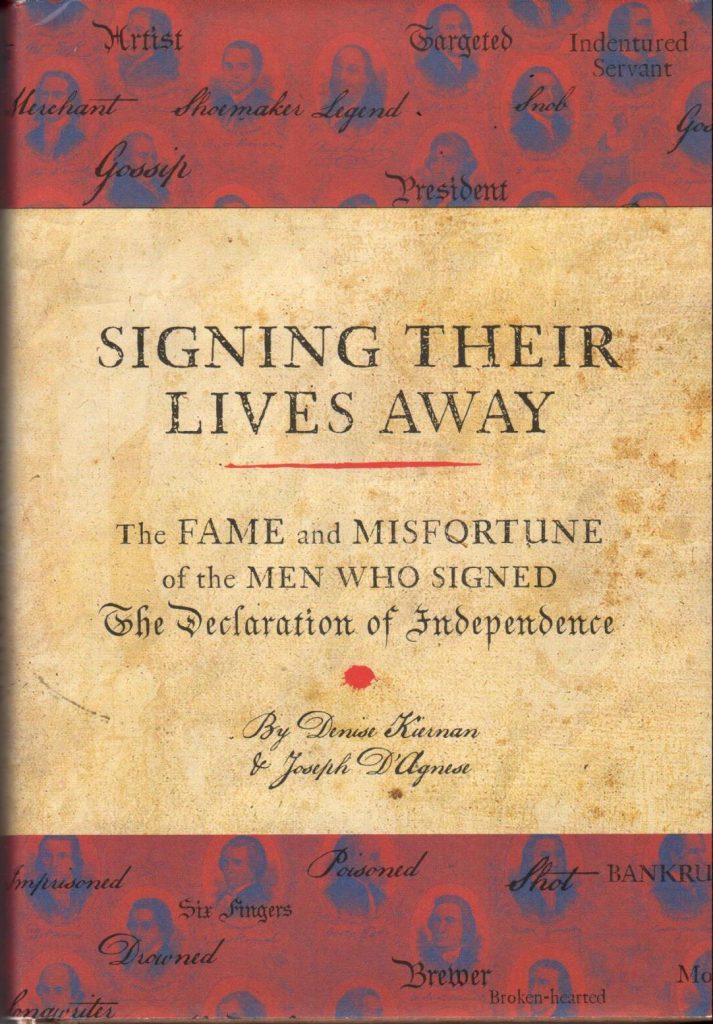
Between 1750-1776 the battleground of the Revolution was led by newspapers and pamphlets [pen and paper] discussing the “relationship” between Britain and the American colonies. Print technology had democratized America’s public sphere.
1636—Rhode Island was founded by Puritan Roger Williams after he was kicked out of the Massachusetts Bay colony for his dangerous “opinions”.
1649—Maryland [property of Lord Baltimore] became a safe haven for persecuted Catholics. Blasphemy, including the denial of the Trinity, was a capital offense.
1681—Pennsylvania was founded by Quaker William Penn as a refuge for his church.

1774—Thomas Paine, a corset maker from Britain residing in the colonies, wrote COMMON SENSE. When men yield up the privilege of THINKING, the last shadow of liberty quits the horizon. The book was widely read and “changed the Mind” of many men. John Adams wrote to Thomas Jefferson: History is to ascribe the American Revolution to Thomas Paine.
July 4, 1776—Congress approved the draft of the DECLARATION OF INDEPENDENCE: Liberty and the Rights of Man.
1787—New Constitution to replace the articles—First Amendment: Freedom of religion, speech, press and petition; signed 1791.
1788—The demand for press freedom spread from the colonies to the Dutch Republic and caused an uprising—that was squashed. The “patriotten” fled to France. July 14, 1789, in Paris an armed mob broke into the prison and torched it. Bastille Day is still celebrated today on July 14th.
October 5, 1789, Versailles: King Louis 16th signed The Declaration of the Rights of Man and of the Citizen.
1793—AGE OF REASON by Thomas Paine created a furor in England because he questioned Christianity [Gospel of Matthew 1:18]: That God “committed debauchery” with a woman engaged to be married—and this believe is called FAITH. His effigy was burned. He fled to France.
July 1798—Congress passed the Sedition Act—violating the First Amendment—It’s a crime for American citizens to “print”, “utter”, or “publish” any false, scandalous, and malicious writing about the government.
1825—John Stuart Mill published an essay: ON RELIGIOUS PERSECUTION to show that blasphemy persecutions were indefensible and counterproductive. Copies of AGE OF REASON were sold freely. Press freedom prevailed.
CONFUCIUS
[551-479 BCE]:
THE SUPERIOR MAN UNDERSTANDS WHAT IS RIGHT;
THE INFERIOR MAN UNDERSTANDS WHAT WILL SELL.

19th CENTURY
THE RETURN OF THE AUTHORITY OF
THRONE AND ALTAR IN EUROPE
FRANCE: Robespierre started the GREAT TERROR
that spread all over Europe and the Dutch Republic
It was against the law to revile CHRISTIANITY
Von Metternich [Austria] believed press freedom to be the SCOURGE OF THE WORLD

The fight for freedom of the press was a holy war;
the holy war of the 19th century.

IT IS BETTER TO DIE FOR SOMETHING
THAN TO LIVE FOR NOTHING
To Be Continued
September
19th CENTURY AMERICA
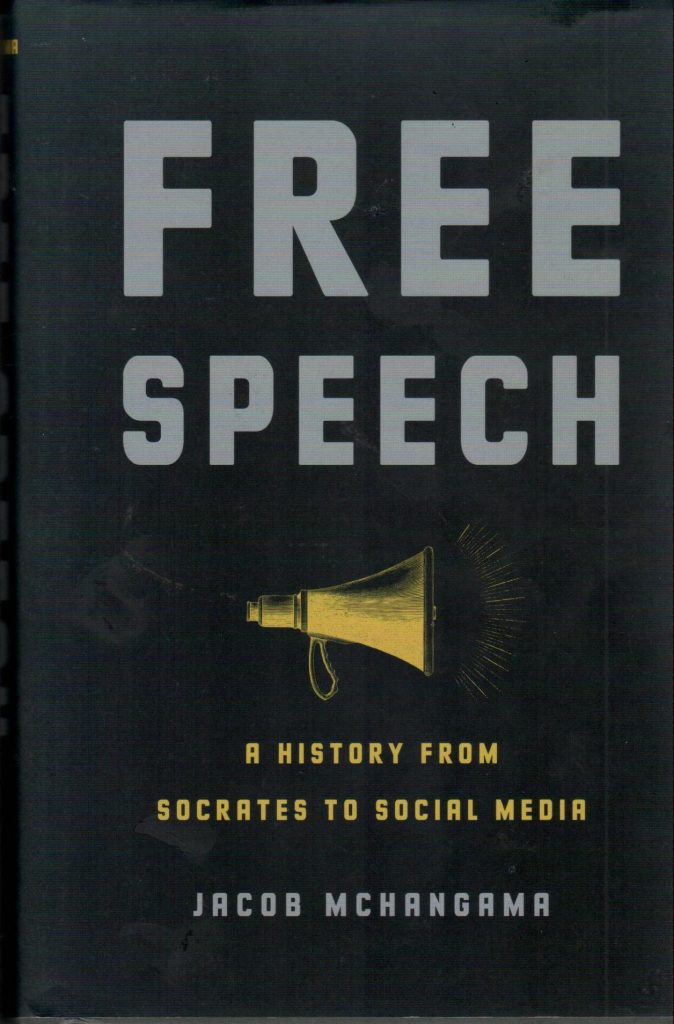
FREEDOM OF SPEECH AND RELIGION
The PEN is the TONGUE of the MIND (Horace)
Hebrew book of Proverbs 18:2—
The TONGUE has the POWER of life and death
Rudyard Kipling:
WORDS are the most powerful drug used by mankind
THE OLYMPIC TORCH
LADY LIBERTY
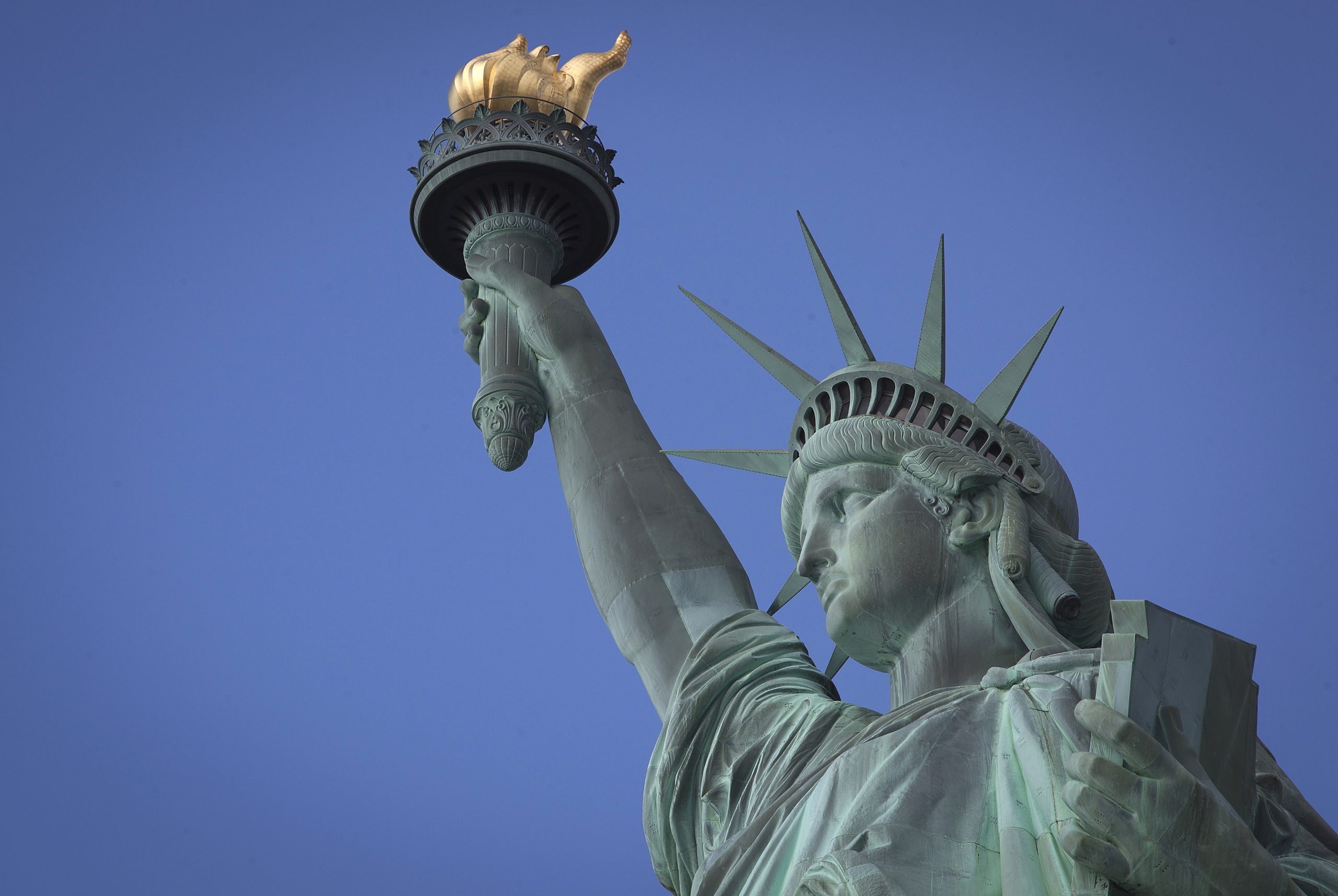
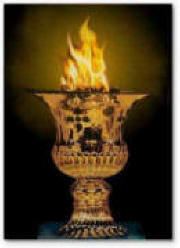
ZOROASTRIANISM:
God Ahura Mazda is represented by the sacred symbol of FIRE—TRUTH
The cosmic laws of the universe, creation, and energy
Between good (truth, justice, life) and evil (destruction, injustice, death)
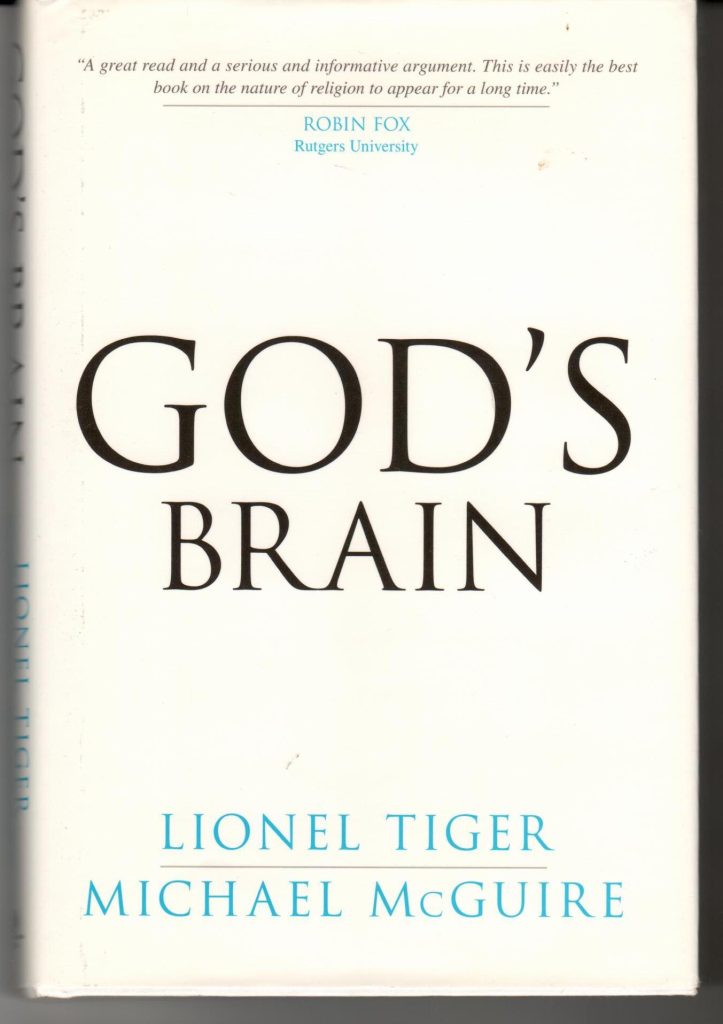
The DRAMA of life and death: Birth is the beginning and death is a destination.
There is no death for the body, only an exchange of atoms—their changing places and taking different forms is what we call “death”. In REALITY: nothing is born,, nothing is dead.
THE SUPERNATURAL IS THE PRODUCT OF THE EVER-ACTIVE HUMAN BRAIN
WHERE DID GOD COME FROM?
[You believe there is God OR you believe there is no God—you just believe something that you do not know. Belief essentially means that you are assuming something that you do NOT KNOW]
RELIGION
The glue of society—group cohesion
To manage STRESS—sooth fears
To give meaning to existence
Descartes:
Cogito ergo sum—I think, therefore I AM.
[Kant: Who is the I that thinks and is thought?]

THE BOOK OF EXODUS 3:14
God said to Moses: I AM WHO I AM
This is what you are to say to the Israelites: I AM has sent me to you. Say to the Israelites, the LORD, the God of your fathers—the God of Abraham, the God of Isaac and the God of Jacob—has sent me to you. This is my name forever: the LORD, the God of the Hebrews.
BOOK OF DEUTERONOMY 5:
THE TEN COMMANDMENTS
Hear, O Israel, the decrees and laws I declare in your hearing today.
Prophet Jeremiah 7:23—Obey me and I will be your God and you will be my people.
If everyone is “saved” then it doesn’t matter how one lives—Through the LAW we become conscious of SIN (Romans 3:20). The sting of death is SIN and the power of SIN is the LAW (1 Cor. 15:56).
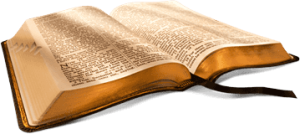
There is nothing good or bad but THINKING made it so
(Shakespeare)

In 1310 Marguerite Porete was burned at the stake for “believing” that, when spiritually united with God, one had no need for the laws and sacraments of the Church.
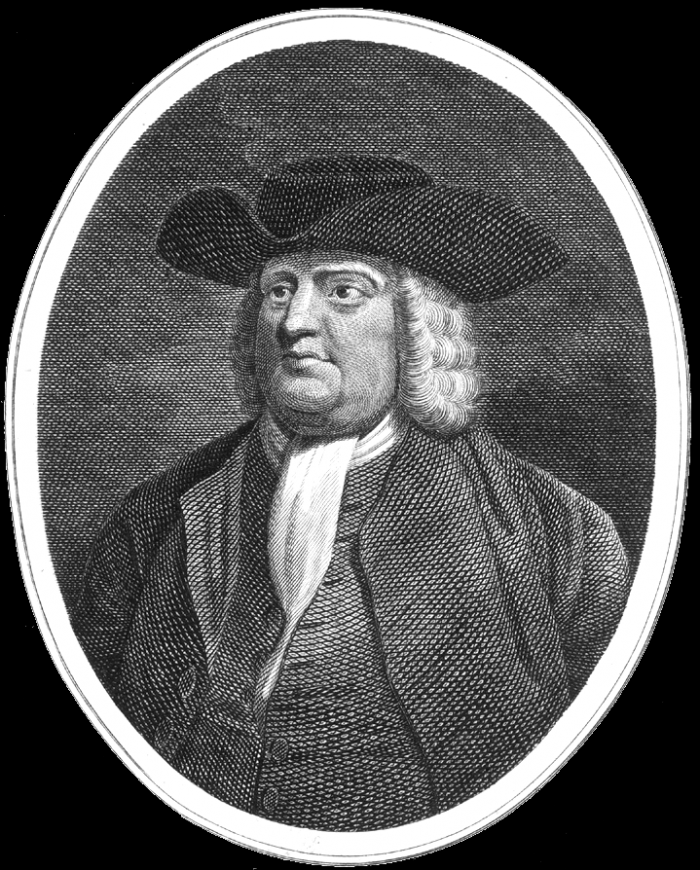
WILLIAM PENN
Pennsylvania was founded [1681] by Quaker William Penn as a refuge for his church. In mid-17th century England a Protestant Christian denomination formally known as the Religious Society of Friends arose; today they are better known as Quakers.
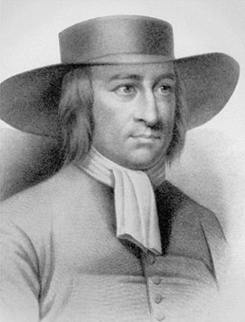
GEORGE FOX
The Quaker’s guiding star was the teachings of St. Peter: Praise to God for a Living Hope. “You are” a spiritual house to be a holy priesthood—direct experience with “the Light of God” was their goal. Some early Quaker women preached the Gospel travelling through Britain and “overseas”.
Quakers separated from the established Church of England. They avoid creeds [laws] and hierarchical structures [sacraments], refuse to participate in war, refuse to swear oaths, demand social justice and are teetotalers.
Some Friends/Quakers are non-theist; their “spiritual practices” do not rely on the existence of God.
Services may be “un-programmed: silence until someone arises and becomes vocal” OR programmed: that include singing and a Bible message by a pastor. Some meetings of both types have “recorded Ministers” present—Friends recognized for their gift of vocal ministry.
In 1947, a Nobel Peace Prize was awarded to the British Friends Service Council and the American Friends Service Committee.
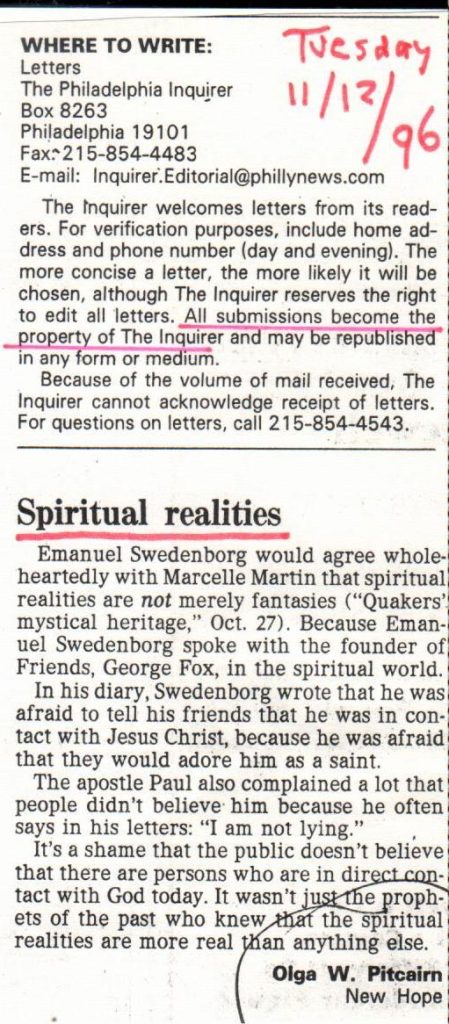
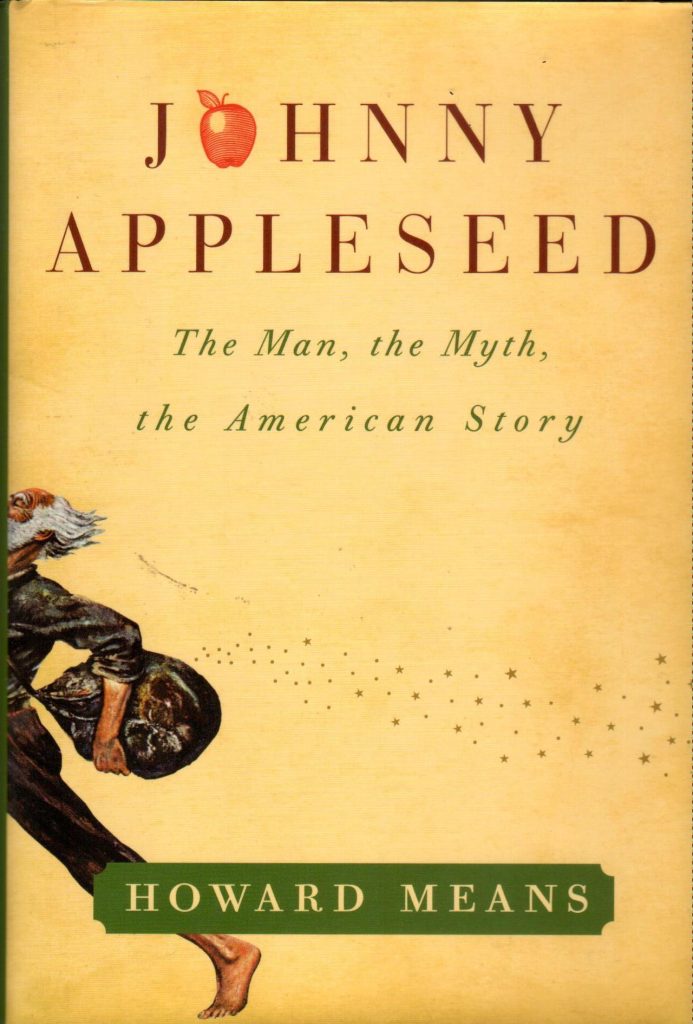
This is the biography of John Chapman (1774-1845),
a Swedenborgian evangelist known as JOHNNY APPLESEED.
According to the author, the subject/issue of heaven and hell was much debated in those days. So, as he was planting apple seeds, the evangelist promoted Swedenborg’s writings on heaven and hell by leaving behind some pages.
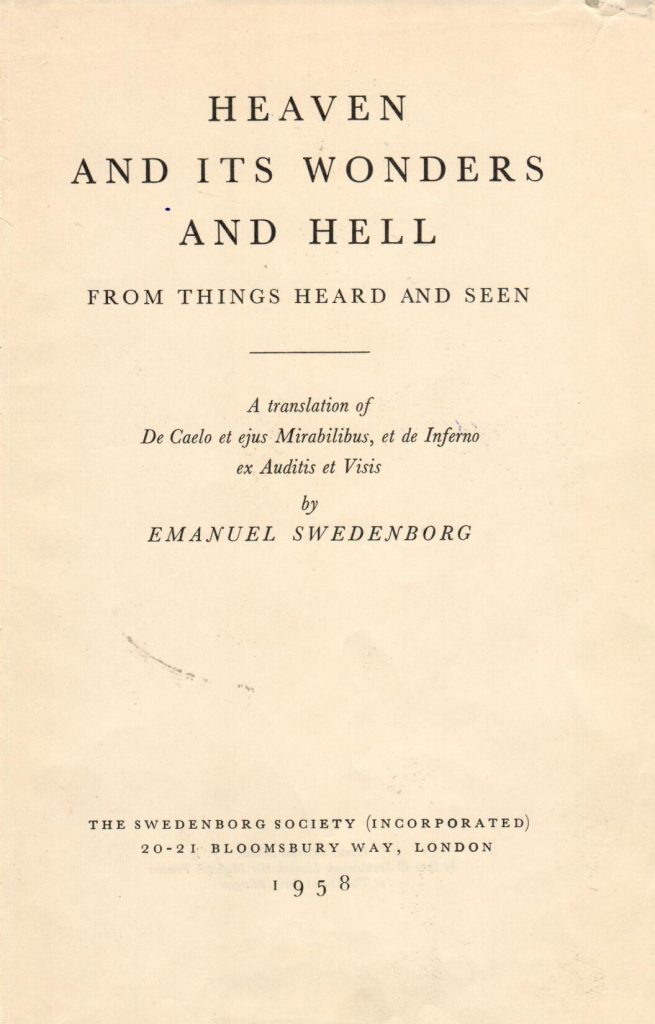
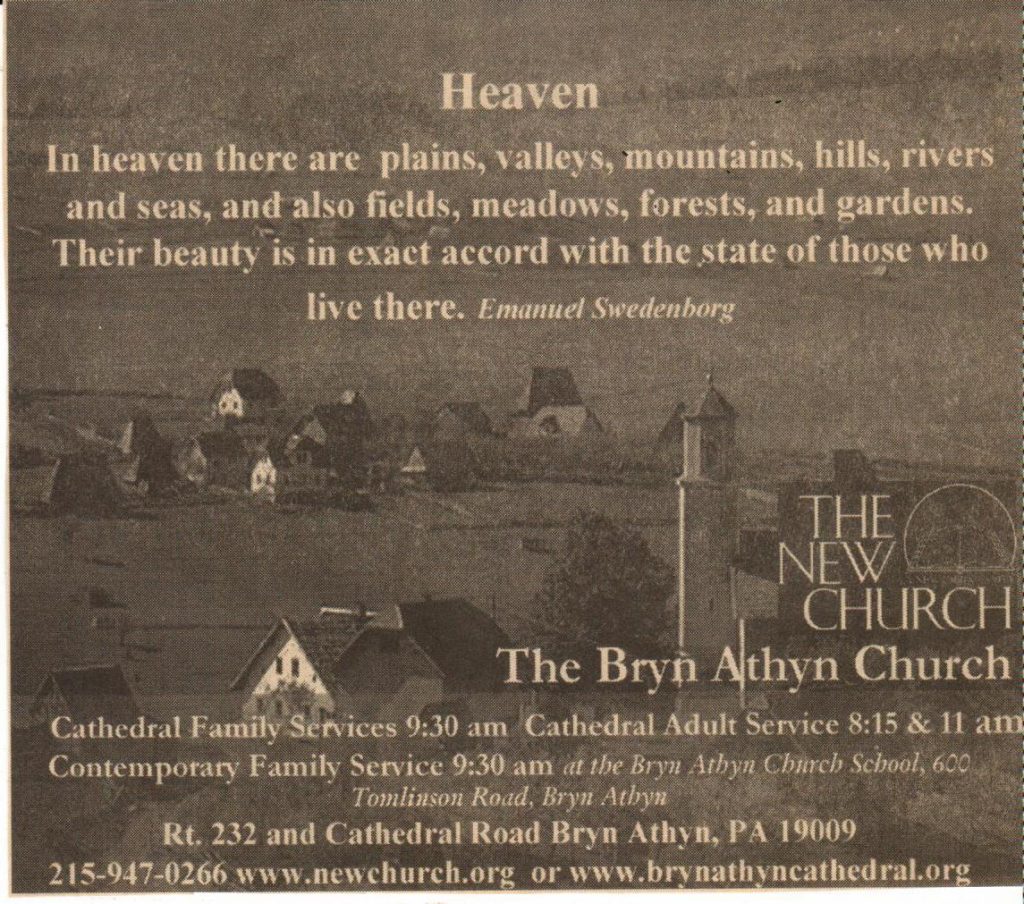
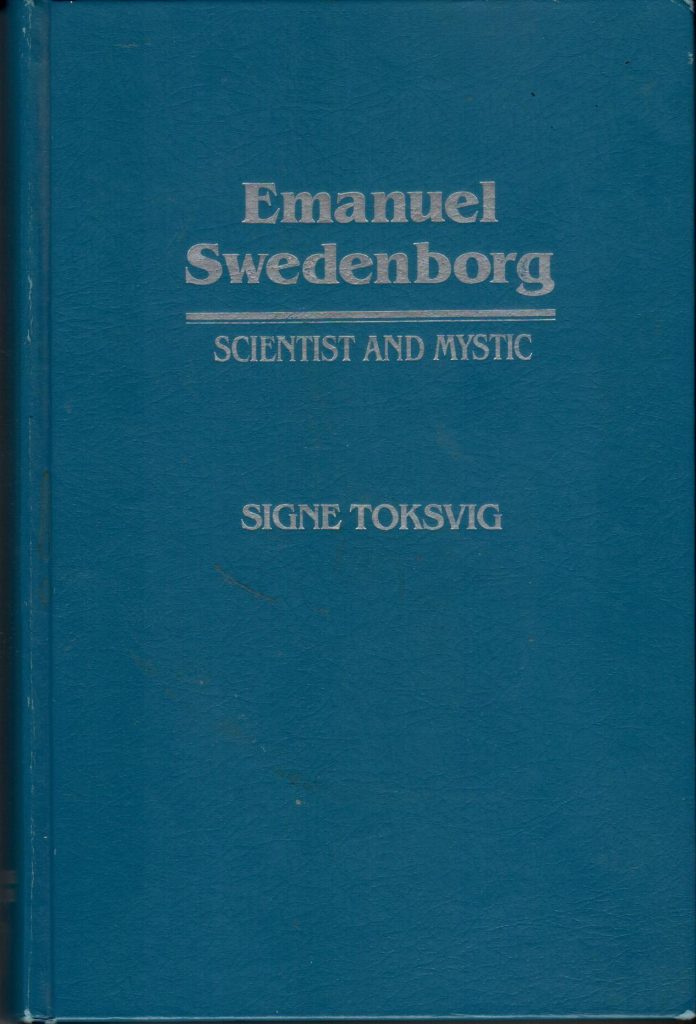
EMANUEL SWEDENBORG,
SCIENTIST AND MYSTIC
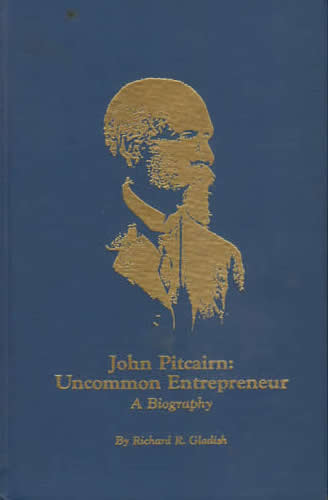
John Pitcairn: Uncommon Entrepreneur
A Biography
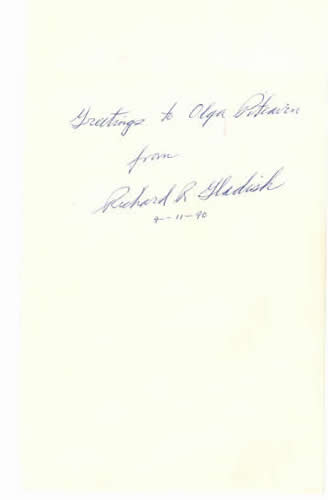
In the late 19th century John Pitcairn bought the land that is now Bryn Athyn Borough for a church community. The cathedral was built by his son Raymond over a 30-year period and completed in the 1940s.
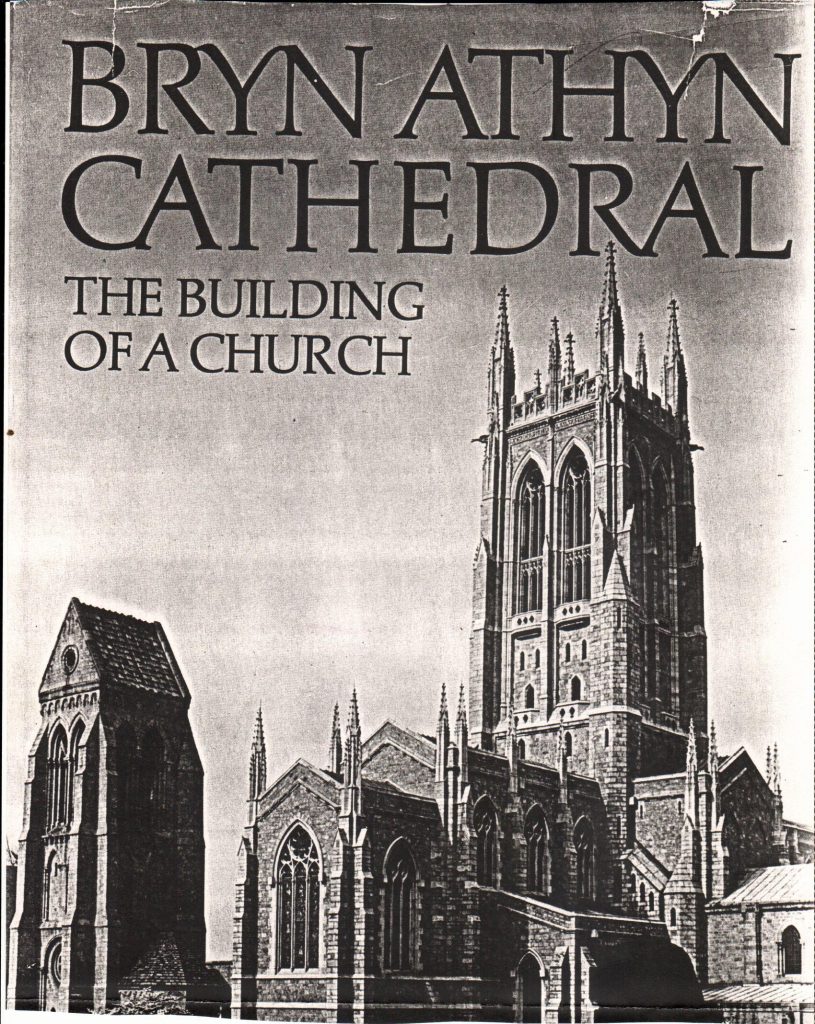
A new revelation of truth to mankind
COMING UP: a surprise story!
October

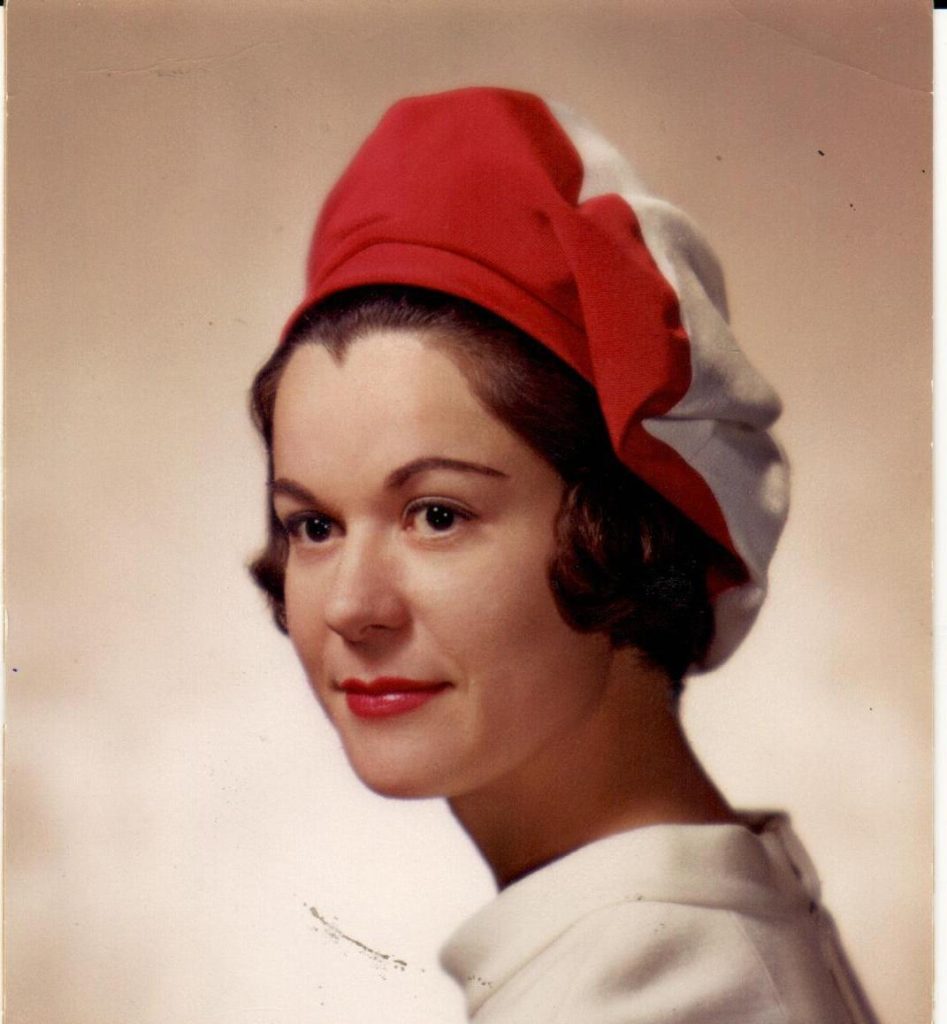
I WASN’T BORN TO BE A WALLFLOWER
A MEMOIR BY OLGA PITCAIRN---------COPY RIGHT

A wallflower girl is she who sits by the wall at a dance or other social activities—often for want of a partner because she may be shy, reserved . . . or a plain-Jane.
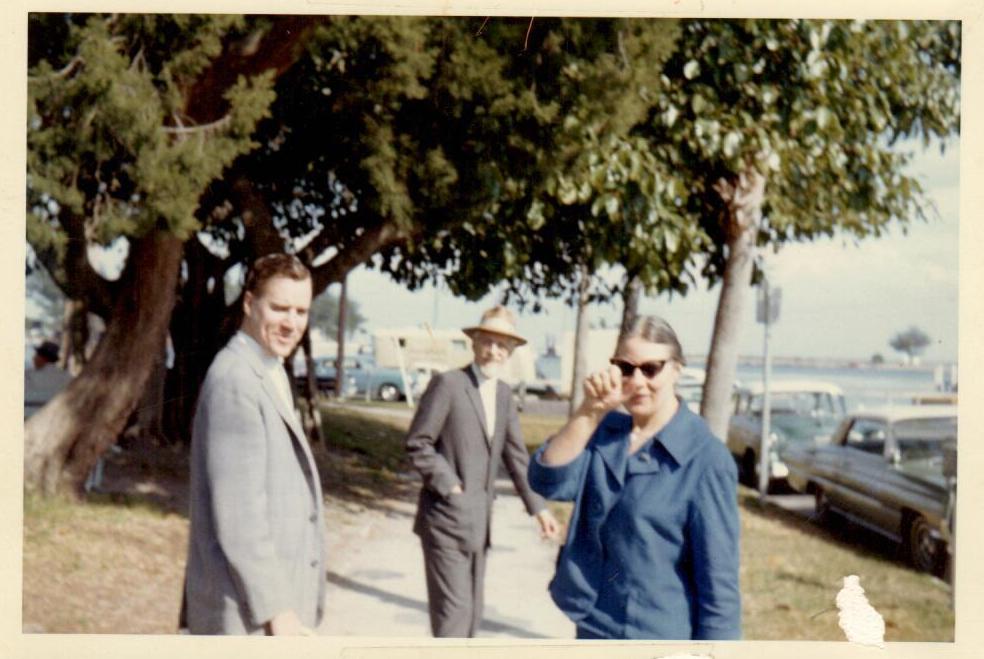
St. Petersburg, Florida, 1962
I took this photo while we were visiting Laren’s parents: Marijke, his mother (57), and his father (69), a man-of-the-cloth, Theodore Pitcairn.
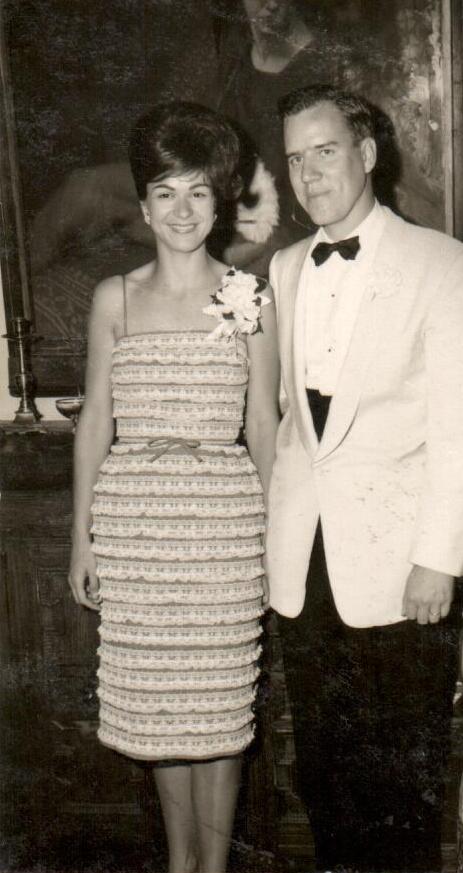
CATALOGUE NUMBER: 363
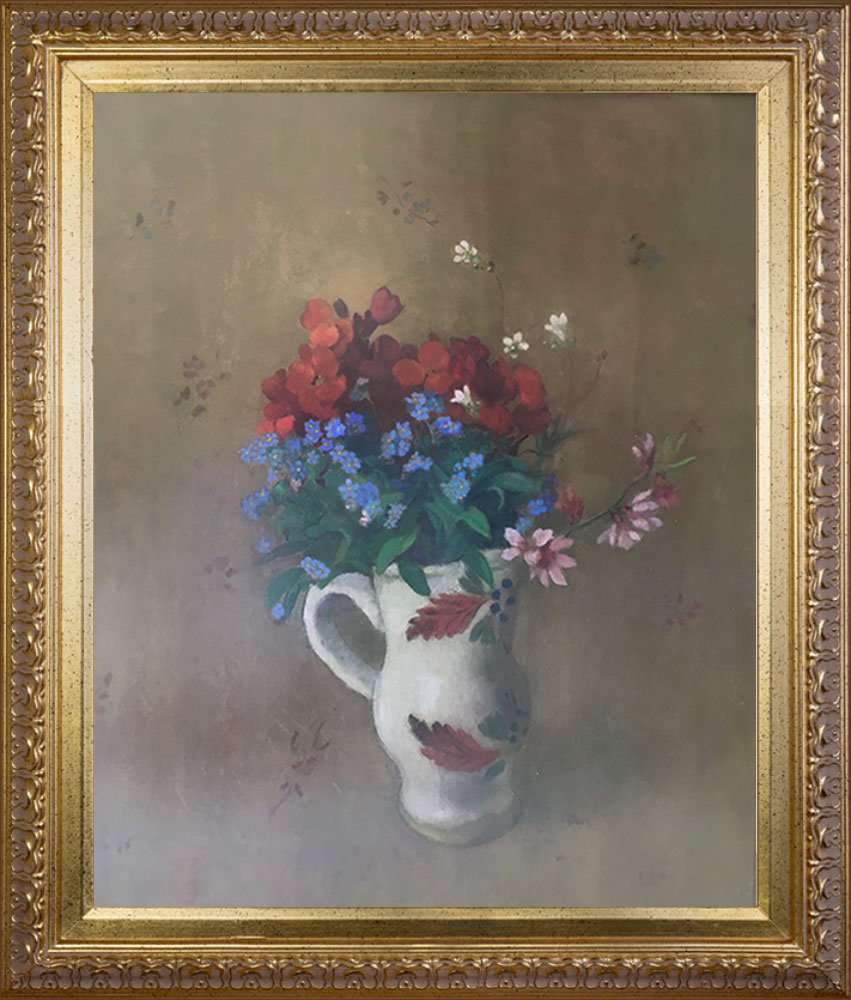
This is the remarkable story of how I, Olga Pitcairn, at the age of 26, obtained ownership of “Wallflowers and Forget-Me-Nots in a Ceramic Vase” by Philippe Smit, a Dutch/French painter. Philippe was the step-father of my mother-in-law.
I still remember her saying—with a chuckle in her voice—“Liefje (Dutch for dearest), you are unforgettable!” So, cherishing memory, and as a token of my gratitude, I thought it would be a novel idea to title this memoir: I WASN’T BORN TO BE A WALLFLOWER.

Forget-me-nots symbolize true love and respect. When you give someone these tiny blooms it represents a promise that you will always remember them and will keep them in your thoughts.
Philadelphia, Pennsylvania,
May 1964
My heart was pounding as I was telling Doctor Goldfarb about the family’s mentally-handicapped children, three generations, and the “unconvential” sex I had had to endure these past four years. My gynecologist leaned towards me across his desk and asked why I had not disclosed this to him before. Now shaking, all worked up, I confessed that it had taken all my courage. I wiped my eyes dry, hands trembling, with a handkerchief I took from my purse. Then, heaving a deep sigh, I blurted out, “I’m ashamed, Doctor. Terribly ashamed!” Tears flowing freely, I whispered that I felt humiliated being used for his own pleasure; that he didn’t care how I felt about it.
As I kept wiping tears away, the doctor stared at me in silence until I had composed myself.
“Get a divorce,” the doctor said calmly.
For a few seconds I was unable to breath. Then my heart raced. My voice cracked when I repeated his words.
Dr. Alvin Goldfarb rose, extended his hand saying, “And get yourself a good lawyer.”
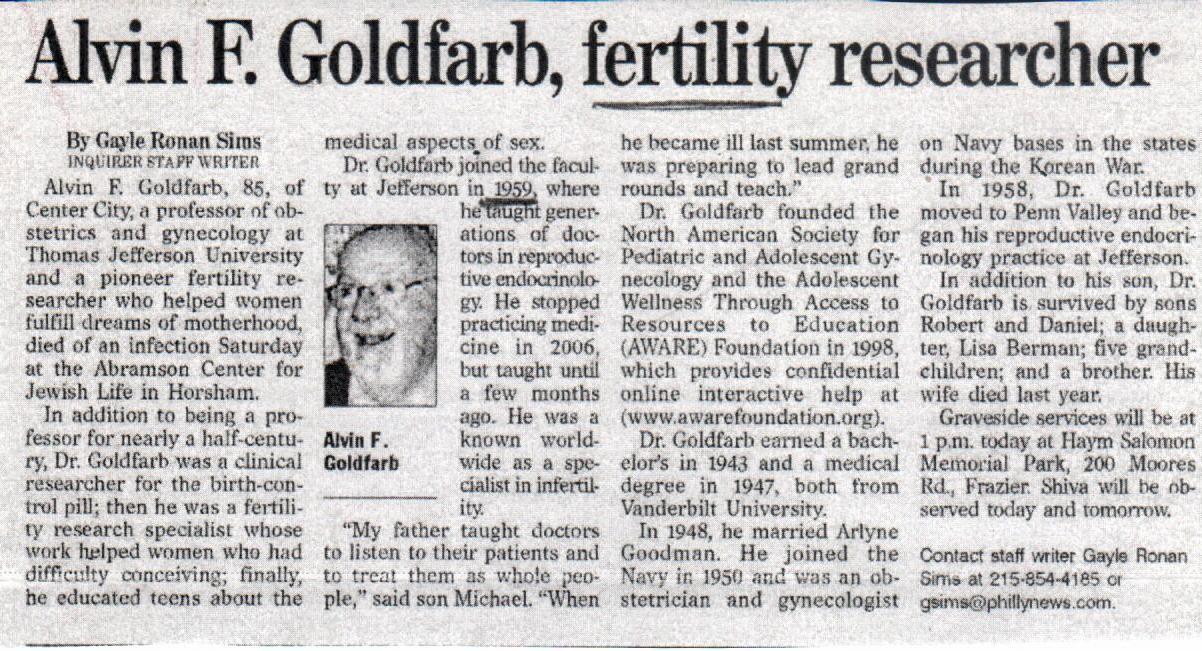
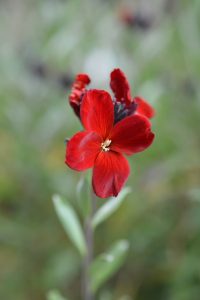
I drove in a zombie-like state, my inner compass guiding me direction Meadowbrook: home. Being told to divorce, I had to face the music. I thought of confessing to my parents first and discuss my situation.
It was late afternoon when I parked my car at their house in Bucks County. Mama was, of course, very surprised to see me, but noticing my somber face she ushered me into the living room and we sat on the sofa. Hesitantly, Mama inquired about my visit with the gynecologist. I broke out into tears. She went to the kitchen and returned holding glasses with sherry. She nodded—and we drank in silence.
“The doctor told me to get a divorce,” I said, still choking on the word, as I put my empty glass on the coffee table. I took from my handbag a book: Masochism In Modern Man by Theodore Reik. “I told him about our sex life, and about the family secret, those simpletons.”
Mama held the book as if it was a poisonous snake.
“Kinky sex.” I wiped away more tears.
Mama left and returned with a tissue box. “What goes on in your bedroom is private,” she said and sat in a nearby armchair “I’m your mother. Please make it short.”
I had no wish to dwell on the subject either, so I explained that masochism connotes a person who enjoys the pleasure of being trod upon. Laren liked being a good-for-nothing and reinforced this by having breakfast in bed, getting up at ten, and at eleven in the morning making phone calls for a luncheon date. He abhorred “work”: He was a good-for-nothing man. Laren enjoyed/provoked verbal lashings; and physical beatings—reminding me of St. Sebastian on the cross. Humiliation was his middle name. His foibles: He worshiped an idol—a fetish of his choice so he could “perform”—having sex; the fetish, his equipment/sex enhancement, supplanted the female. Fetishism is an aberration/disease/illness = it is a paraphilia/parapathia and the end is homosexuality. Fetishism is a kind of religion: repentance and pleasure together. Another memoir will discuss in detail what perversion is all about: The inflicted person fears nothing more than to be “cured”.
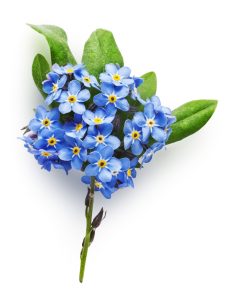
The following day Papa summoned Laren to the house. The dirty word divorce, recommended by the gynecologist, was repeated over and over until I broke down. Laren was to consult a psychiatrist at Abington Memorial Hospital, a stone’s throw from Meadowbrook/Huntingdon Valley. Mama called her sister in Austria. Two days later they took me to the airport.
Six weeks later in Vienna, I opened with trepidation the letter from the psychiatrist with his evaluation of Laren’s paraphilia. At least he had showed up and tried to get a grip on his condition. I consulted my aunt and uncle.
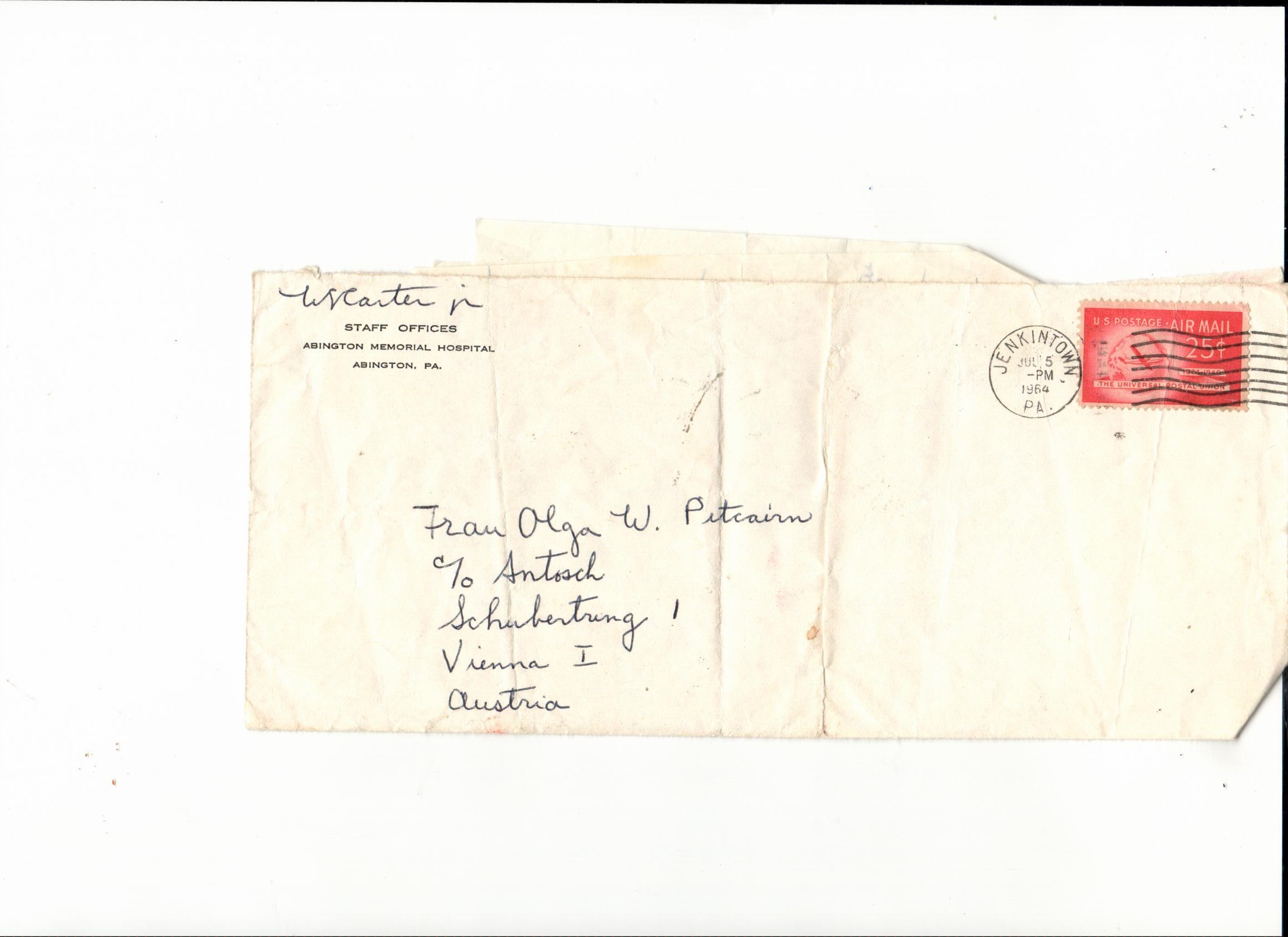
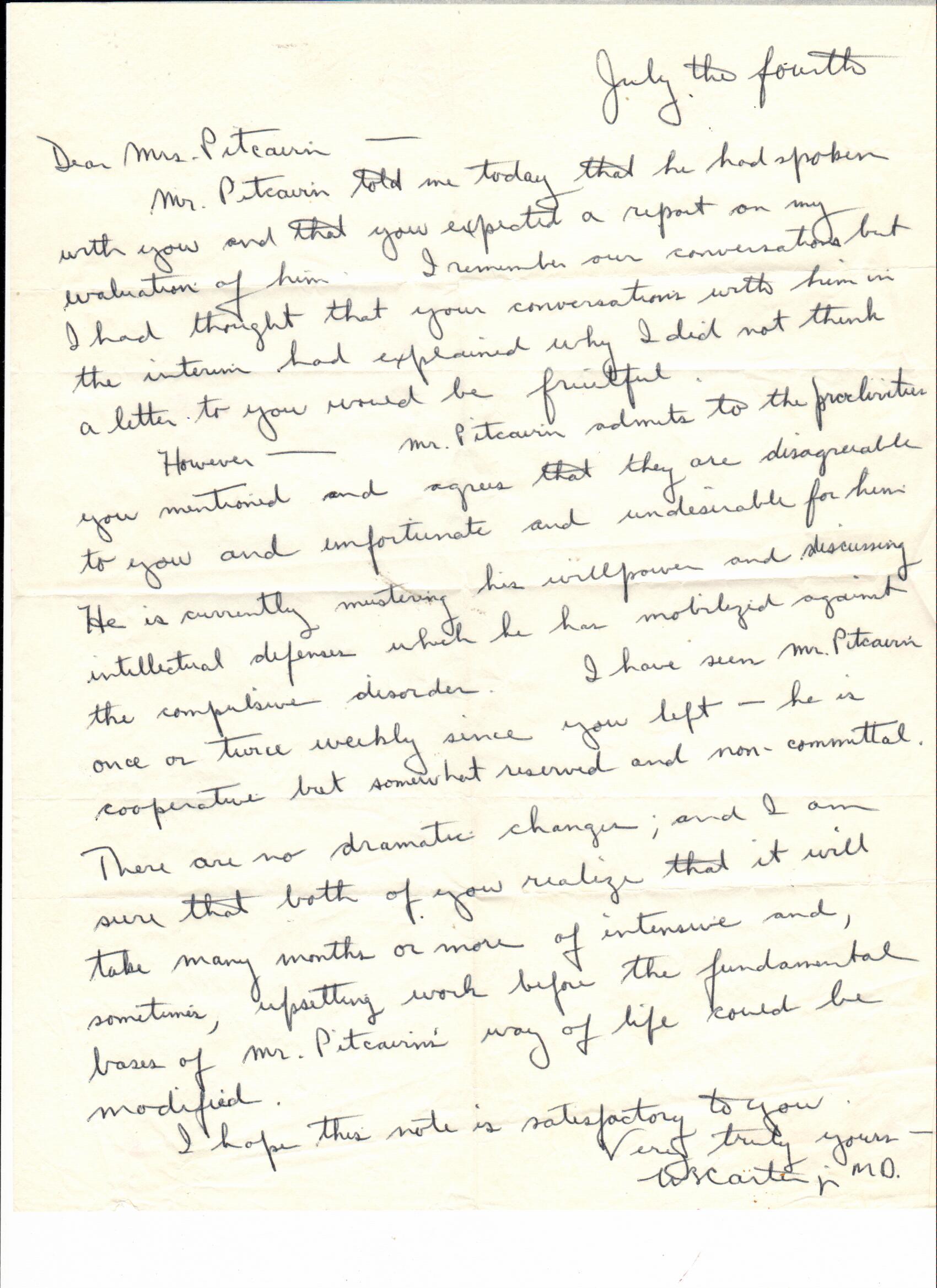
My parents and Laren were at the airport in Philadelphia to welcome me “home”. The stress during my Austrian stay had affected me and I had developed a very bad sore throat. A few days later I had a tonsillectomy, I believe at Chestnut Hill Hospital.
A week later we flew to the Bahamas. Laren didn’t take along the special case that contained the necessary equipment; so I relaxed.
Bridges Cay - Abaco, Bahamas
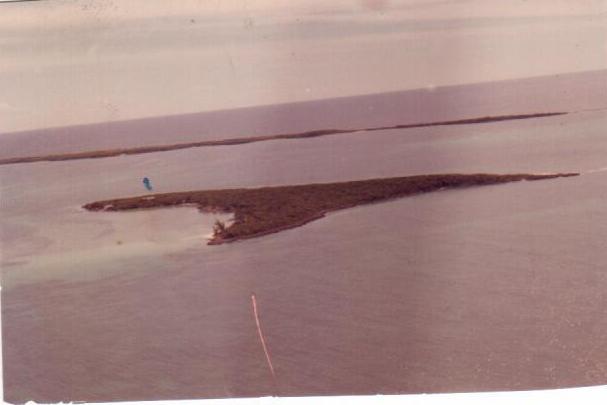
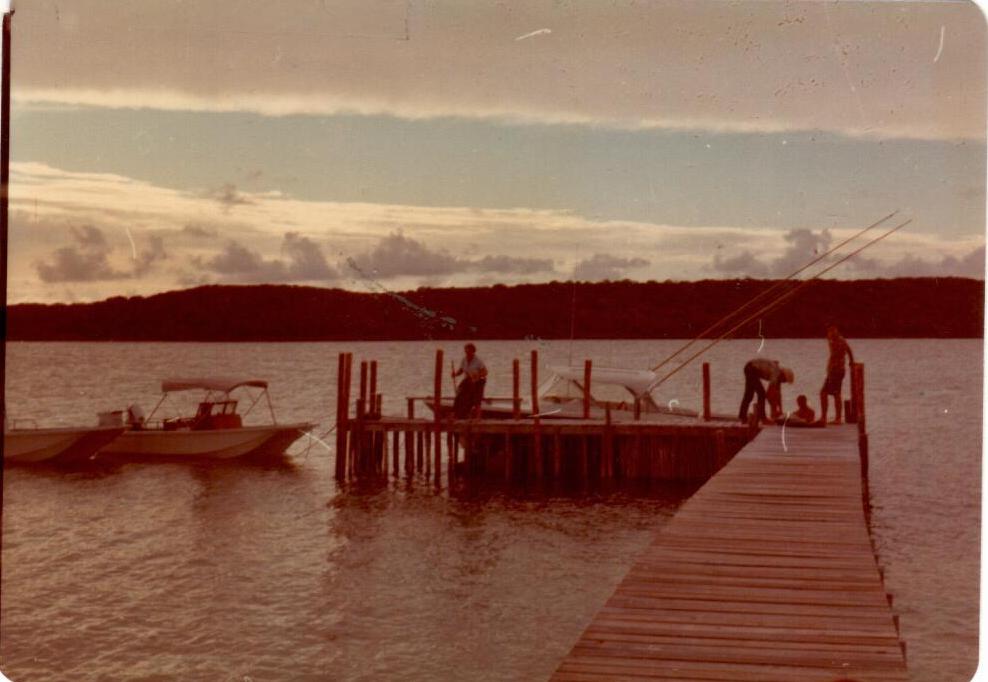
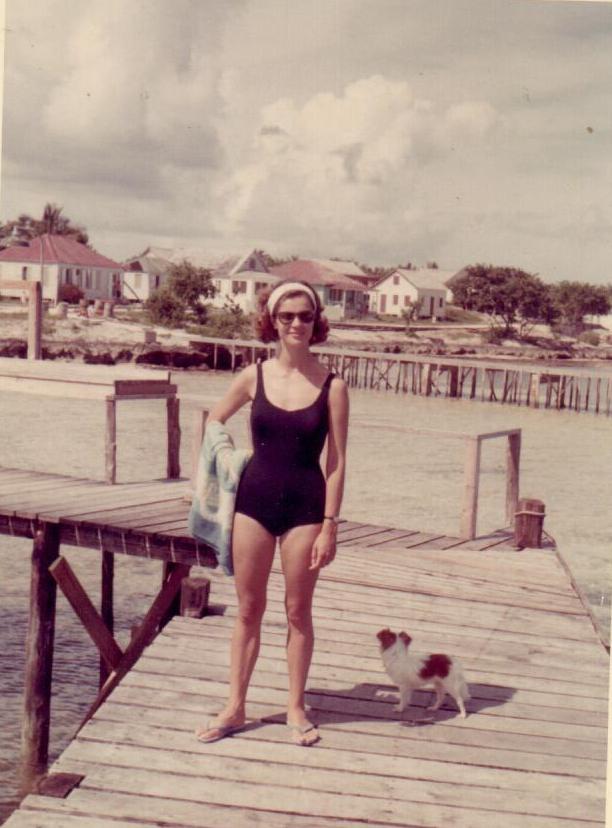
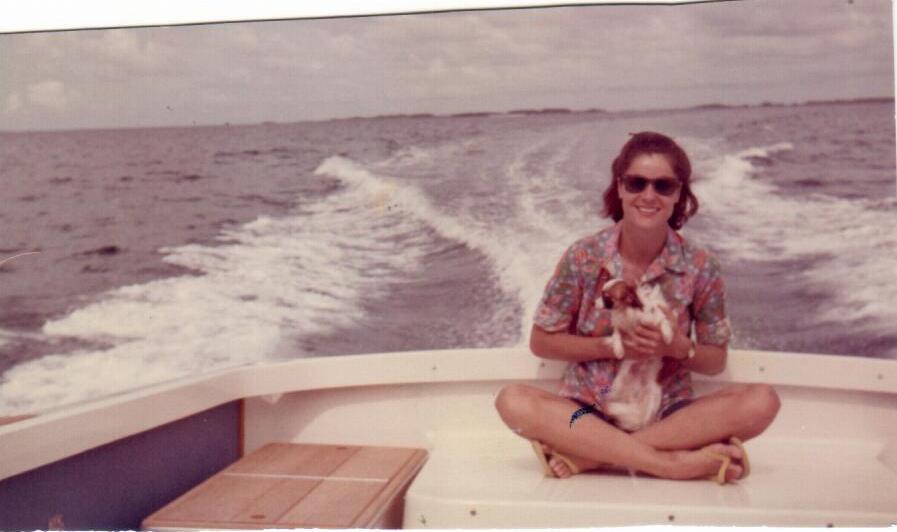

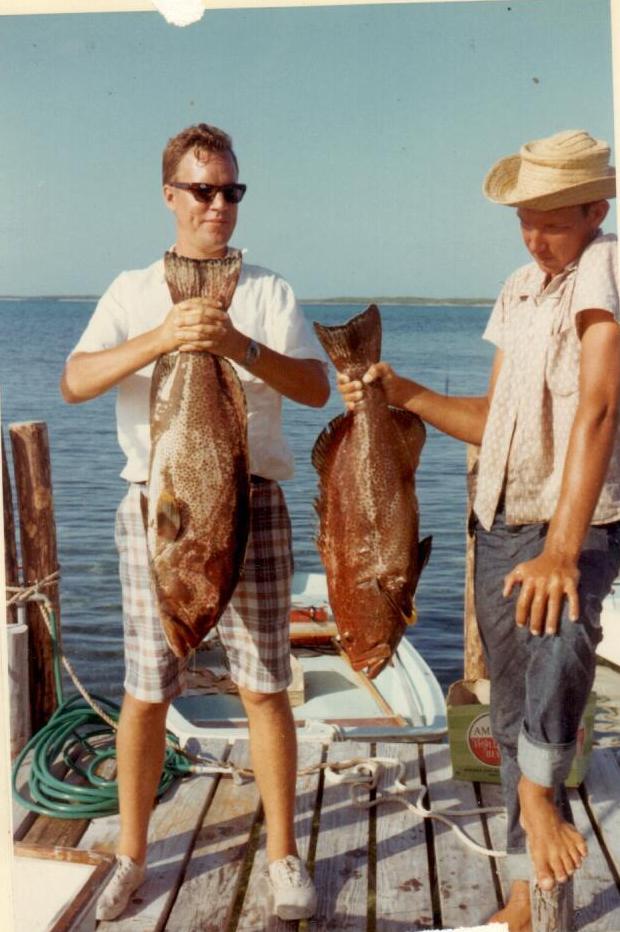
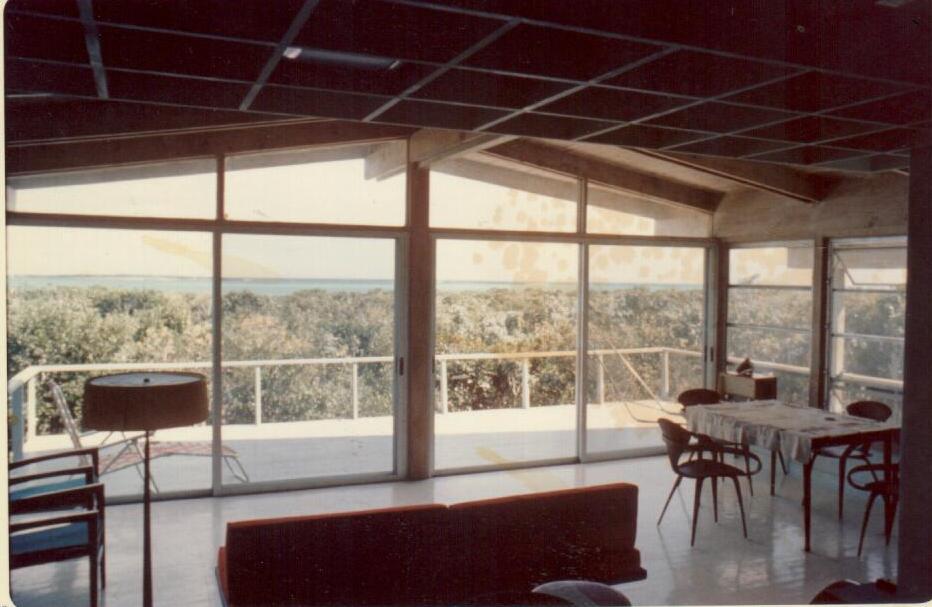

We returned to Philadelphia after Labor Day. Together we paid the psychiatrist a visit. Laren was told not to use his fetish idol when “making love”. Well, as I had feared: no idol no love. I wanted to inform the doctor but on second thought refrained—hoping that Laren would inform him. However, on October 9, my 26th birthday, I made up my mind to divorce. I asked Papa to get me a reputable lawyer. He chose Ballard, Spahr, Andrews & Ingersoll of Philadelphia. I looked for an apartment to rent; and early November I moved out, informing Laren that he was not a “husband” but merely a bank account and I could not accept that.
Needless to say that Laren rang my doorbell every day? We had long talks; because he could not relate to his psychiatrist, I suggested that he talk instead with our bishop—if he would be willing. Bishop Phillip Odhner was “willing”.
Christmas 1964: we reconciled; though I would stay in my apartment until he had established a routine of visiting the bishop. And we made a “pact”—he swore on the Swedenborgian Bible—that if after two years our situation had not improved satisfactorily we would divorce amicably.
I still regret to this day that I did not insist of putting his promise in writing as I paid dearly for this: Veritas odium parit. There was no remorse. He became a sadist—a cannibal.
This episode in my life, starting October 1967, (letters from the bishop to me about the predicament of the church’s religious view on divorce) will be another memoir: TRUTH IS THE DAUGHTER OF TIME.
My final memoir, THE FINGER OF FATE, will be a review of my life.
Thanks to my mother (financial aid) and my aunt Olga (Nur weiter schreiben: Keep on writing)—their encouragement—I became an author.
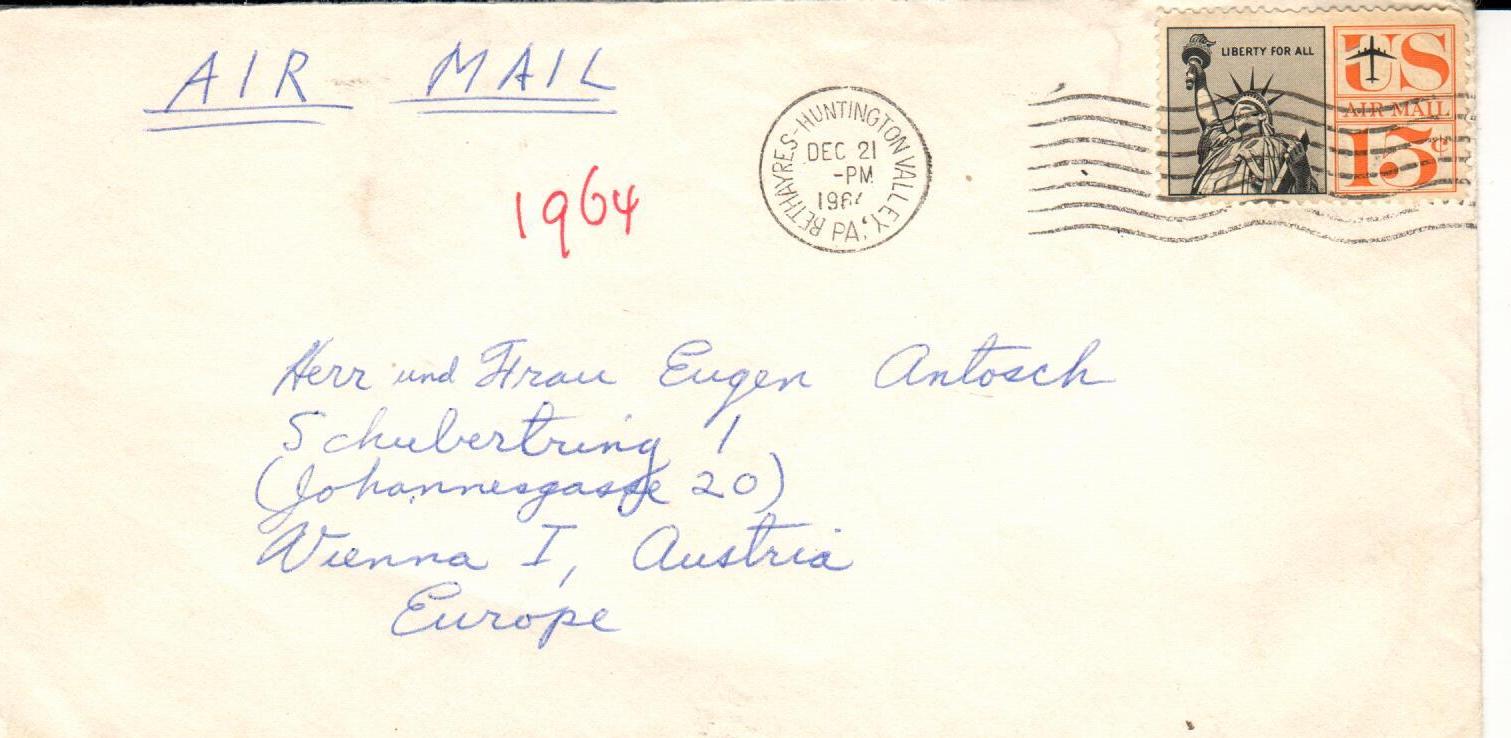
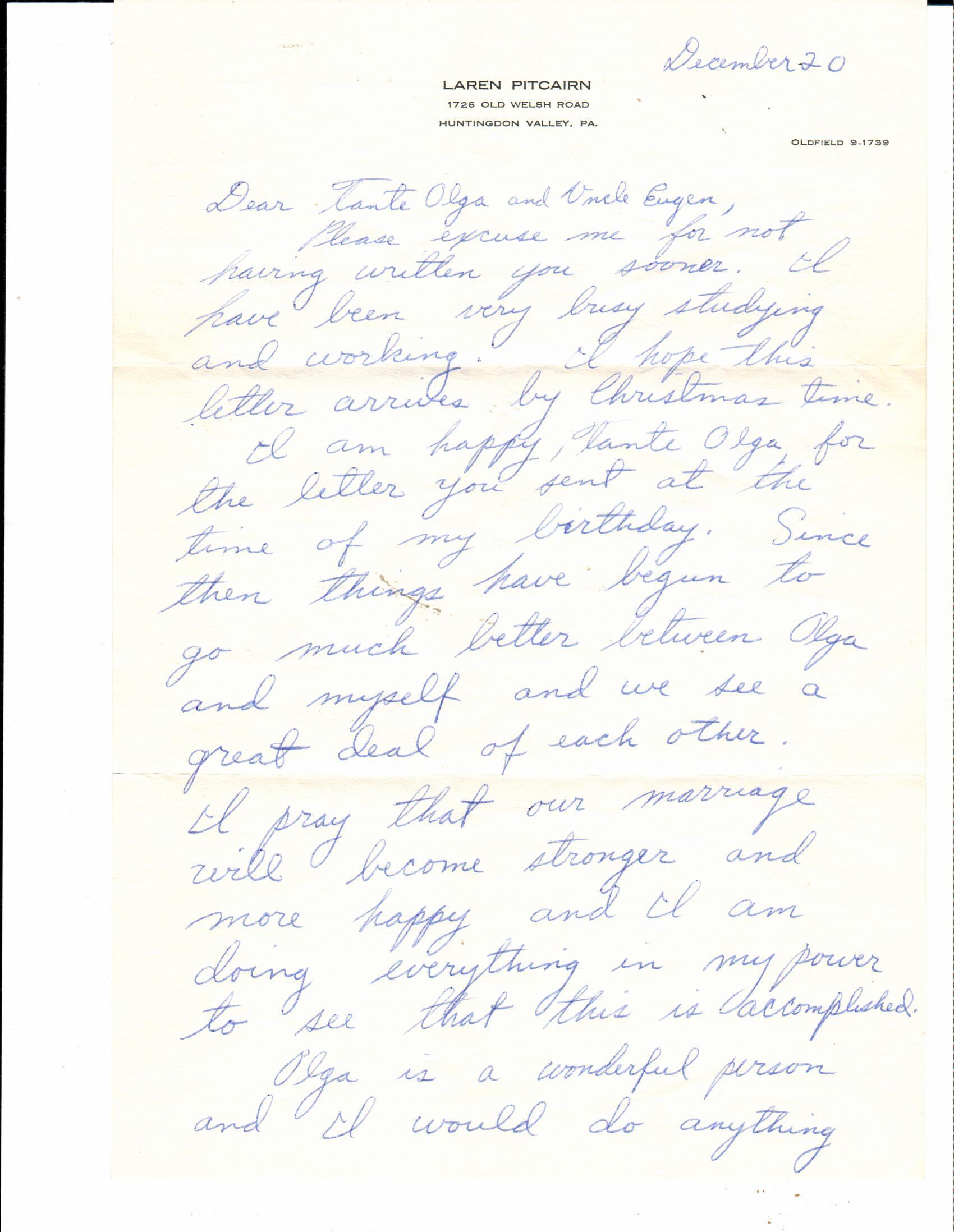
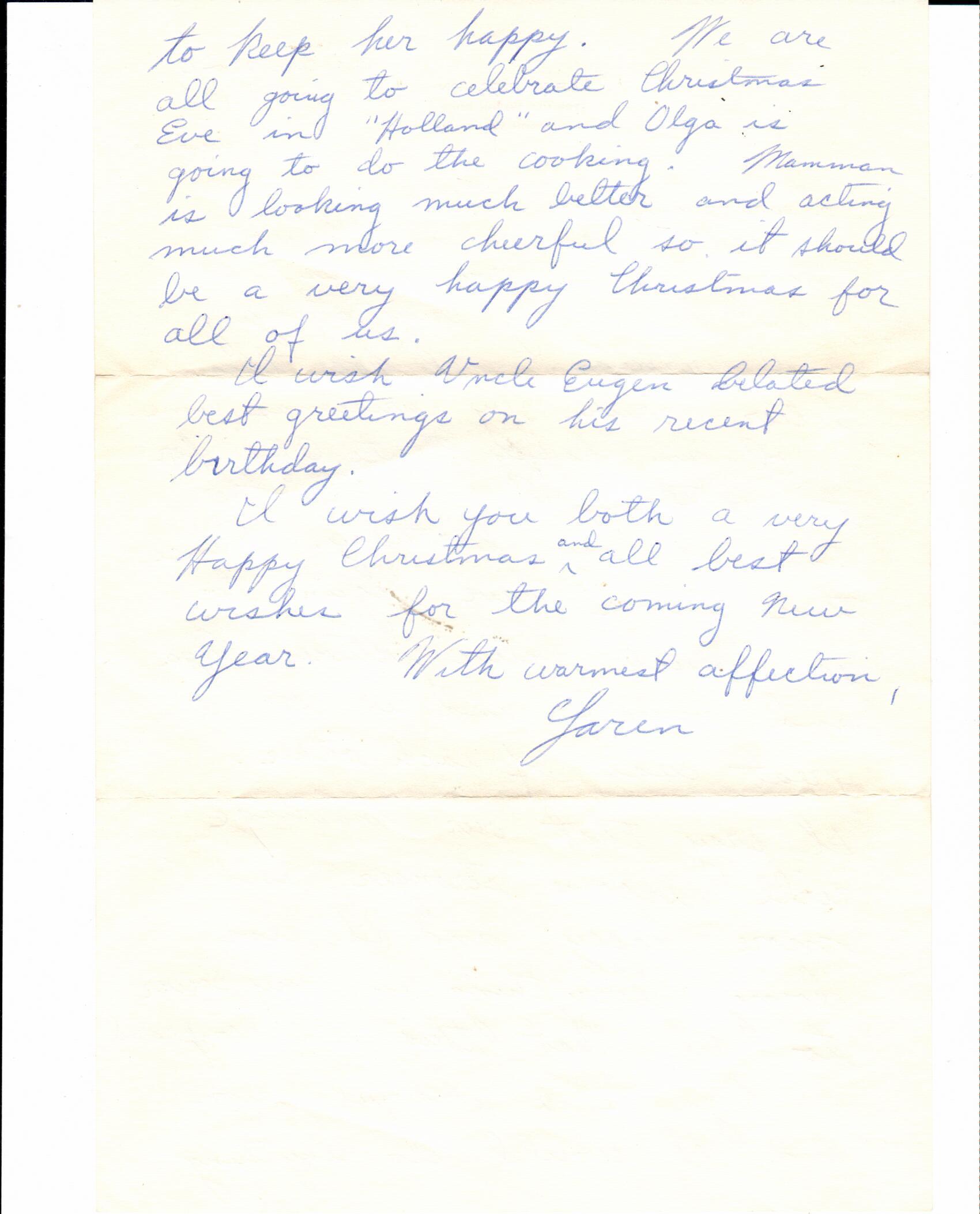
April 1965: I returned officially to the marital home. One morning I visited my mother-in-law. She and her husband were in the “sun-room” having coffee. After some chit-chat she said, holding out her arms, “I’m so happy to have you back into the family fold.” We embraced. She whispered into my ear that she had missed me.
I went to my chair, happy to know I had been missed. All smiles, she looked at Theodore. She pointed to the wallflowers painting and said that he should take it down and give it to her. Mother winked at me. I held my breath as Father, a frail man, did as was bidden.
Mother smiled at me and said, “Olga, I know you love this painting.” She waved at me to join her. I took the painting as she continued: “It was a peace offering from Philippe. We made up. I want you to think of me when you look at our painting.” She blew me a kiss.
“Wallflowers is my peace offering to you.”

Wallflowers and Forget-Me-Nots in a Ceramic Vase
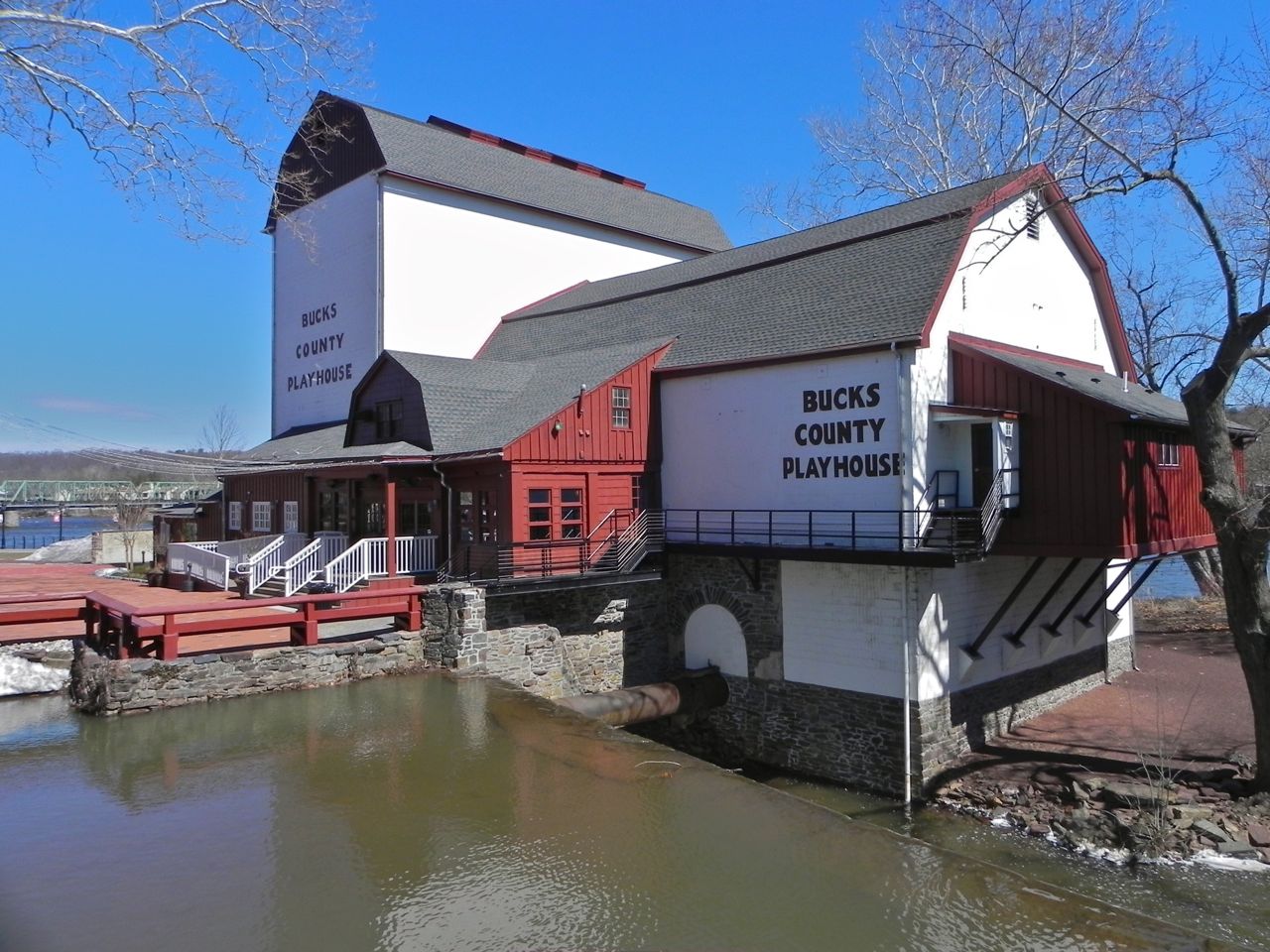
A CAR WAS PARKED—June 2019--AT MY FRONT STEPS
PENNSYLVANIA LICENSE PLATE;
DSL 2013
See January 2024
November
THE POWER OF INVENTION
To wear religious headgear,
a community of worshipers must first believe in a deity/deities
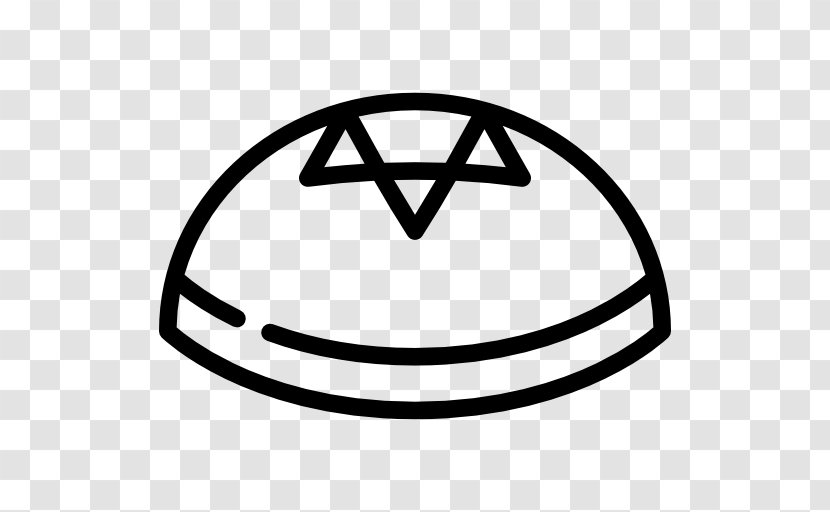
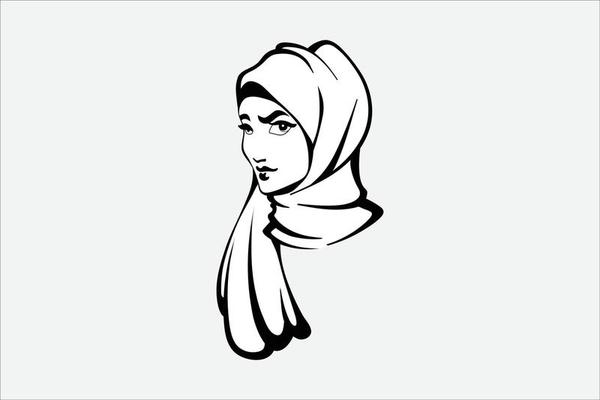
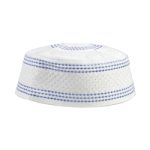
RELIGION WAS A RITUAL METHOD FOR LIVING
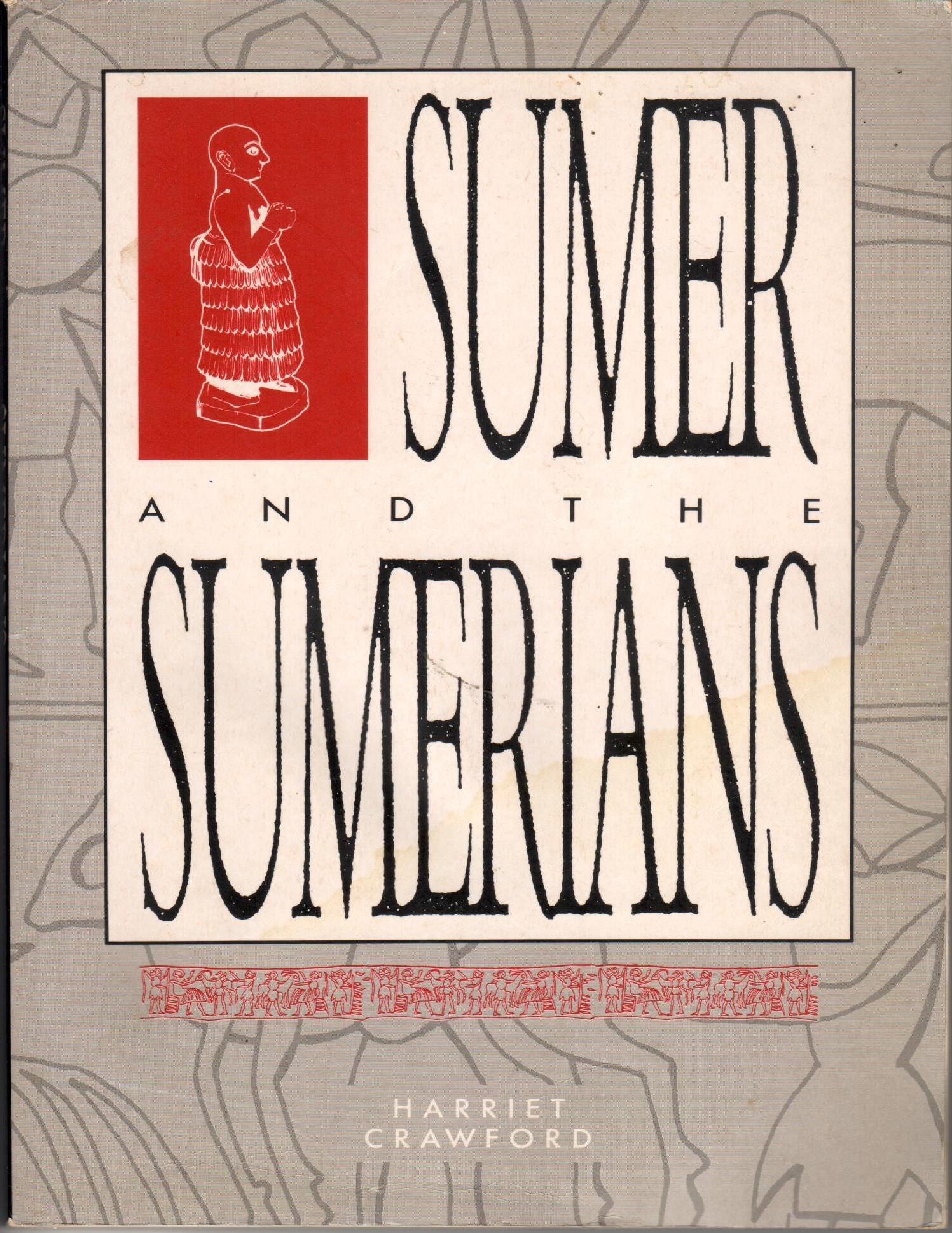
SUMER AND THE SUMERIANS
Circa 3000 BCE, the Sumerians invented cuneiform (wedge) writing on clay tablets as an administrative TOOL (commercial life) that developed quickly into literature (the Epic of Gilgamesh), mathematics and science.
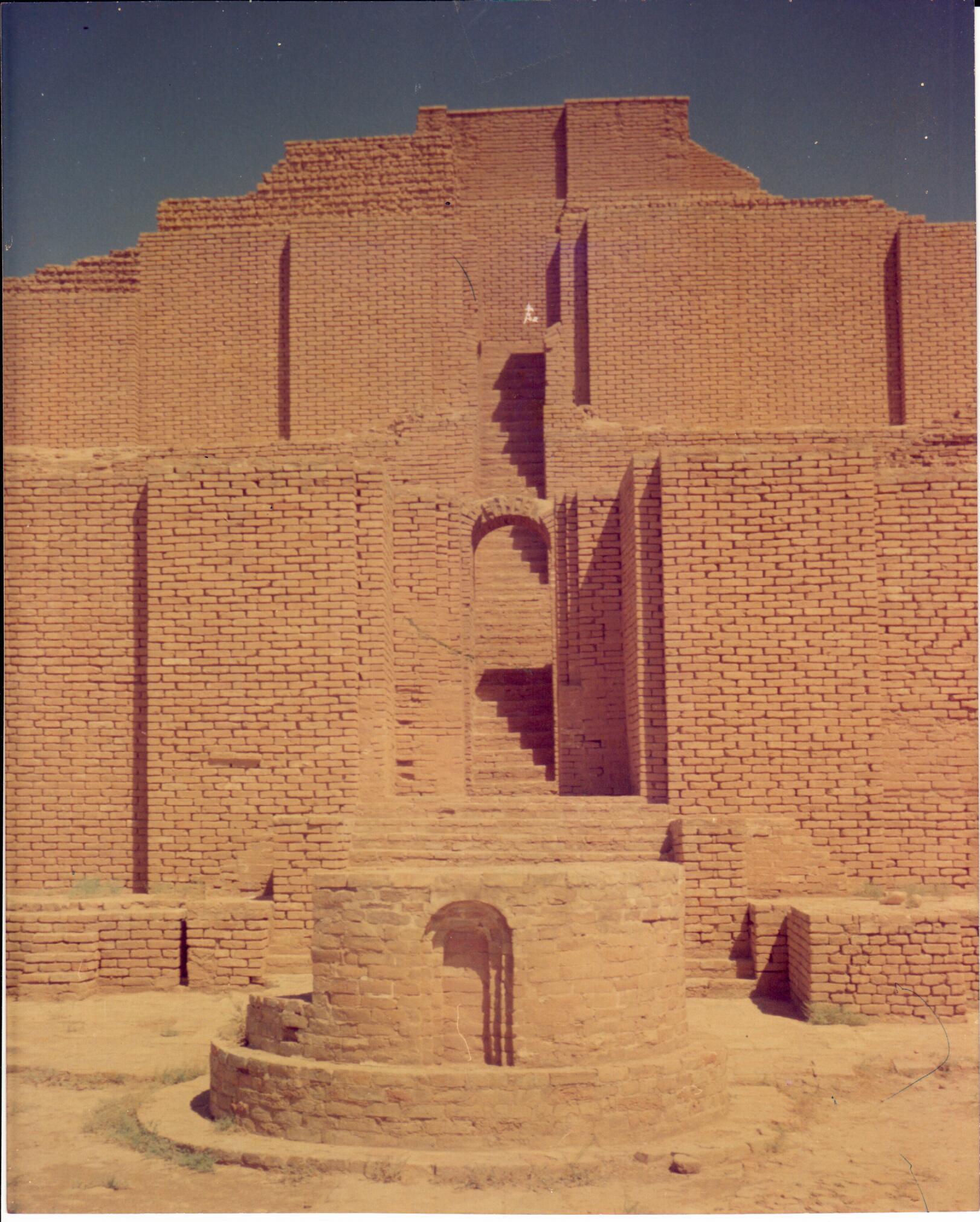
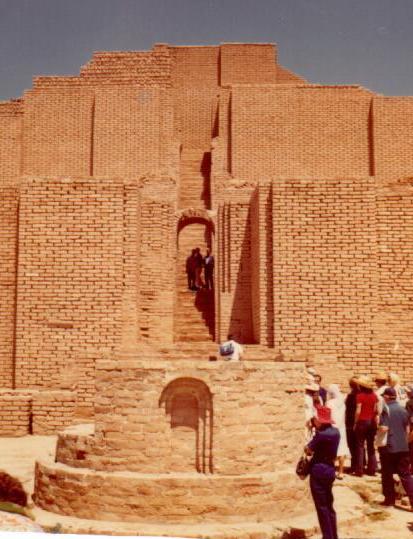
CHOGHA ZANBIL ZIGGURAT, near Susa
I took these photos in 1972
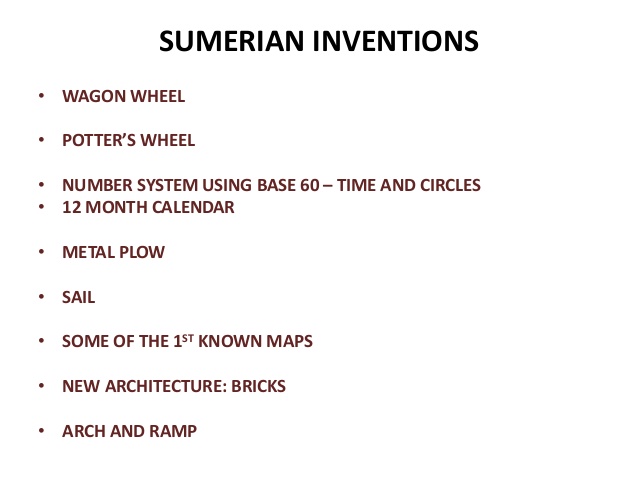
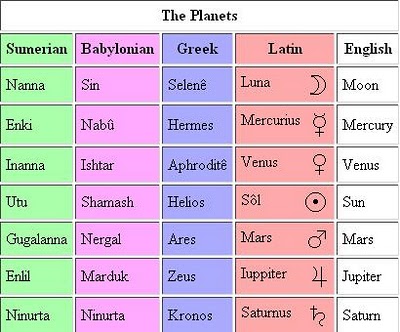
The Sumerian creation story:
When the gods had to toil for food.
ENLIL and the seven great Anunakki, children of god AN, made the IGIGI, fifty junior gods, WORK—by digging the river and canals on which agricultural prosperity depended. For forty years they toiled, and then they rebelled, confronting ENLIL at night when they surrounded his temple proclaiming WAR.
ENLIL told his vizier Nusku to take up arms and defend him but Nusku was reluctant. ENLIL then ordered him to fetch AN from heaven, and ENKI as well as the Anunakki. ENLIL told them that the IGIGI had come right up to his gates. AN suggested that Nusku find out why they were disgruntled.
So, Nusku told the IGIGI that AN and ENLIL wanted to know who the instigator was of this declared war. The IGIGI replied that all of them declared war because of their hard WORK—they suffered distress and felt exploited; they even destroyed their tools!
ENLIL’S eyes filled with tears upon hearing of their hardships and asked AN to summon a god and kill him. Well, AN ordered the Anunakki to fetch birth-goddess Belet-ili: Mami/Ninhursag. Then ENKI addressed the gods, saying that Belet-ili should create LULLU. “Let Lullu bear the yoke, let MAN carry the toil of the gods.”
Mami, midwife of the gods, told the gods that to MAKE THINGS was the job of ENKI—for he cleansed everything. “Let ENKI give me the clay so that I can make LULLU,” Mami said.
ENKI revealed that on the first, seventh and fifteenth of the month he would MAKE a purifying bath. The god would be slaughtered and all the gods would be “cleaned” by a dipping. Let Belit-ili mix clay with his flesh and blood that god and man may be thoroughly mixed in the clay. Let there be Spirit from the god’s flesh. Let “IT” [spirit/breath?] proclaim LIVING MAN. The Anunakki wo administer destinies said YES.
So, Enki made a purifying bath. They slaughtered god WE who had “personality”. From his flesh and blood Mami mixed clay. She summoned the Anunakki and the IGIGI and they SPAT ON THE CLAY. Mami spoke: “You commanded me a task. I have completed it. You have slaughtered a god together with his personality. I have removed your heavy work. I have imposed your toil on man. I have loosed the yoke—I have established FREEDOM.
The gods kissed her feet, saying: “You are Mami. Now let your name be Mistress of ALL the gods: Belit-kala-ili” [Ninhursag, mother of all living things].
ENKI and the mother of all living things entered DUDU: the HOUSE OF DESTINY. And ENKI took the clay in her presence. She recited her incantation, ENKI seated before her. After she had finished her incantation, she nipped off FOURTEEN pieces of clay. Seven she put to her right [males] and seven to her left [females]. Between them she placed the “birthing-brick” and the cutter of the umbilical cord.
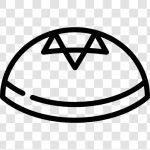
THE BIBLE: GENESIS 2;7
The Lord God formed the man from the dust of the ground and breathed into his nostrils the breath of life and the man became a LIVING BEING: A PERSON.
THE BIBLE: Book of Job 10: 8/9
Your hands shaped me and made me. Will you now turn and destroy me? Remember that you molded me like clay. Will you now turn me to dust again?
KORAN 55:16 – He created man from potter’s clay.
KORAN 96:1 – Recite in the name of your Lord who created man from clots of blood.
MAN is matter (clay) activated by the addition of DIVINE BLOOD
To DIE was to return to one’s CLAY
LIVING MAN is a memorial to the Slain God and his “spirit” likewise.

THE BIBLE: GENESIS 1:26-27
God said: Let us make man in our image, in our likeness.
So God created man in his image, male AND female he created them.
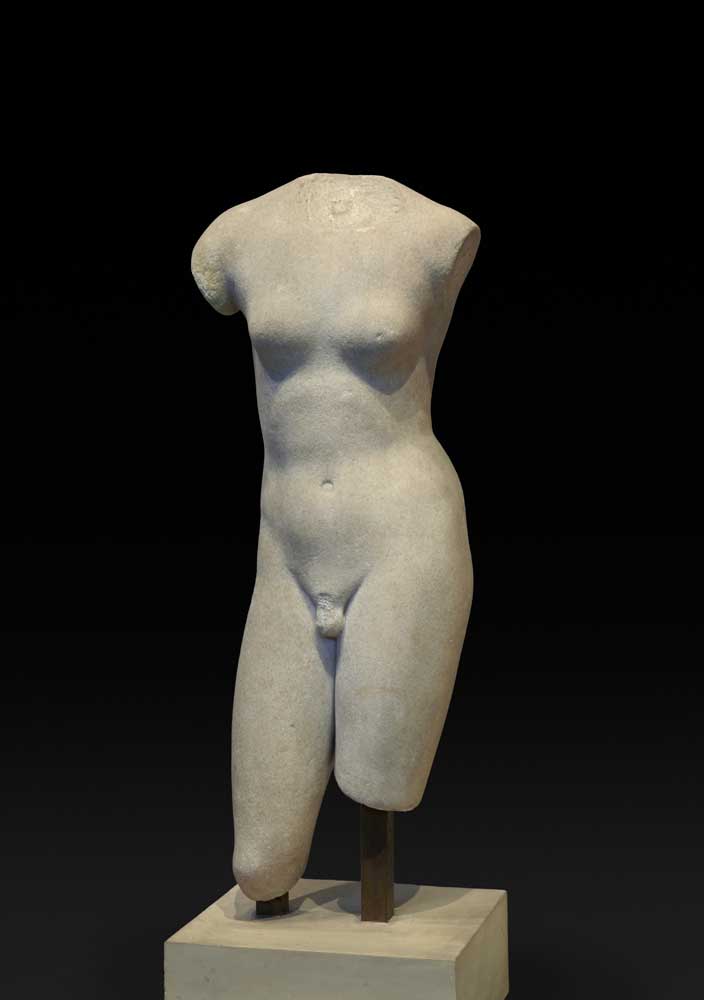
The LIFE of the universe was the CREATIVE WORD:
Language is not merely a mode of communication, it’s the outward expression of an unusual mode of thought: symbolic representation.
LANGUAGE is the doorway into our virtual world.

PLATO:
He was a wise man who invented God
THE TALMUD:
We do not SEE things as they are. We SEE them as we are.
LUDWIG FEUERBACH:
God was a projection of the needs of the human species
ERASMUS OF ROTTERDAM:
Religion is the cult of the invisible
NIETZSCHE:
Faith means the will to avoid knowing what is true
SCHOPENHAUER:
Every truth passes through three stages before it is recognized:
In the first it is ridiculed
In the second it is opposed
In the third it is regarded as self-evident.
ALBERT EINSTEIN;
Great spirits have always encountered violent opposition from mediocre minds
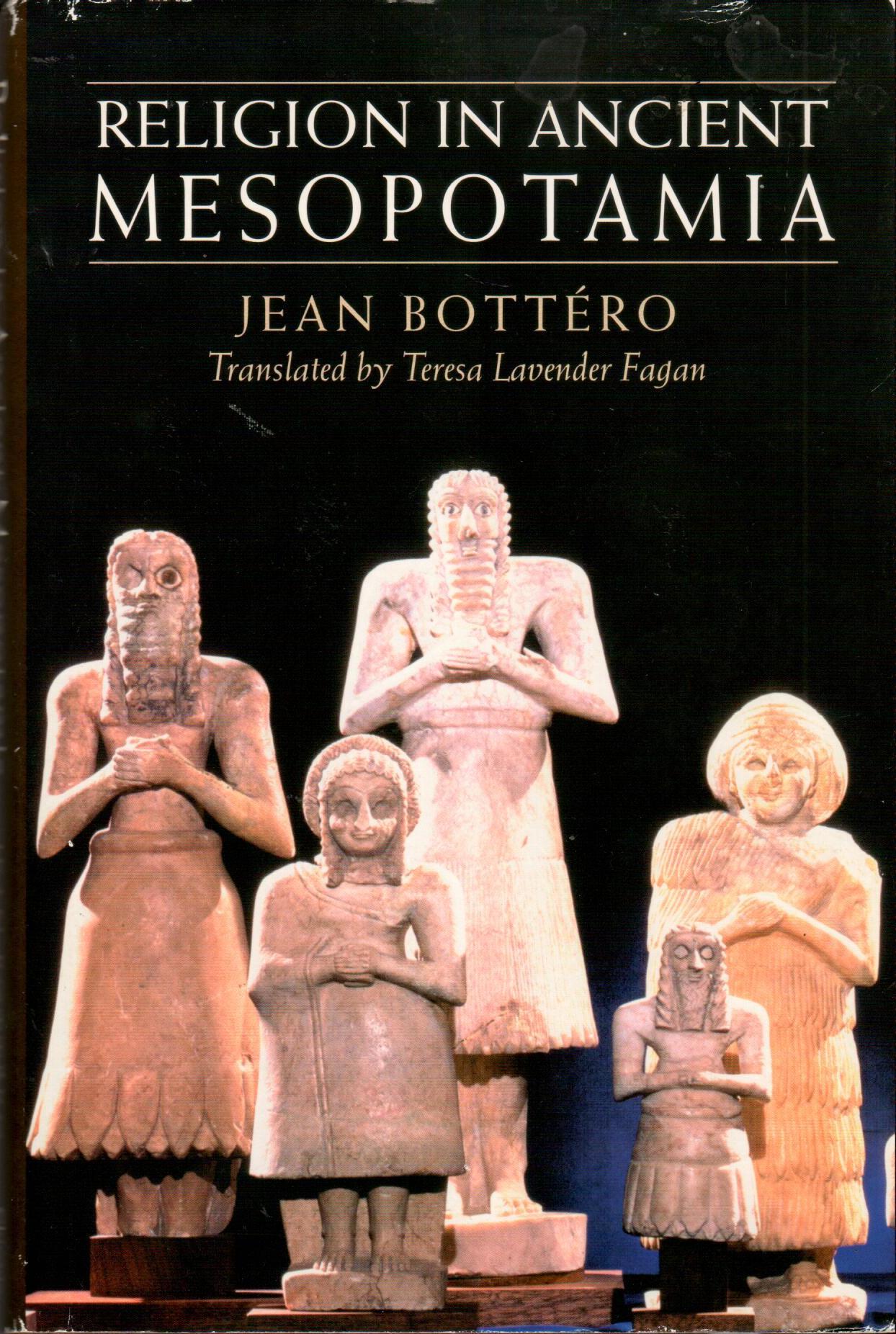
THE POWER OF THE IMAGE
GENESIS 31:19
When Laban had gone to shear his sheep, Rachel stole her father’s household gods.
EXODUS 20; 3/4
You shall have no other gods before me. You shall not make for yourself an idol in the form of anything in heaven above or on the earth beneath or in the waters below. You shall not bow down to them or worship them, for I, the Lord God am a jealous God.
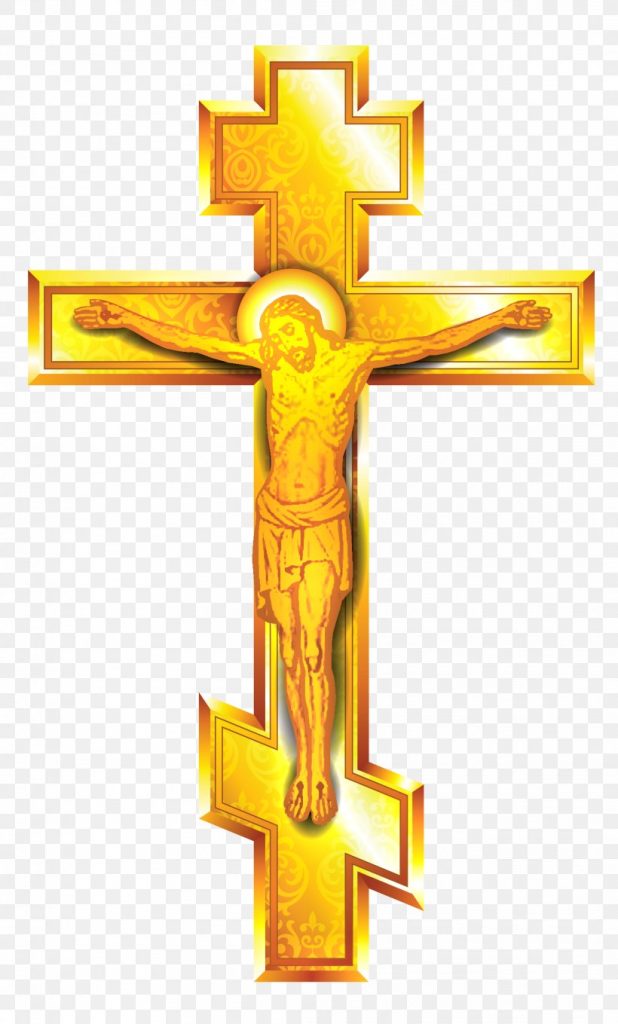
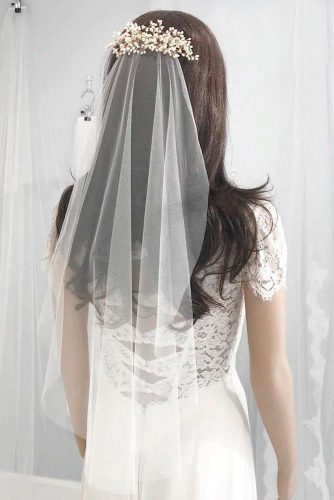
THE HISTORY OF THE “VEIL”
In the ancient Near East the custom regarding marriage:
The man would ask the woman to marry him. When she consented, he would take the veil (stole) from her shoulders (virginity) and drape it on her head; thereby she became his “property” and he had first claim to her children. Today’s religious custom is for the father of the bride to walk his veiled daughter to the altar where the groom waits. The couple stands together and exchange vows. Then the groom lifts her veil and they kiss; she becomes “his wife”.
GENESIS 24: Isaac and Rebekah
—65/So she took her veil and covered herself—67/Isaac brought her into the tent of his mother Sarah and he married Rebekah; she became his wife.
GENESIS 38: Judah and Tamar
—15/When Judah saw her, he thought she was a prostitute, for she had covered her face. He went to her and said: Come now, let me sleep with you. And what will you give me to sleep with you? she asked. He promised her a young goat. She replied: Will you give me something as a pledge until you send it? He gave her his seal and its cord and the staff in his hand. And so, he slept with her. 21/Where is the shrine prostitute who was beside the road to Enaim, Judah asked the men who lived there. They replied: There hasn’t been any shrine prostitute here. 24/About three months later, Judah was told that his daughter-in-law Tamar was guilty of prostitution because she was pregnant. Judah said: Bring her out and have her burned to death. Tamar sent Judah the message that she was pregnant by the man who was the owner of this staff, cord and seal.
Temple prostitution was sacred
Temple prostitution provided income for the maintenance of staff and laborers.
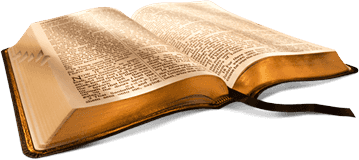
A religion cannot become a global faith without books to teach
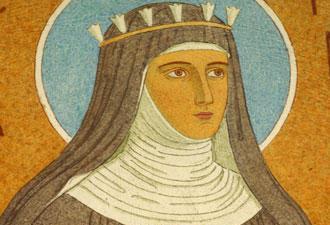
Hildegard of Bingen, also known as Saint Hildegard and the Sibyl of the Rhine, was a German Benedictine abbess and polymath active as a writer, composer, philosopher, mystic, visionary, and as a medical writer and practitioner during the High Middle Ages. [1098—1179]
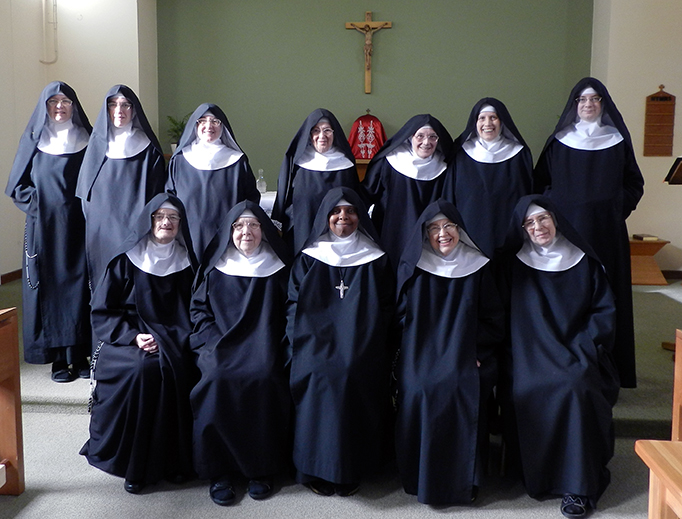
21st-century monastic nuns
December
HAIR and its COVERING was a clue to IDENTITY: ethnicity/class/marital status or RELIGIOUS CALLING
Upon entering a religious order female novices were required to shave their heads. They covered their heads with a veil or a woolen cap if they lived in a cold place.
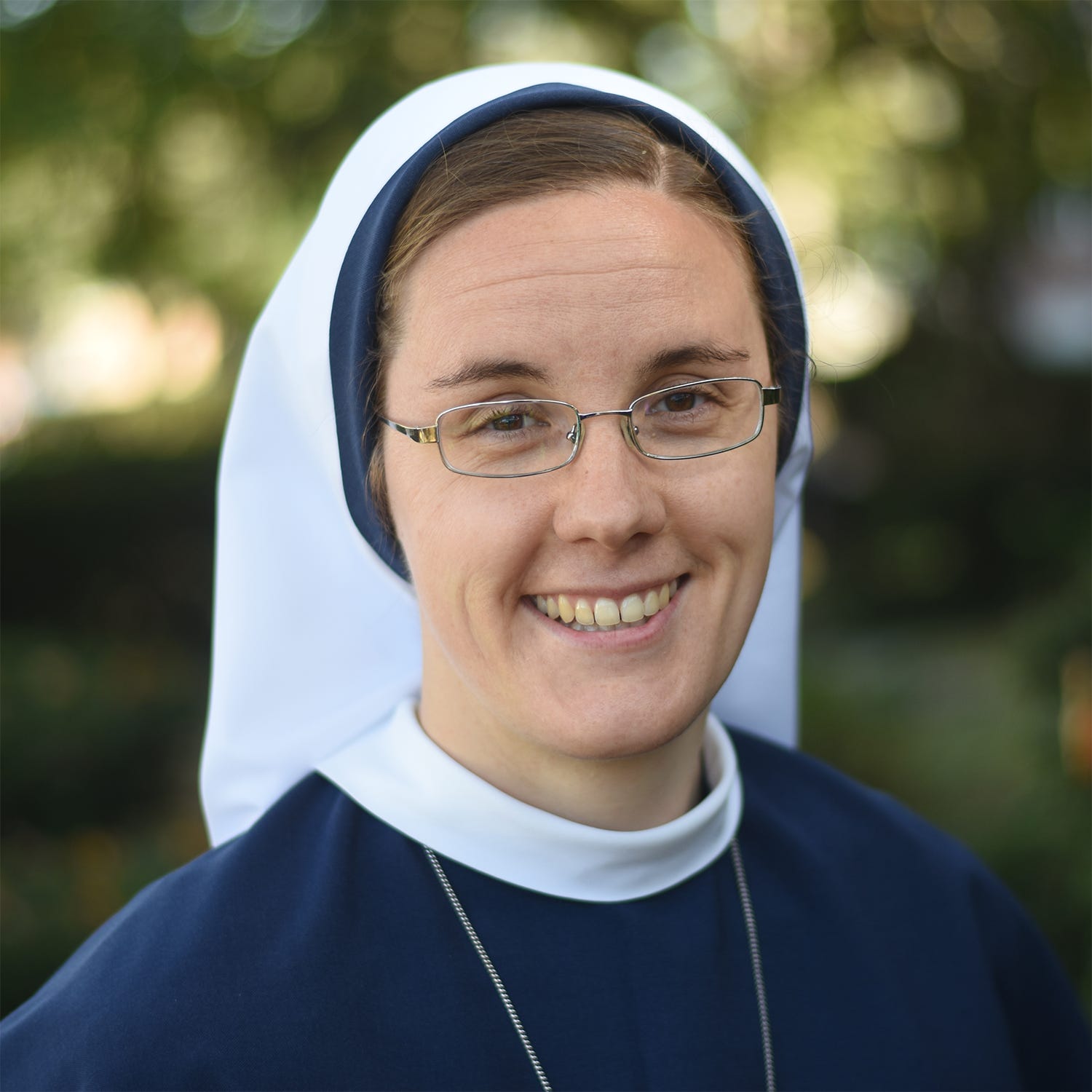
A “nun” today
Unlike Judaism, Catholism allows women to be nuns
NEW TESTAMENT: 1 Corinthians 11:
11:5—And every woman who prays or prophecies with her head uncovered dishonors her head—it is just as though her head were shaved. [After their wedding Orthodox Jewish women do not show their hair in public]
11;7—A man ought not to cover his head, since he is the image of God; but the woman is the glory of man.
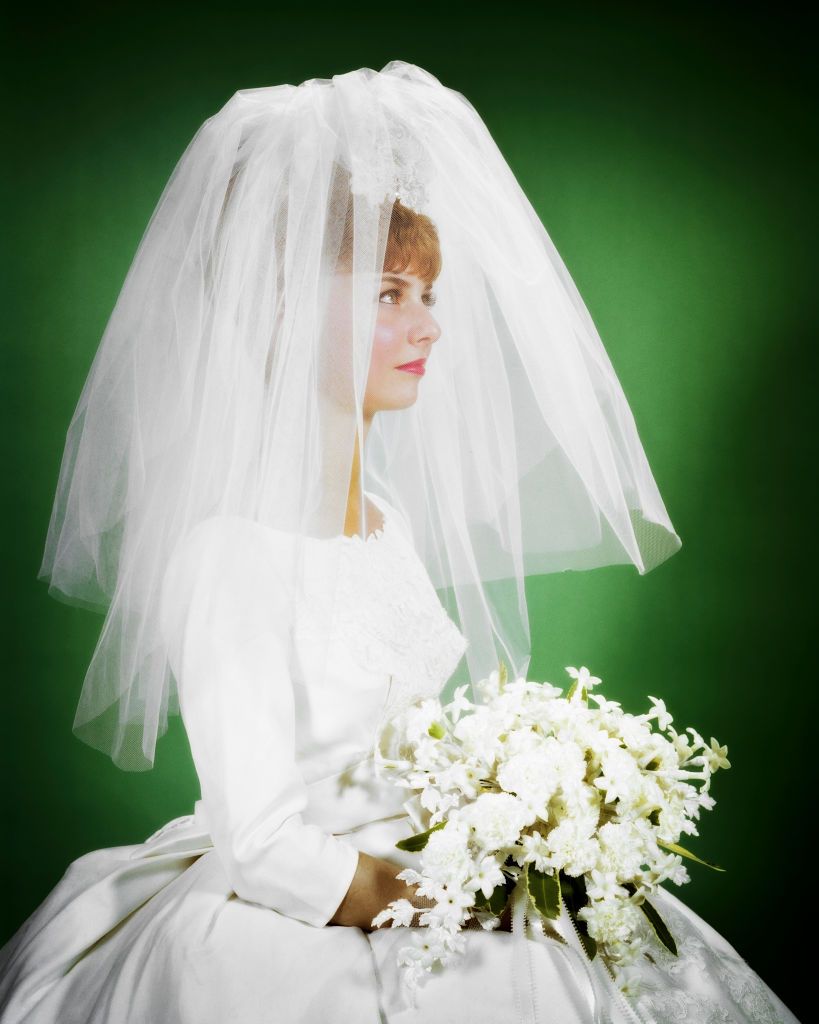
Roman Catholic and Protestant formal church wedding attire
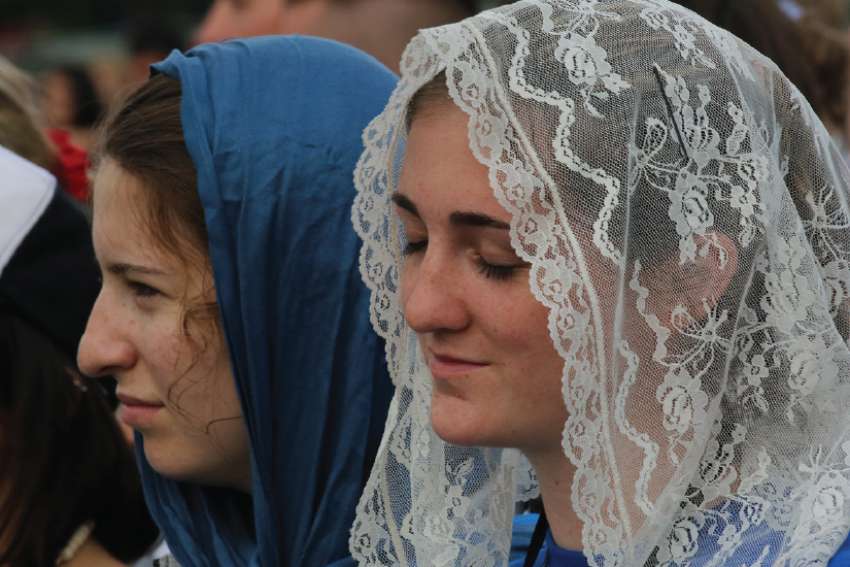
Head covering: mantelets—lace or cloth, when praying
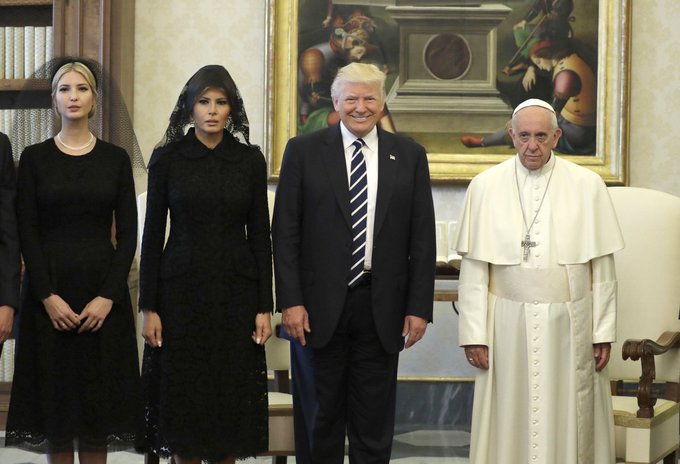
Women wear a “mantelletta” when visiting the Pope

21st church wedding veil—(a remnant of the past)

The bride wears a floral wreath in lieu of a veil at outdoor weddings
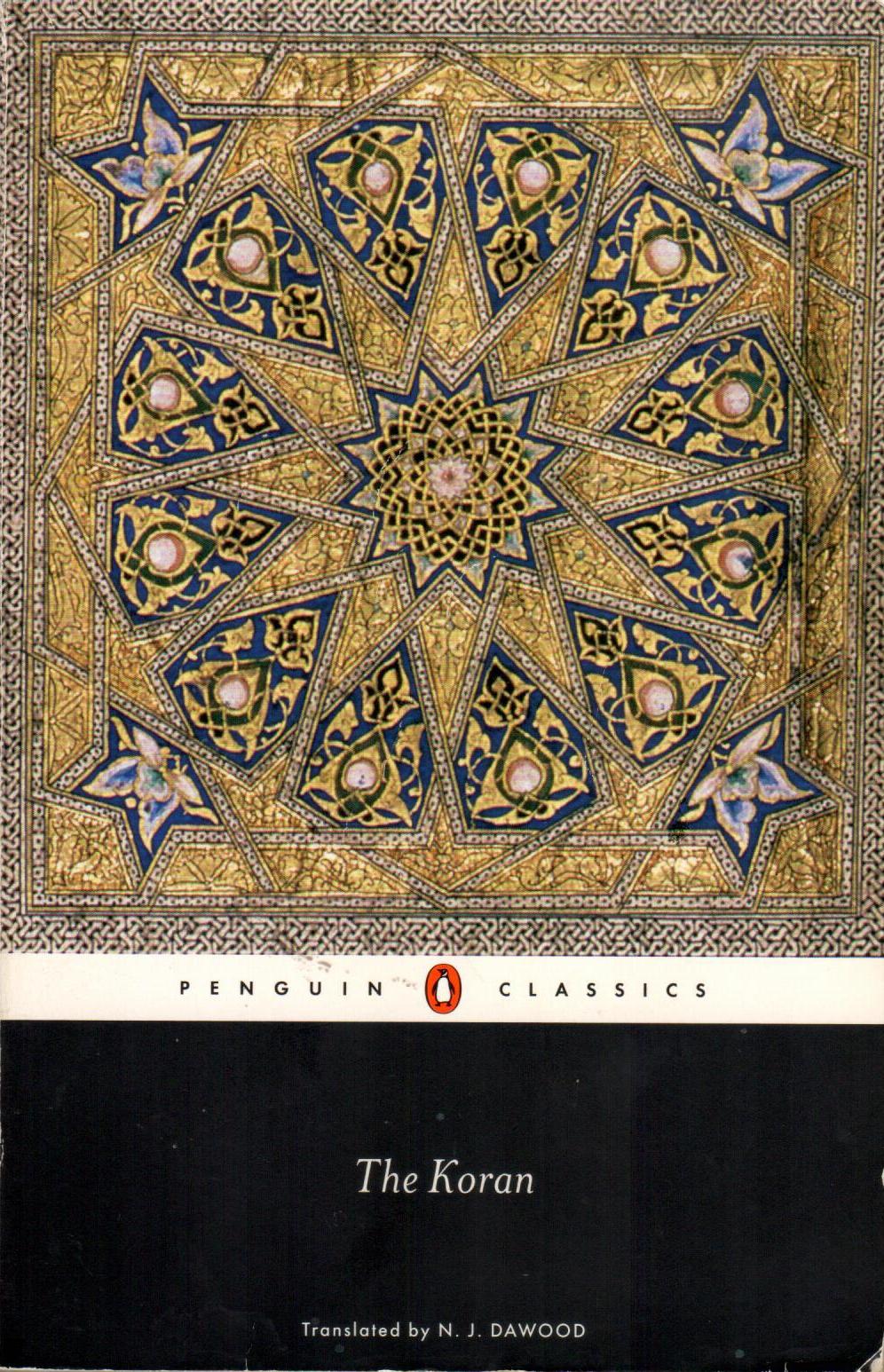
33:59
Prophet, enjoin your wives, your daughters and the wives of true believers to draw their veils close round them. That is more proper, so that THEY may be recognized and NOT BE MOLESTED.
In those days in Arabia, all women were wearing the same attire. Allah urging “true believer women” to draw their veils close round them was practical advice. True believer men would notice “in plain sight” true believer veiled women, and therefore would not molest them.

Religious identity
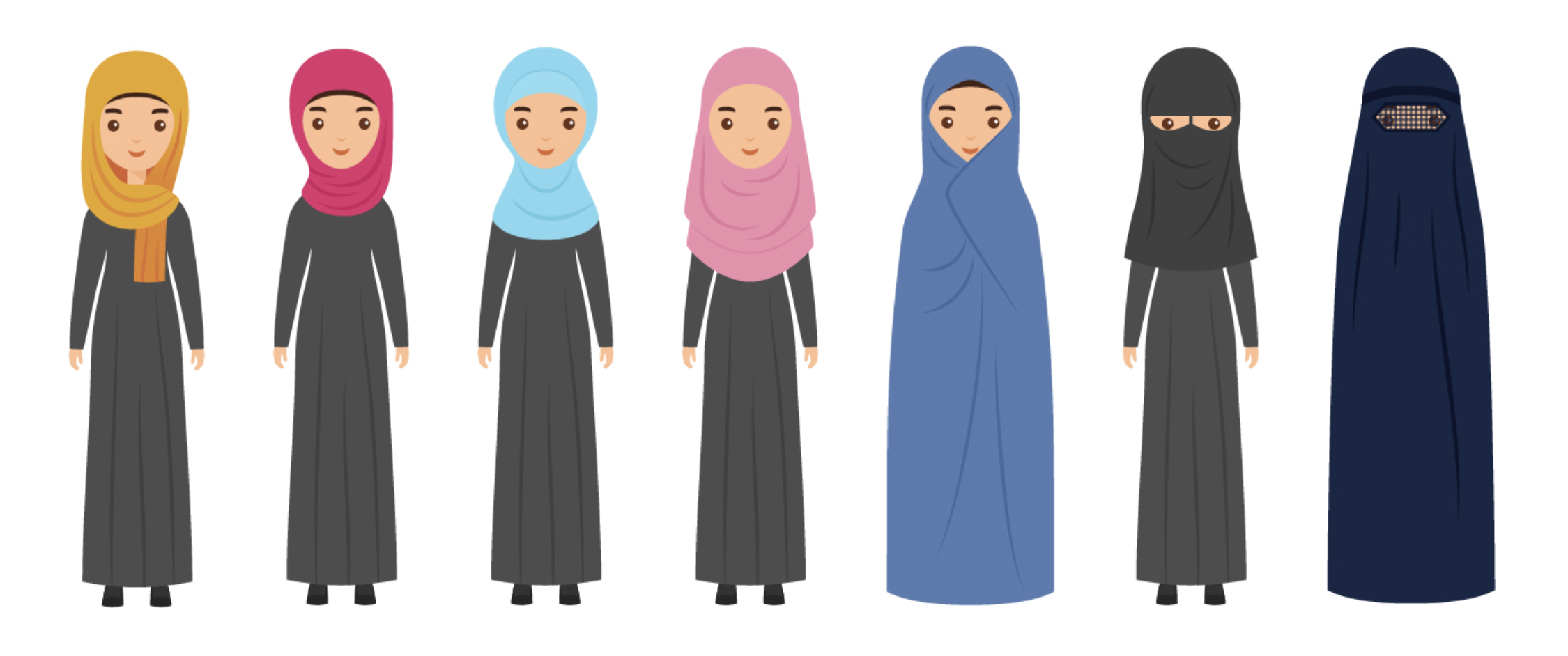
THE FLAG OF ISLAM

In a multicultural environment conspicuous religious headgear is an outward symbol of segregation which may set the stage for challenges.
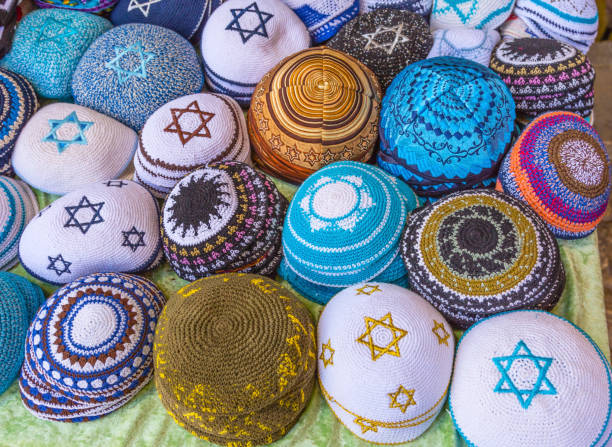
The skullcap—kippah or yarmulke
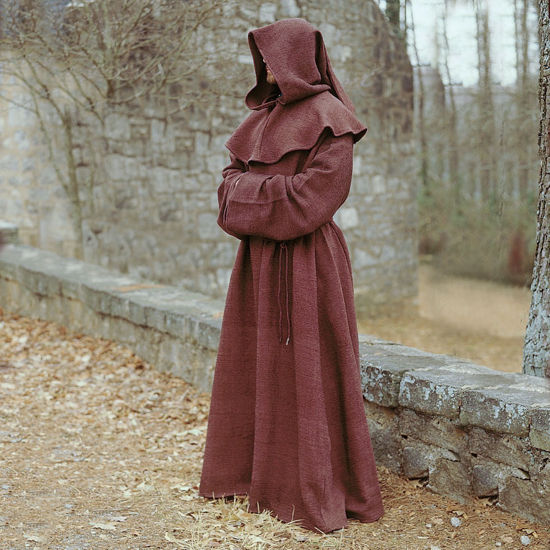
Upon entering a religious order male novices were required to shave their beards as well as heads in “the apostolic tonsure”—the practice of cutting or shaving some or all of the hair on the scalp as a sign of religious devotion or humility.
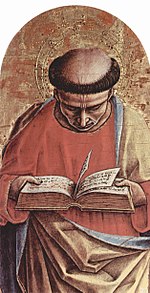
If man has no hope then man ceases to belong to the future
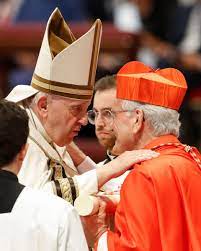
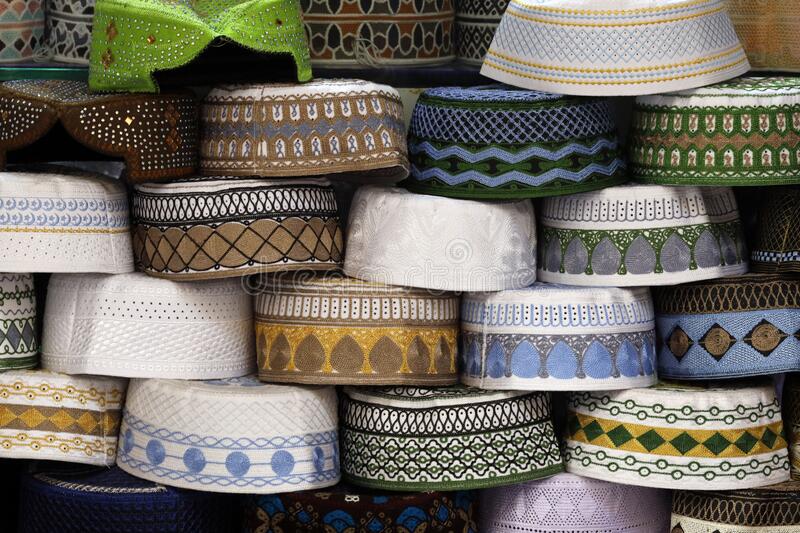
The KUFI—Muslim prayer cap

THE POWER OF THE IMAGE
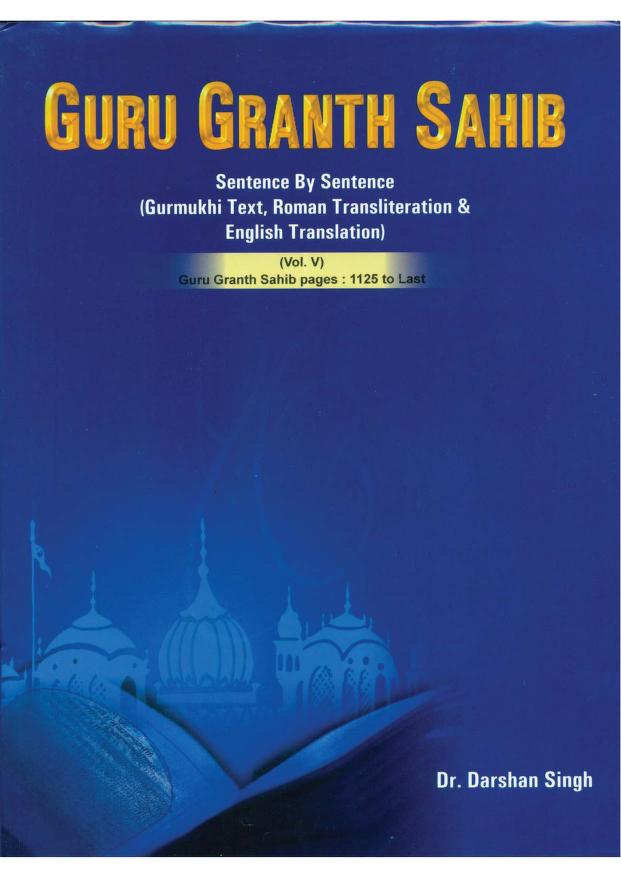
The Sikh deity is gender free and eternal
Believe in rebirth and karma
INDIA:
Circa 1500 CE—Guru NANAK (the lamp of divine FIRE) taught that true disaster on this planet was not an earthquake, volcano or tsunami but human ignorance.
Guru NANAK dressed unconventionally for a spiritual person: He designed his own wardrobe so as not to be identified with any particular faith: like a Muslim fakir or a Hindu saint.
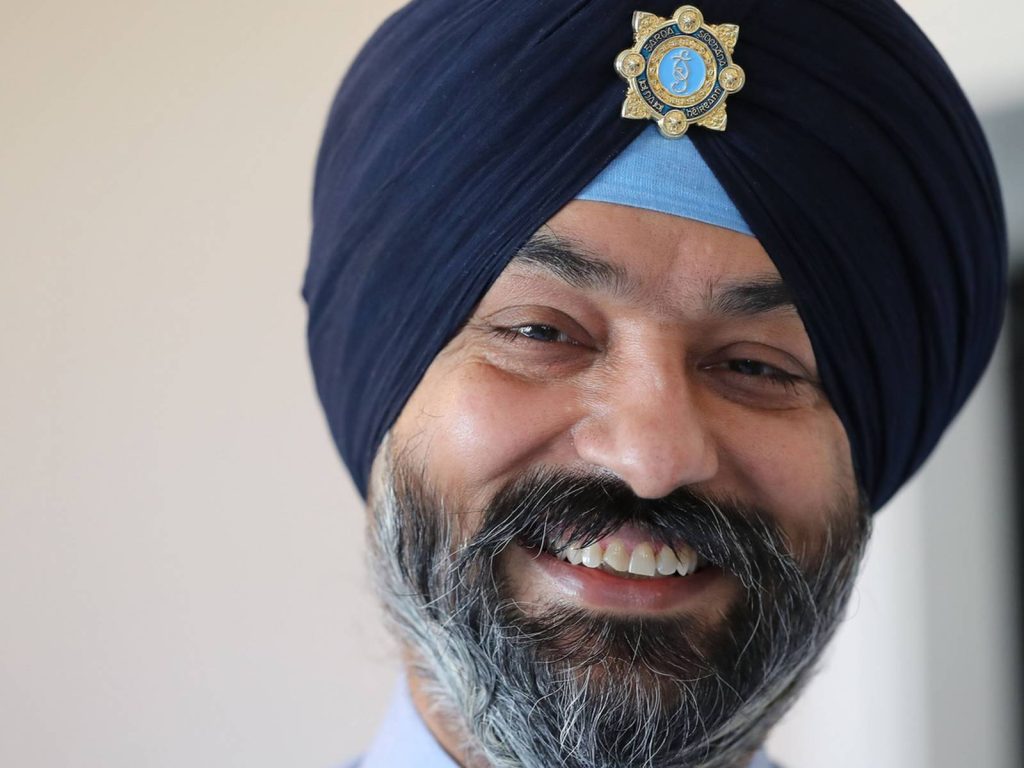
The 10th guru, Guru Gobind Singh (born December 1666) ordered his followers to wear a turban and never cut their hair. He attempted to create a unique separate identity for ordinary Sikhs as until that time there was no way of distinguishing them from Hindus and Muslims.

HANS KUNG--1928-2021
Swiss Catholic priest, theologian and author
THERE WILL BE NO PEACE AMONG NATIONS
WITHOUT PEACE AMONG RELIGIONS
AND
THERE WILL BE NO PEACE AMONG RELIGIONS
WITHOUT DIALOGUE AMONG RELIGIONS

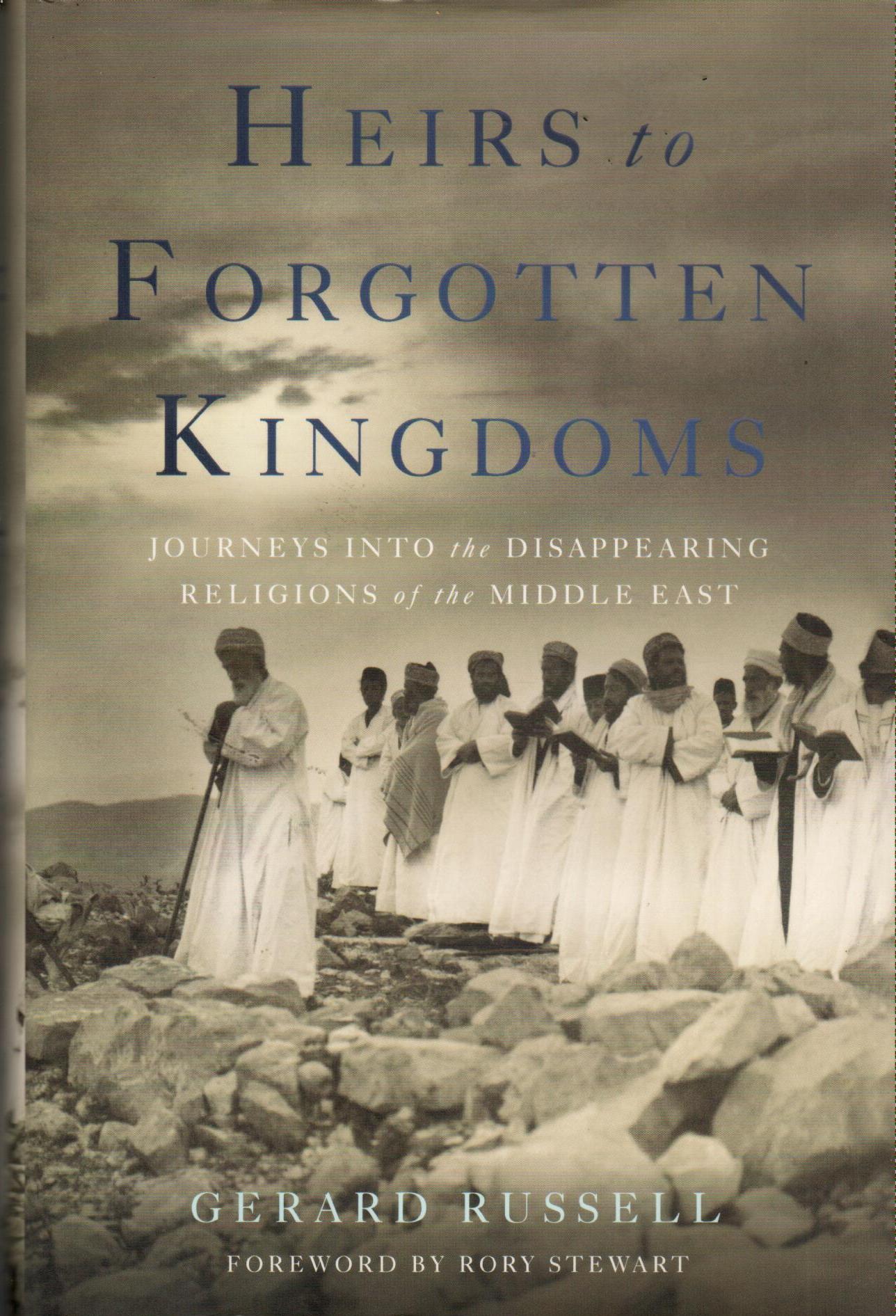
The disappearing religions of the Middle East:
the Mandaeans—Yazidis—Zoroastrians—Druze—
Samaritans—Copts—Kalasha
BLESSED ARE THE PEACEMAKERS

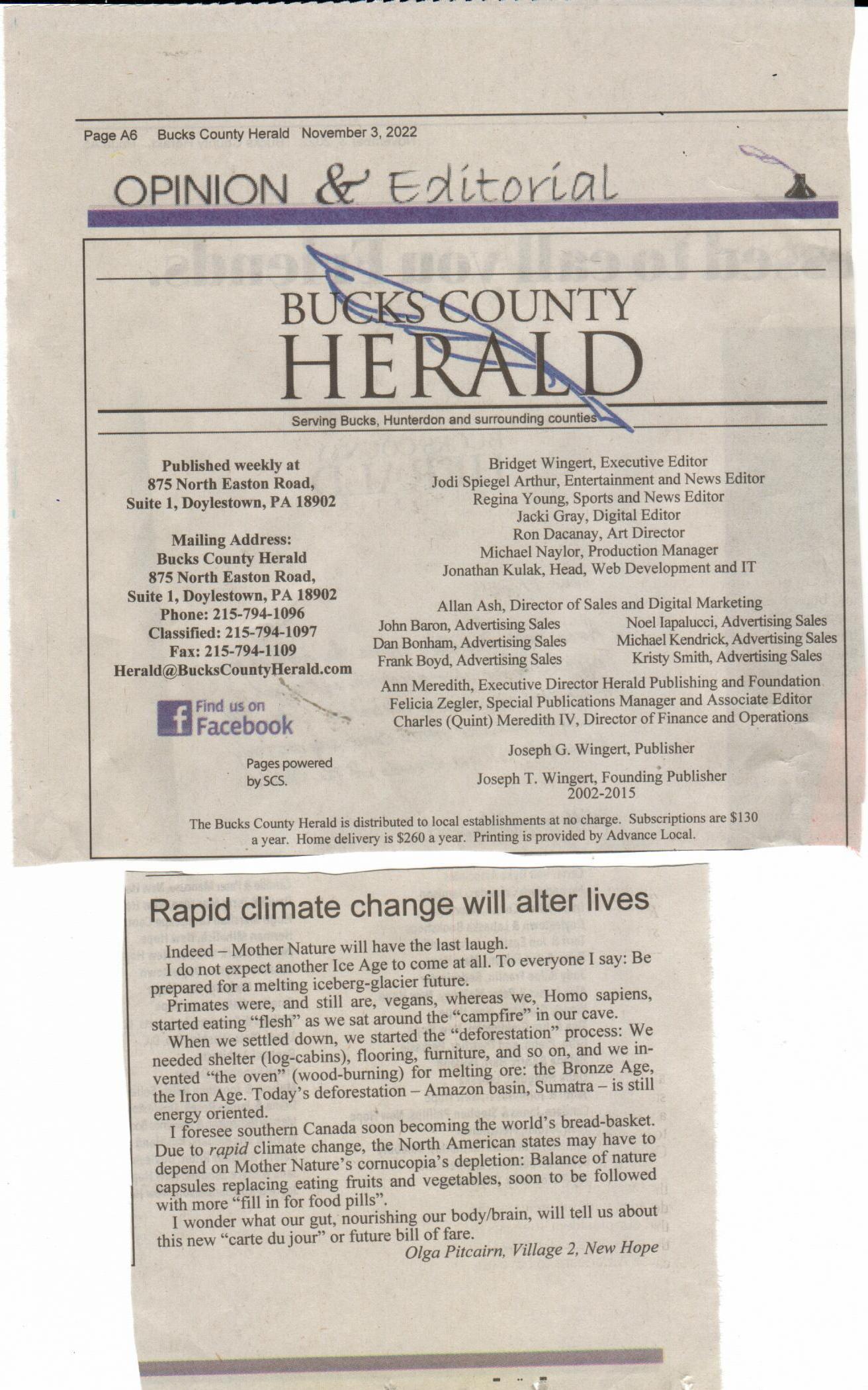
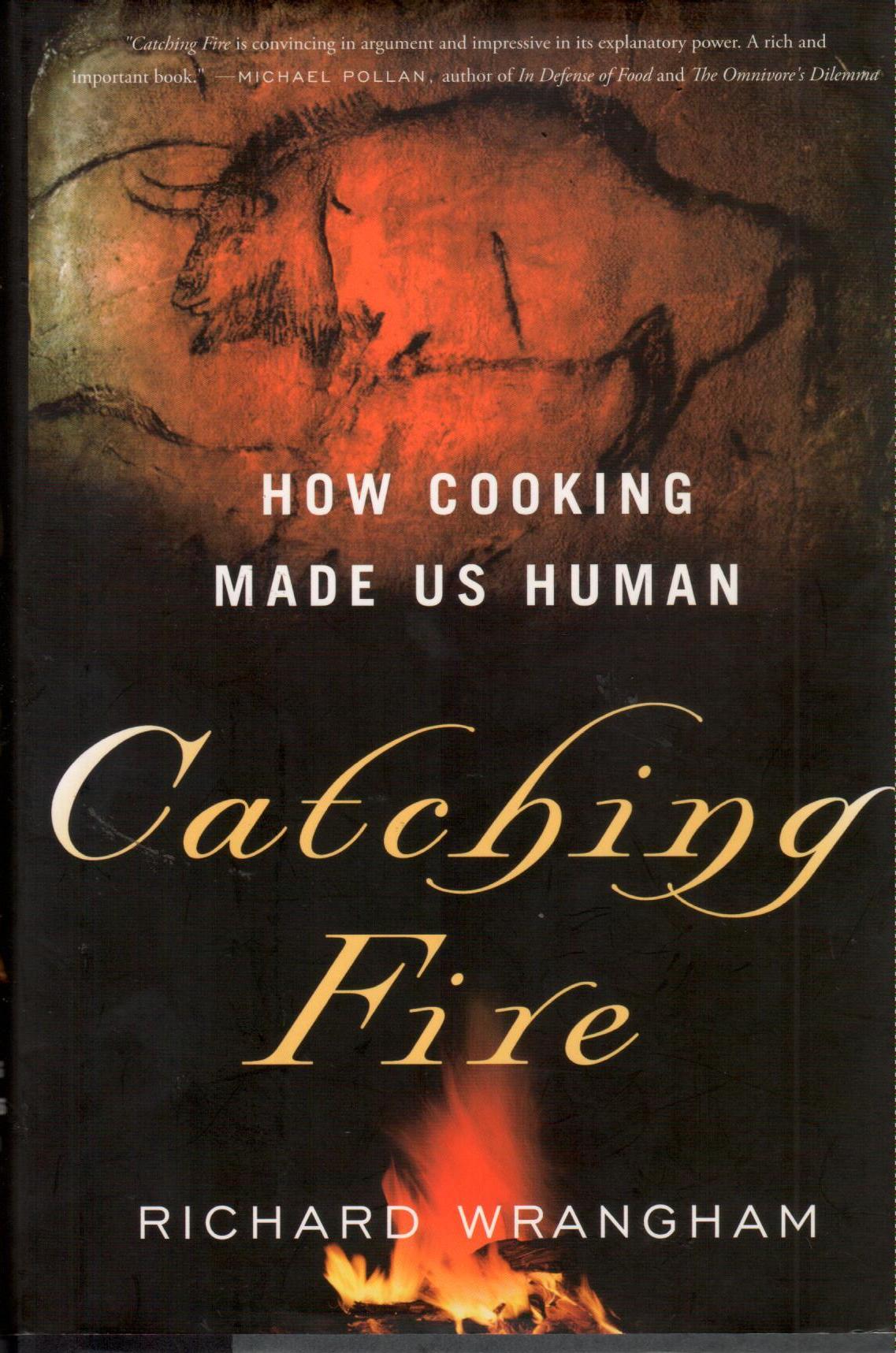
Man does not live on what he eats but on what he (his gut) digests:
ENERGY FOODS:
Raw starch vs cooked starch
Raw protein vs cooked protein
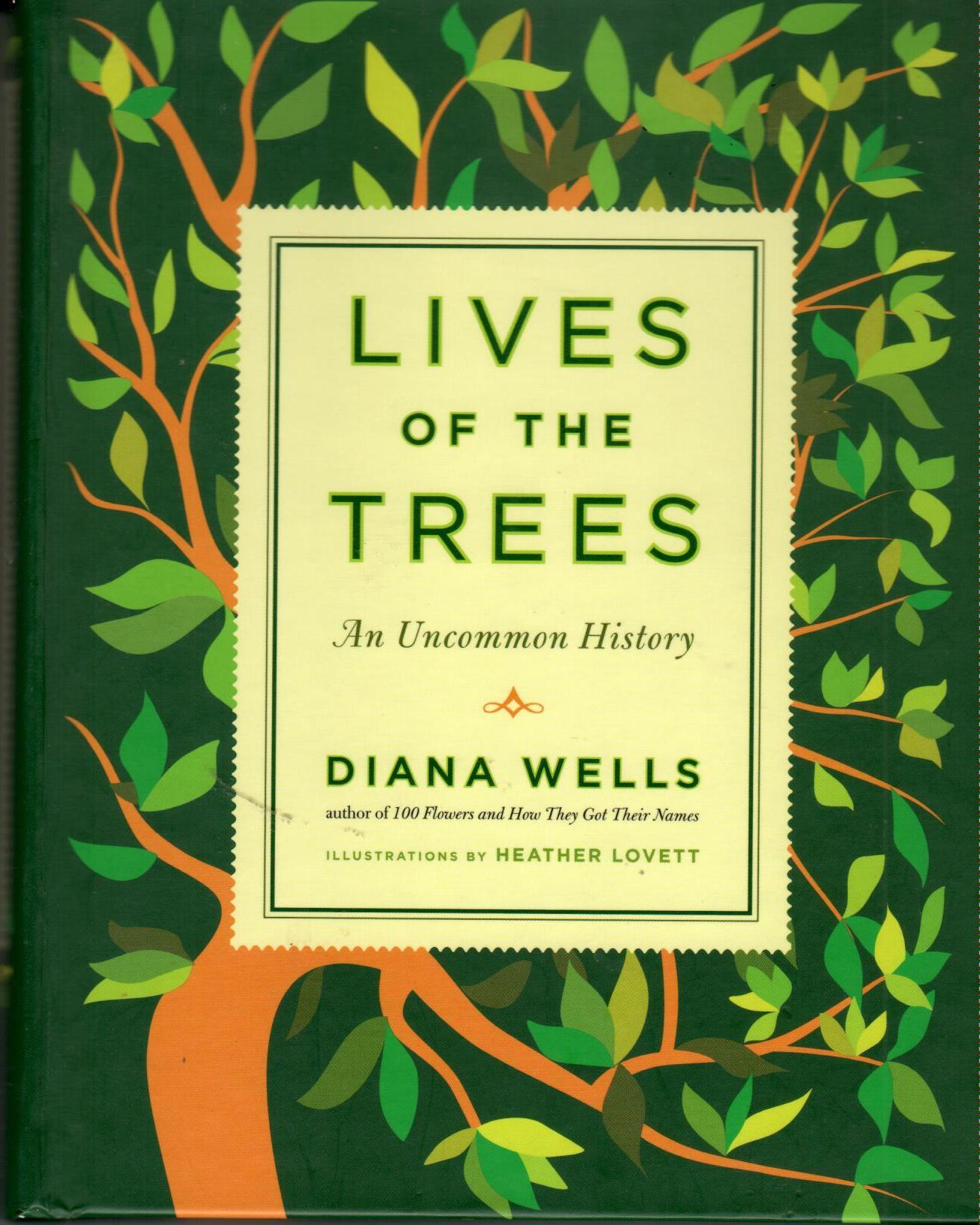
I have three peace lily plants in my living room:
We depend (symbiosis) on each other to live in harmony.
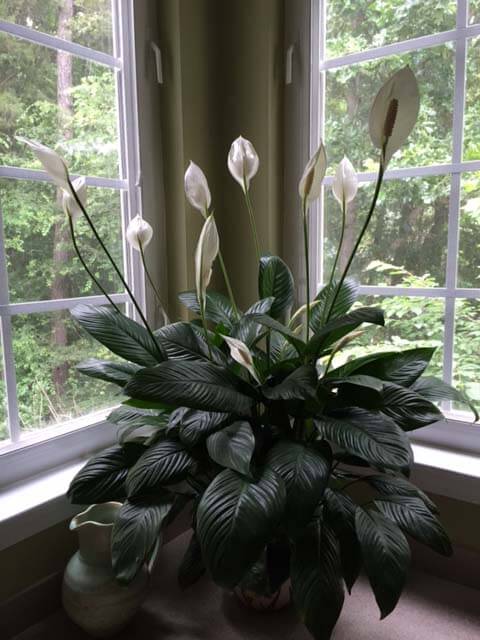
PLEASE PLANT A TREE
